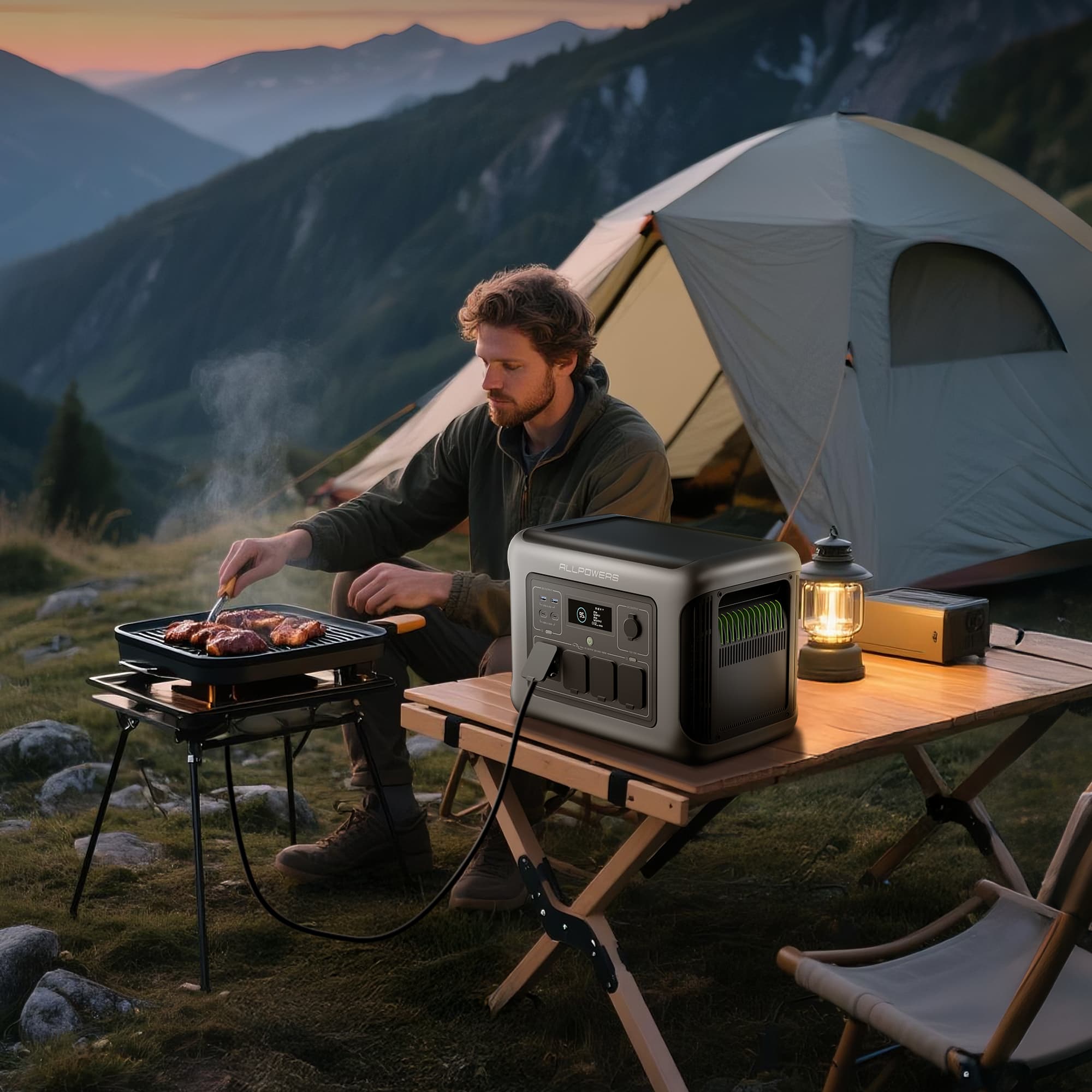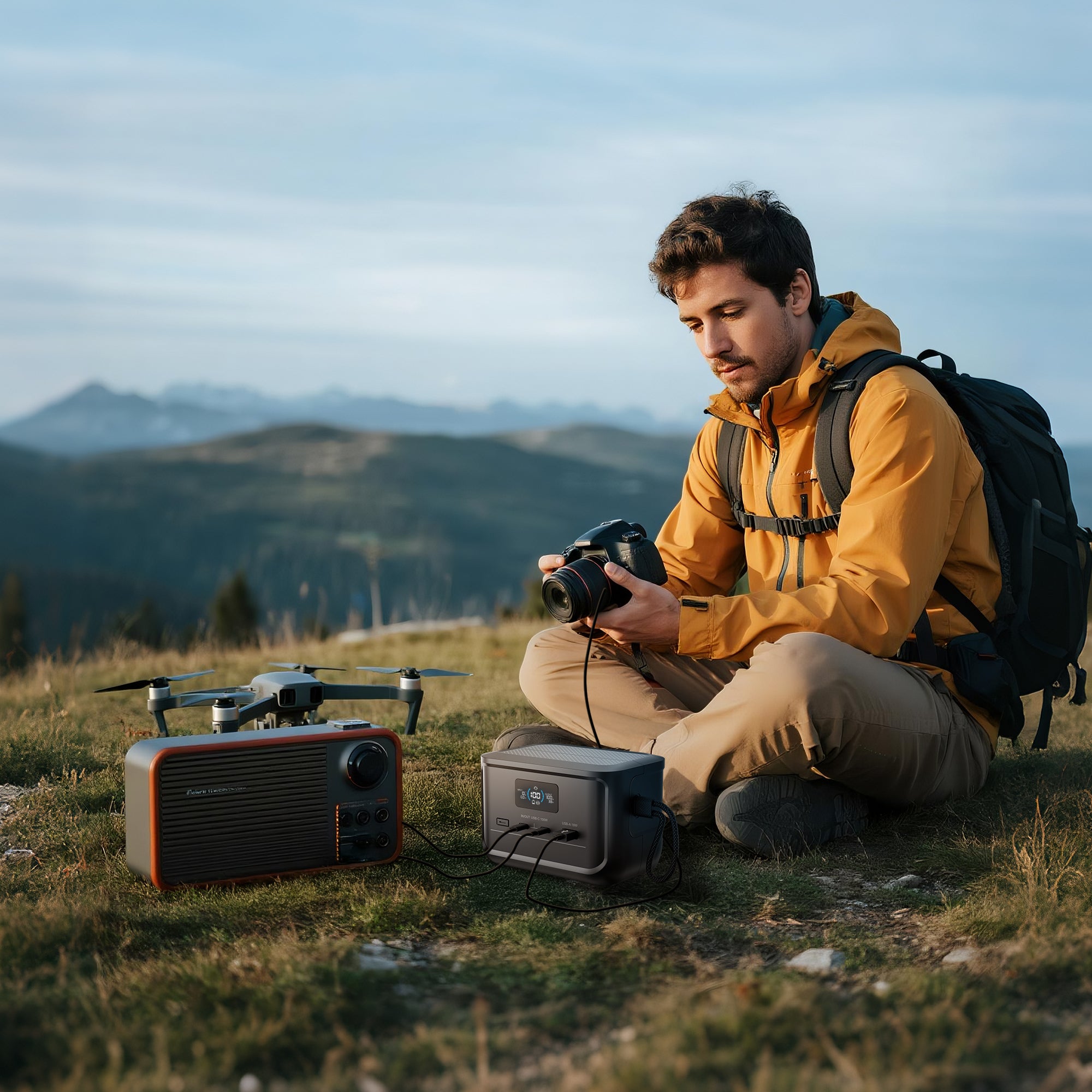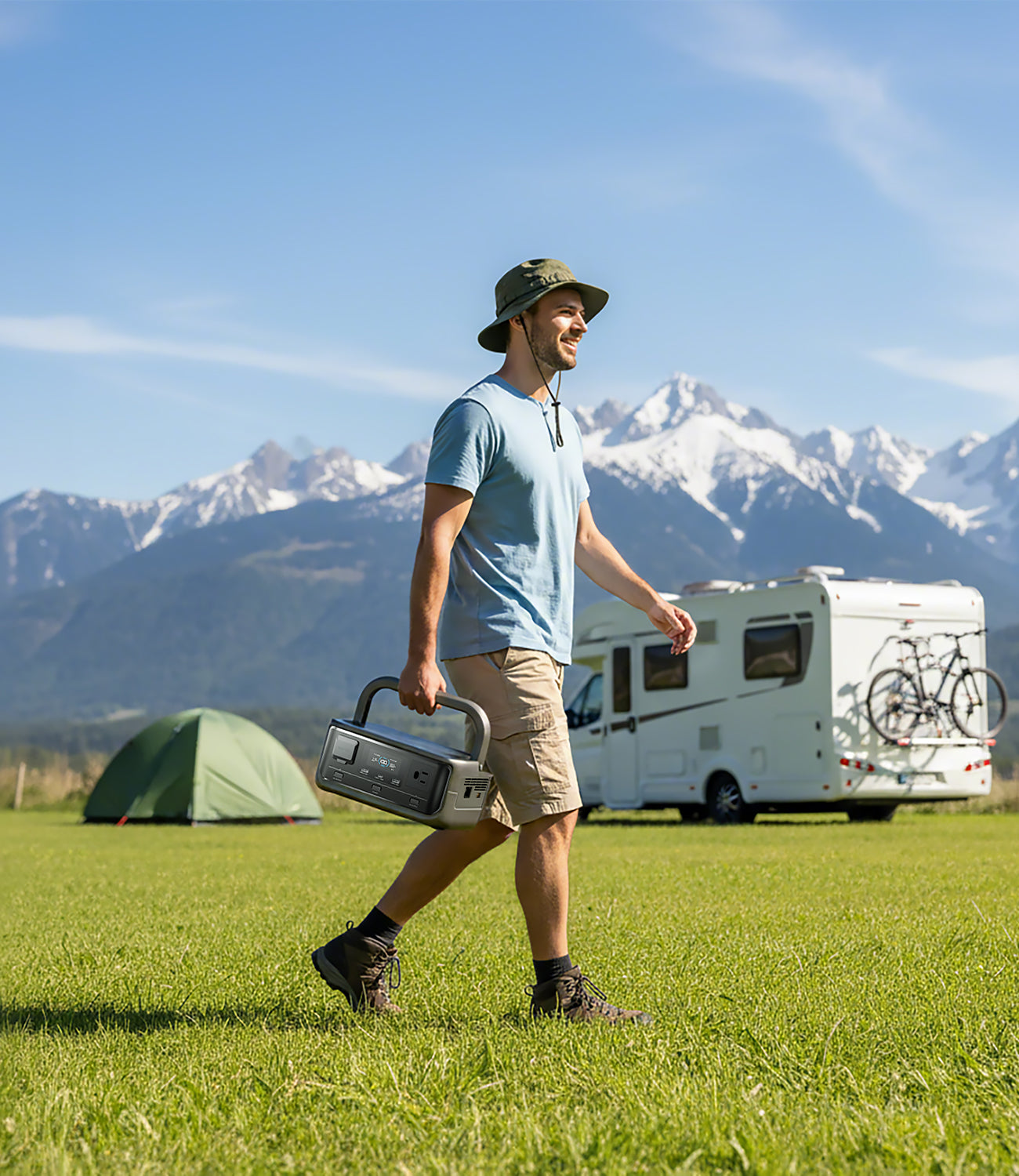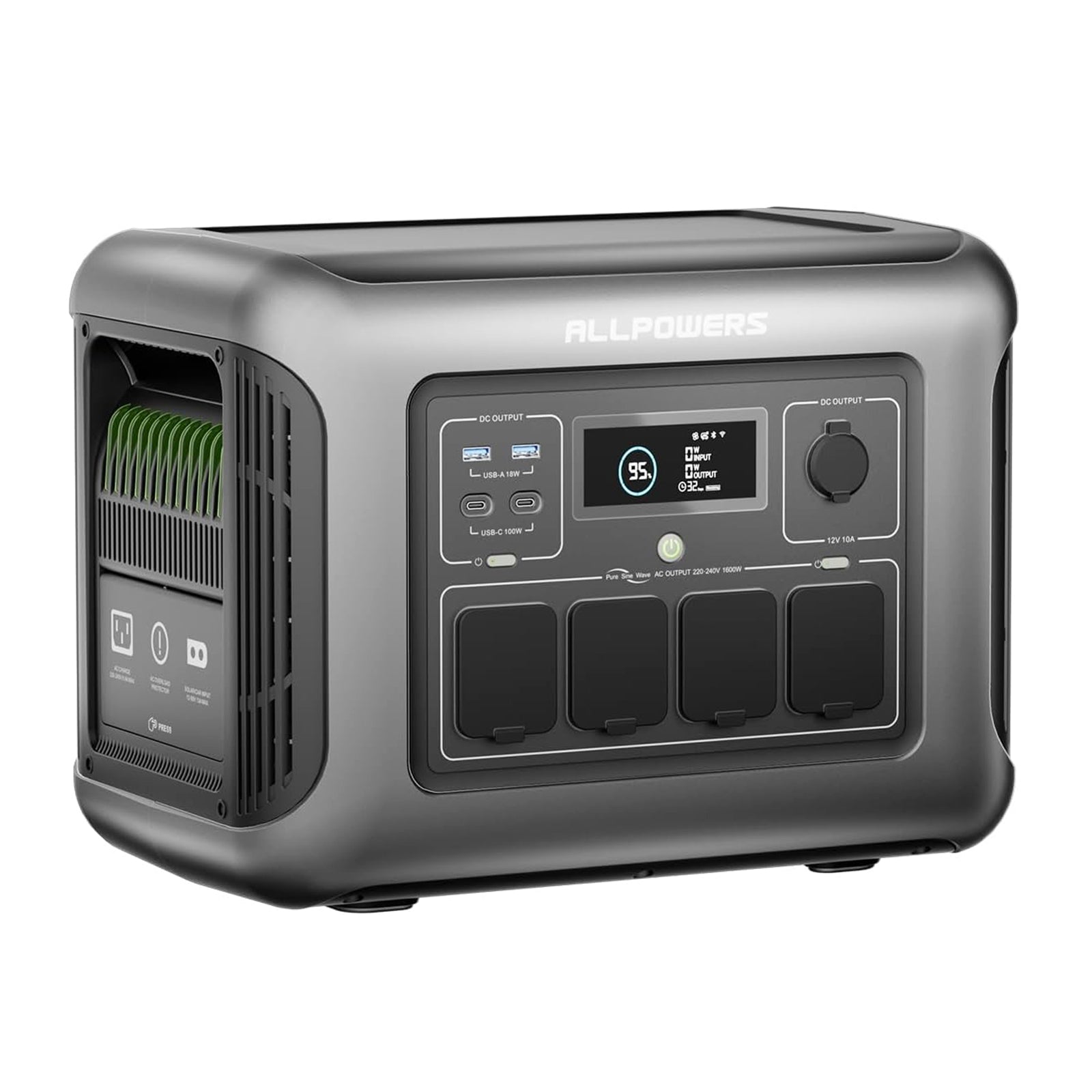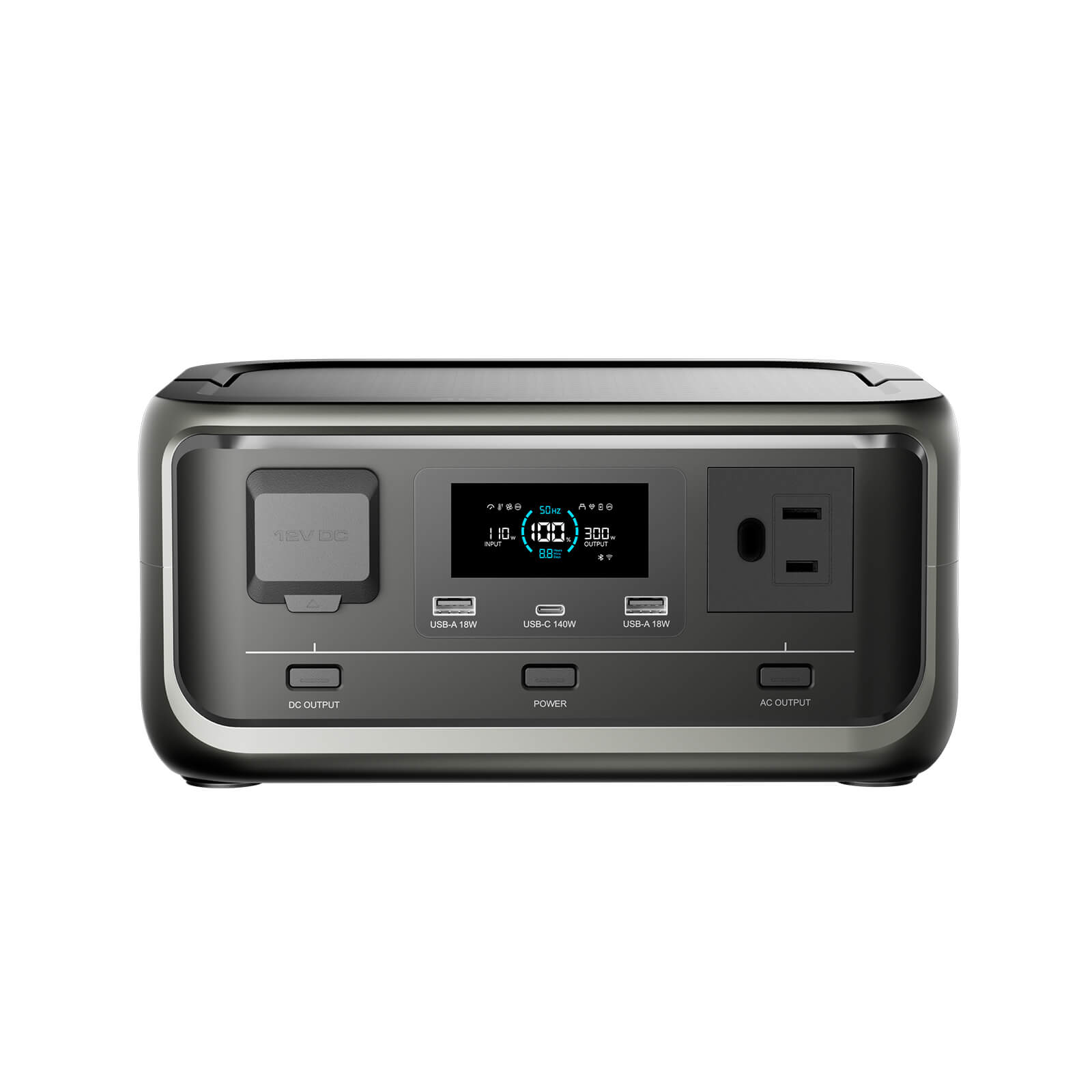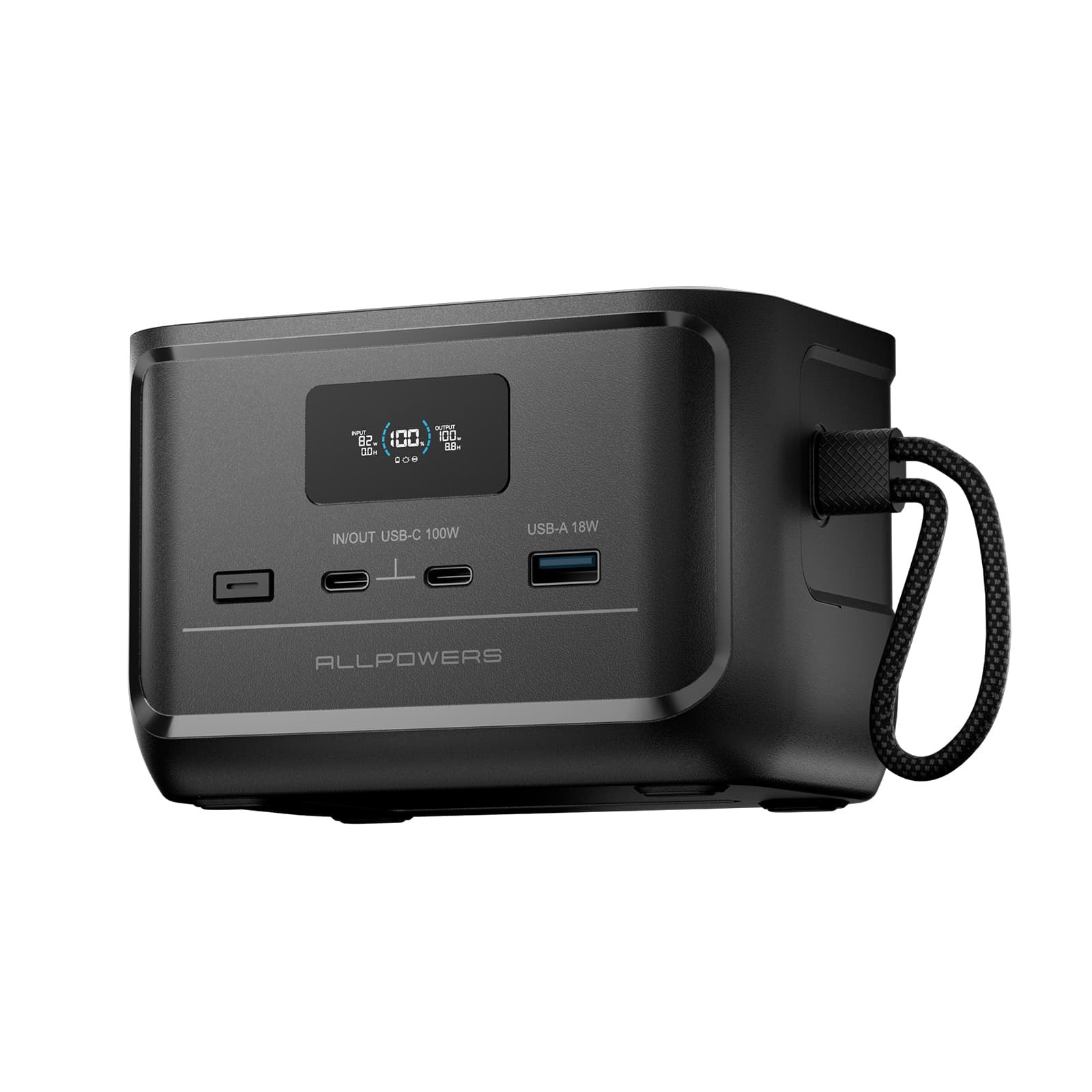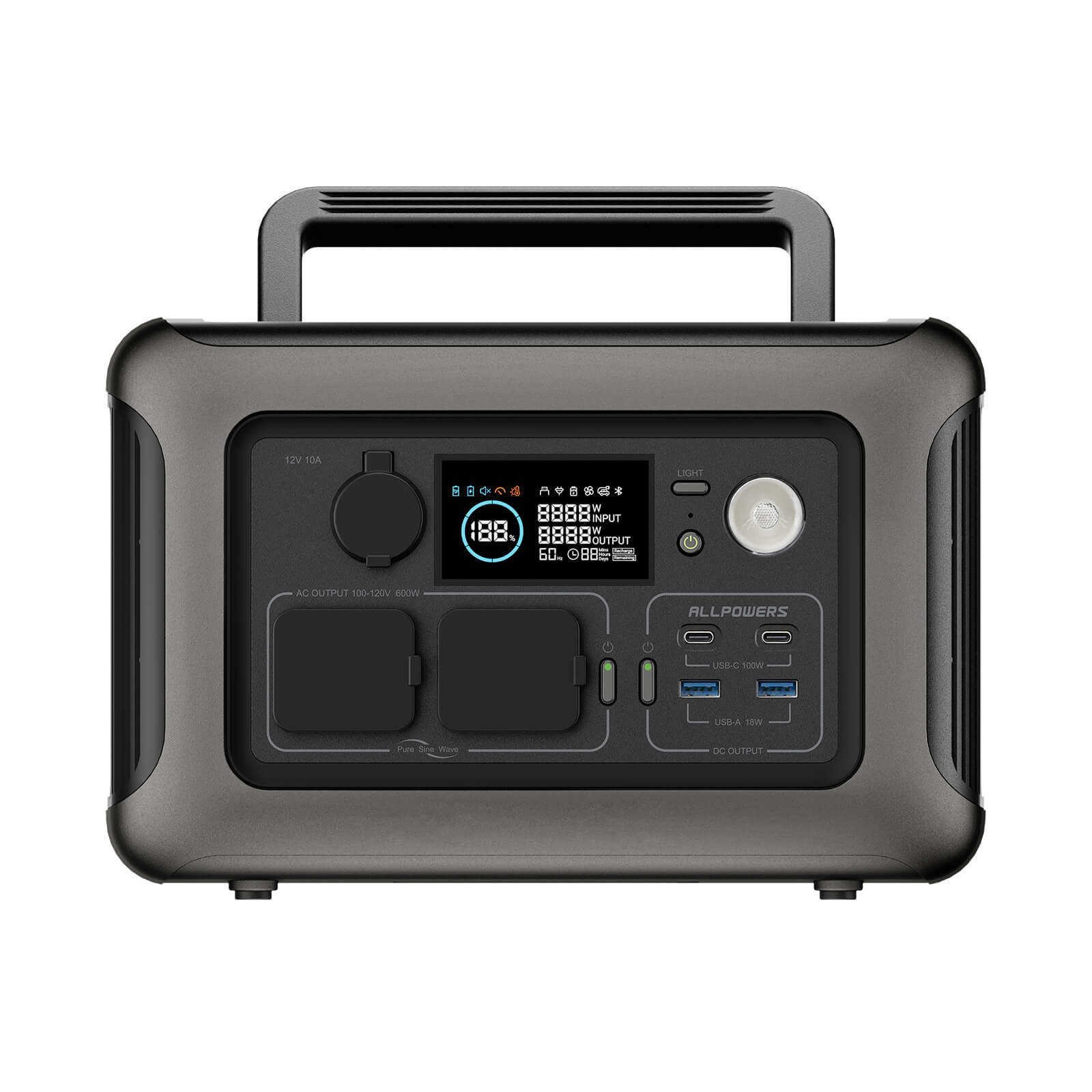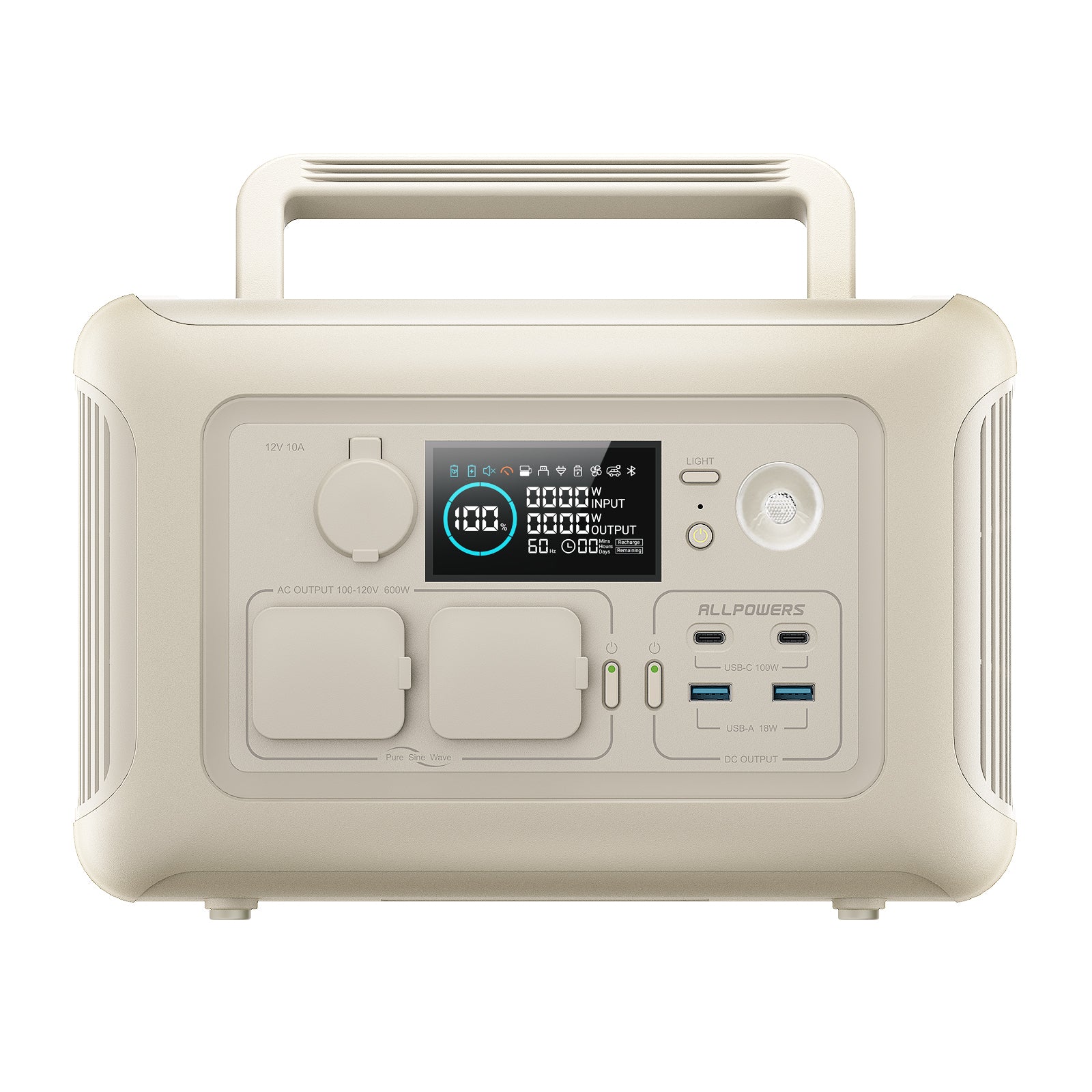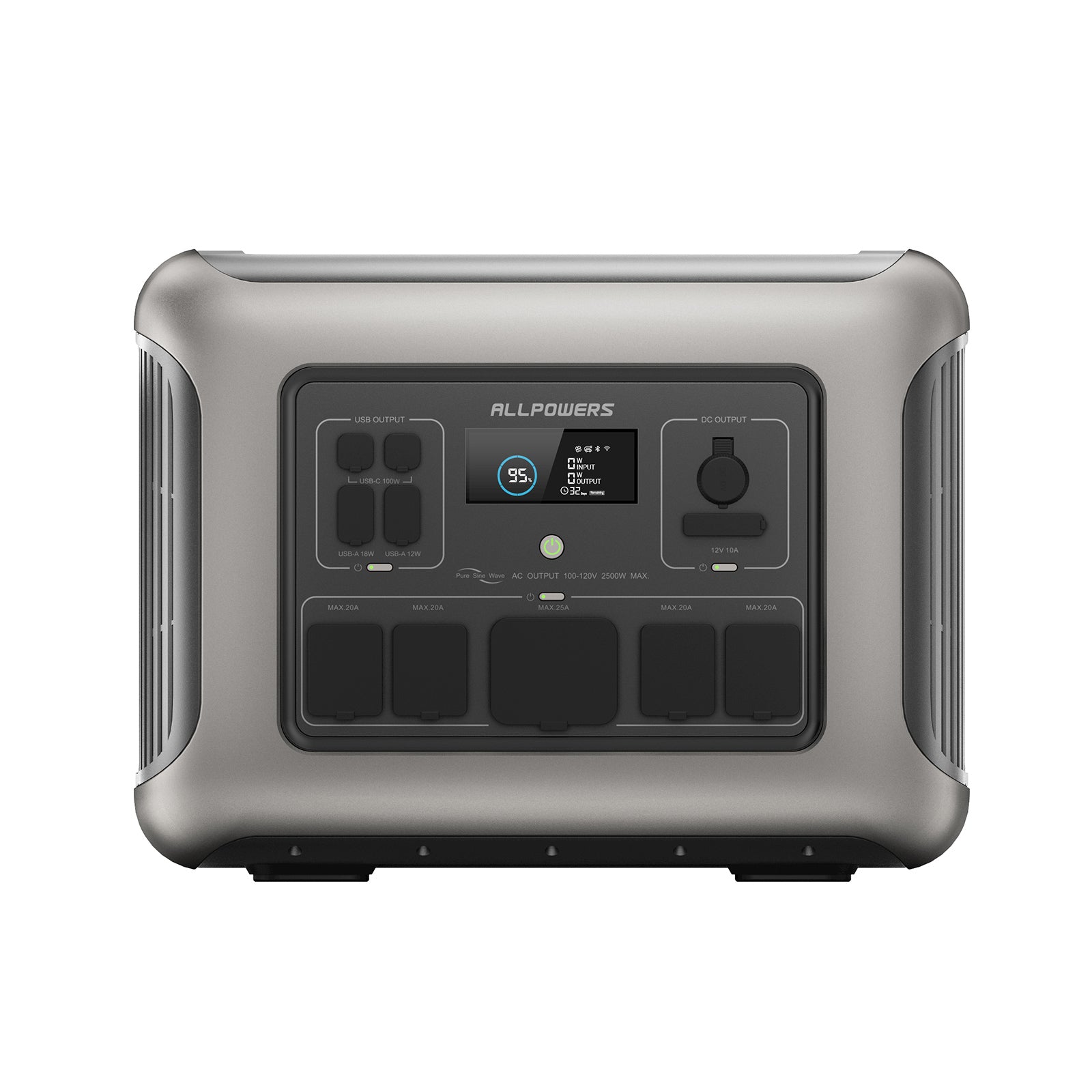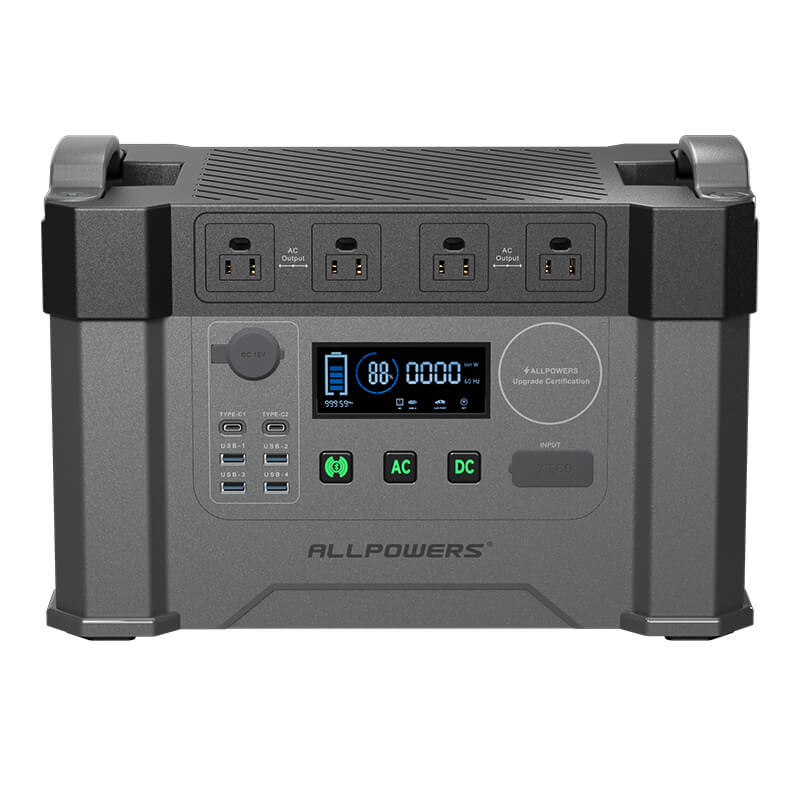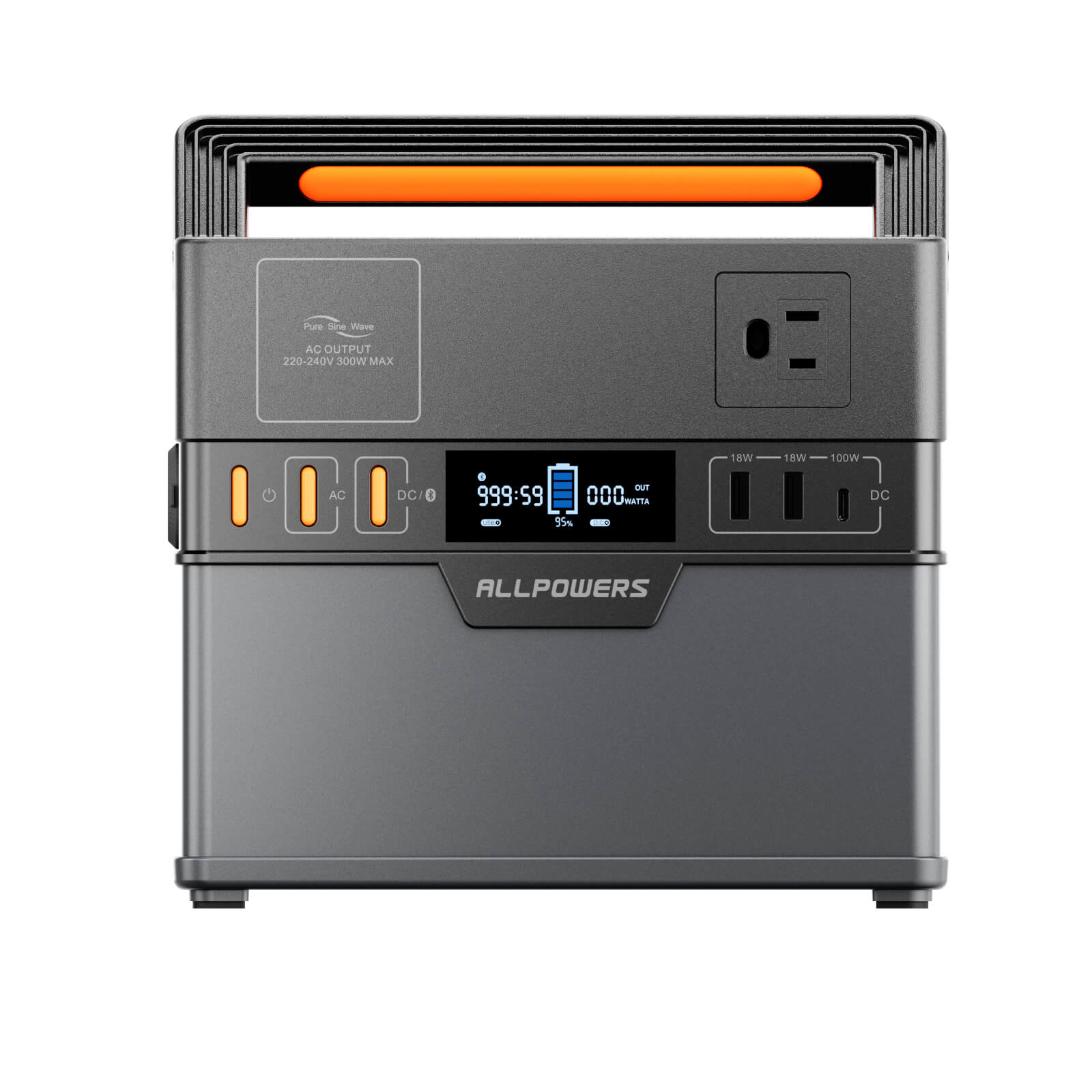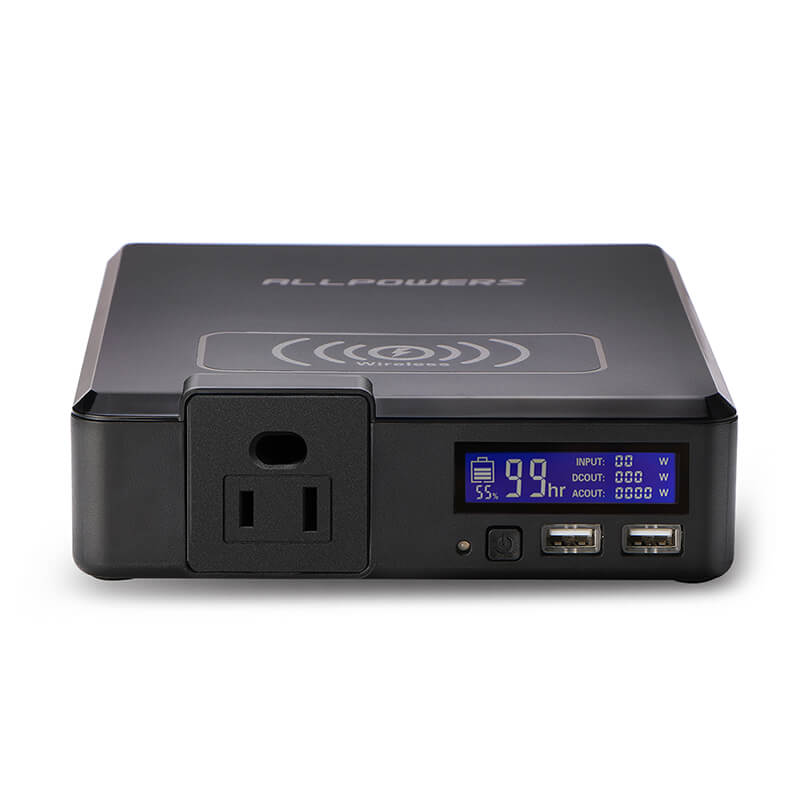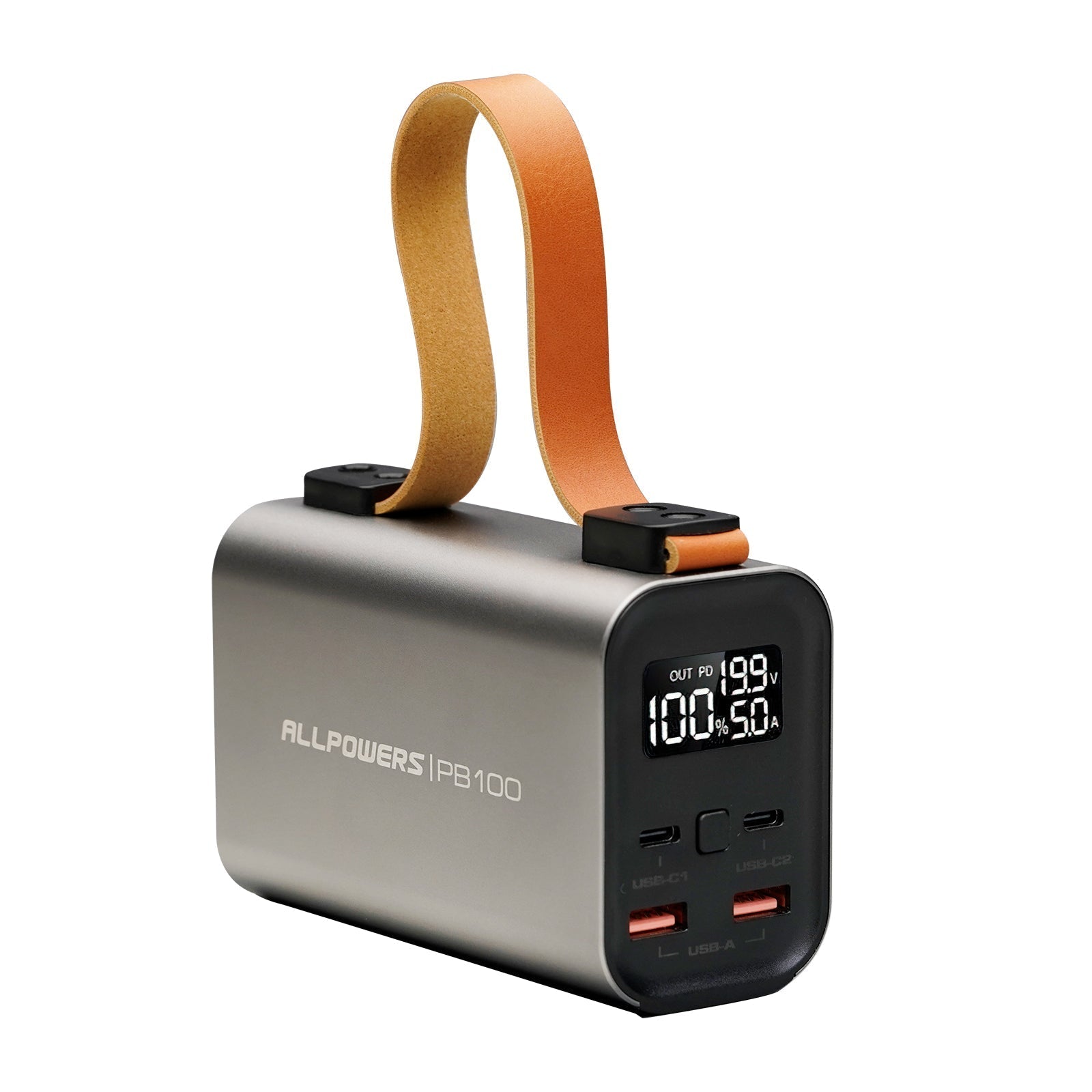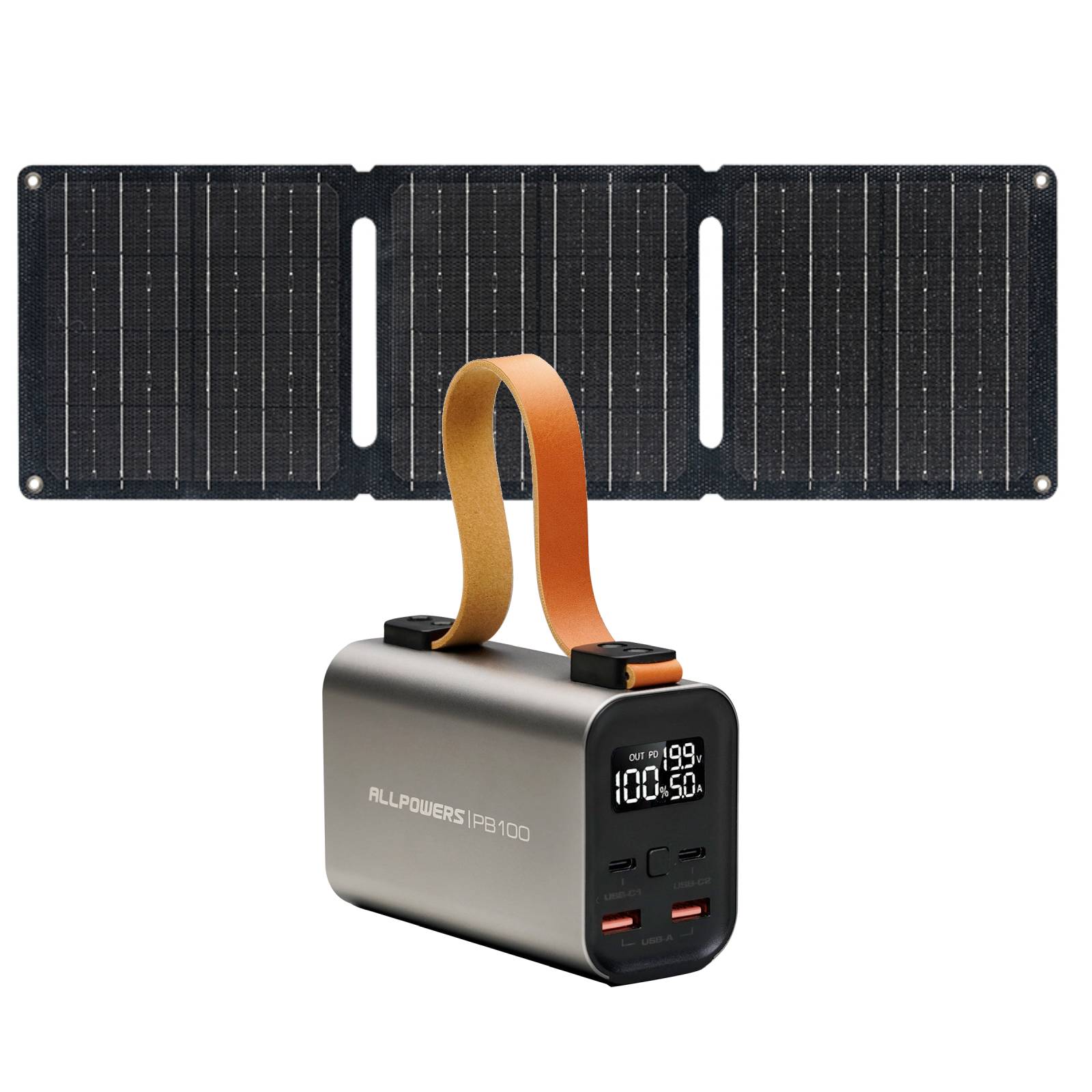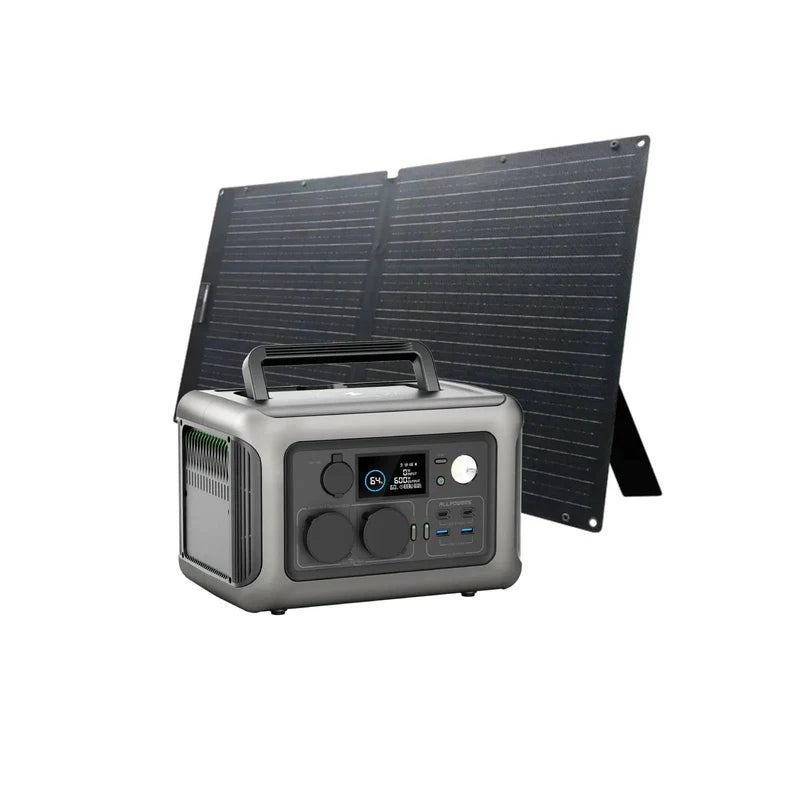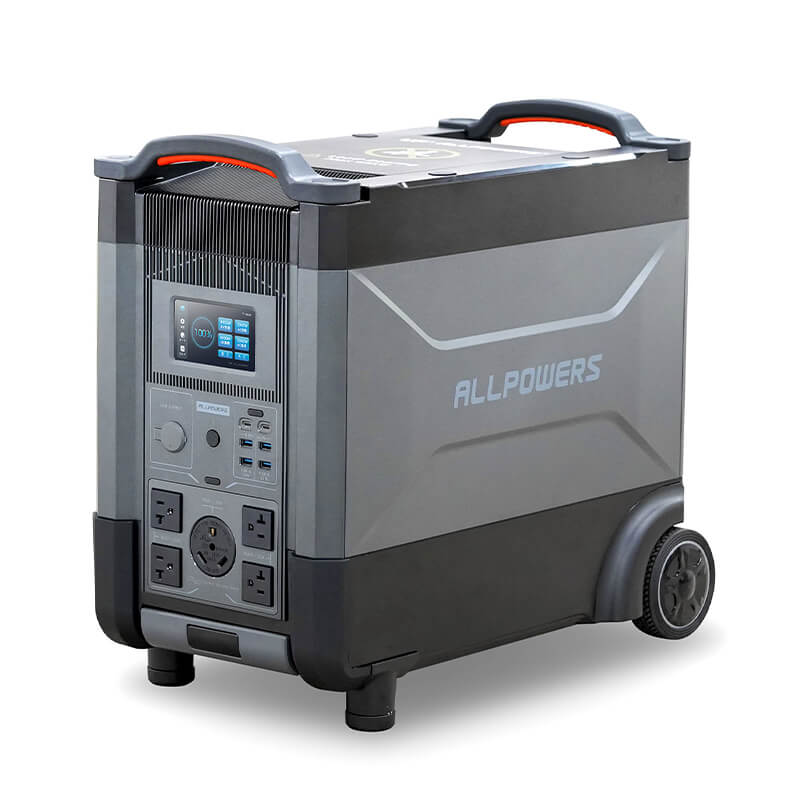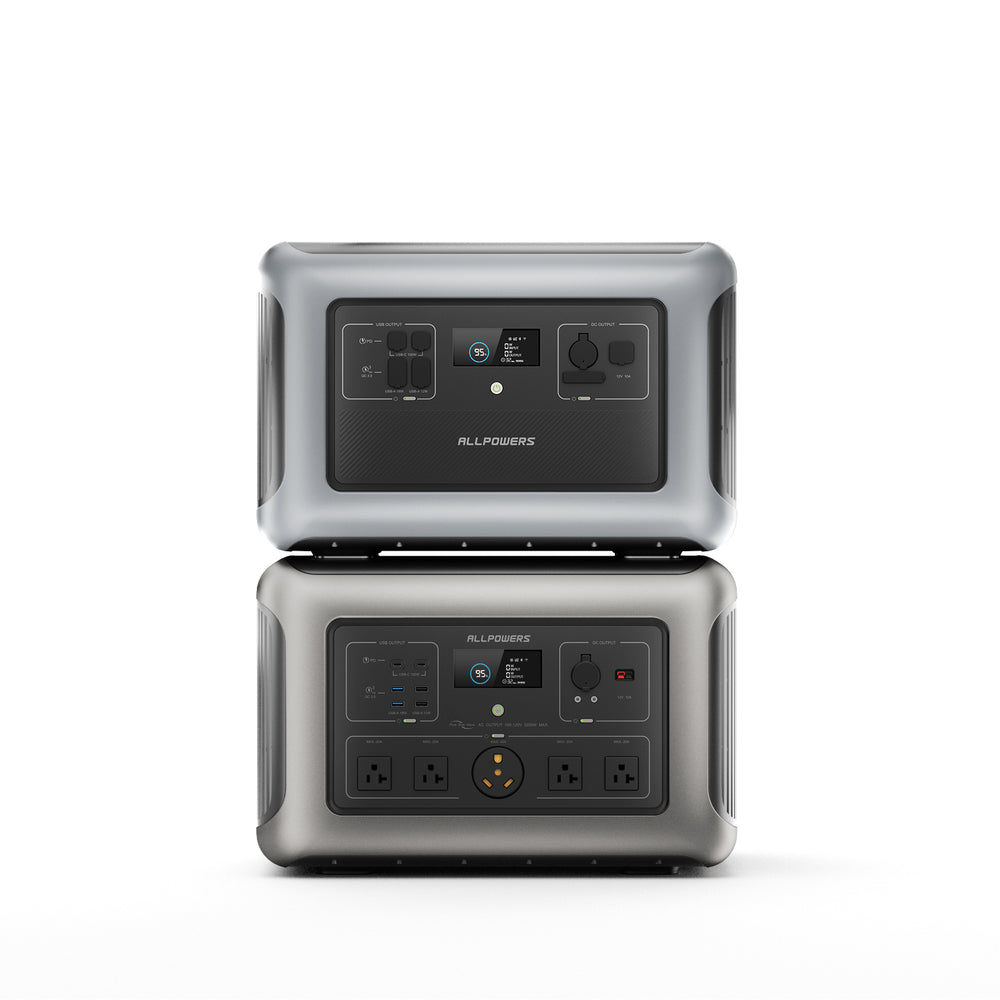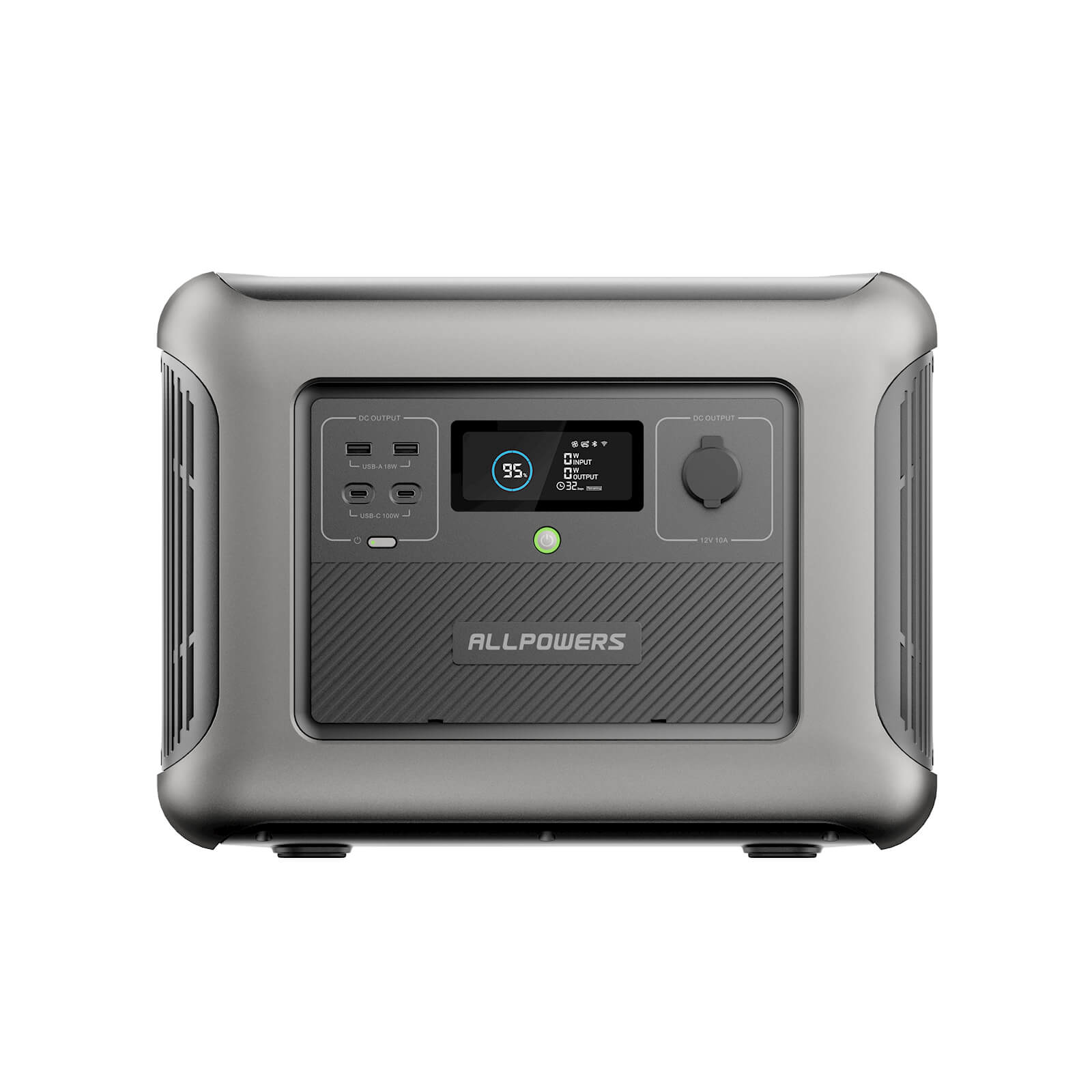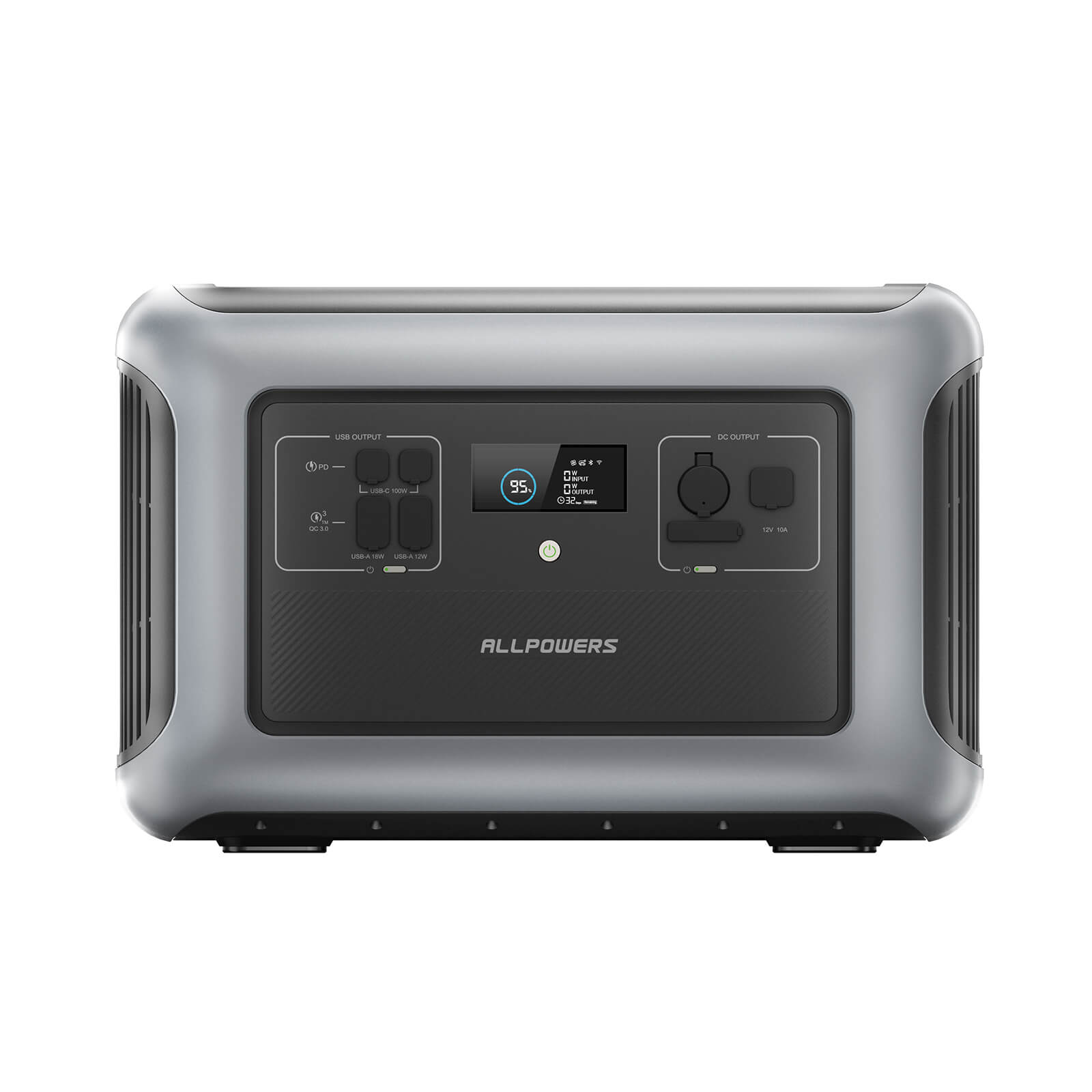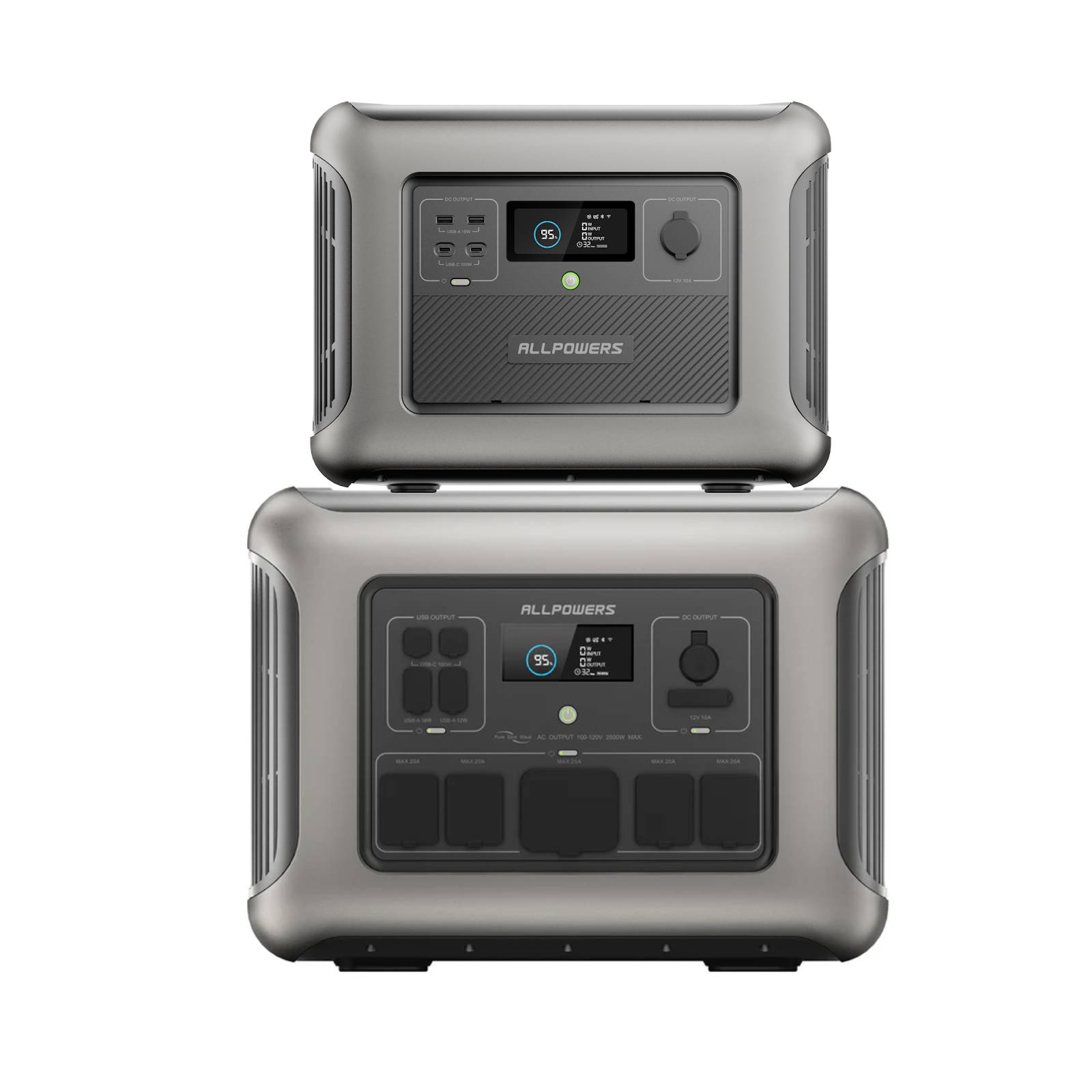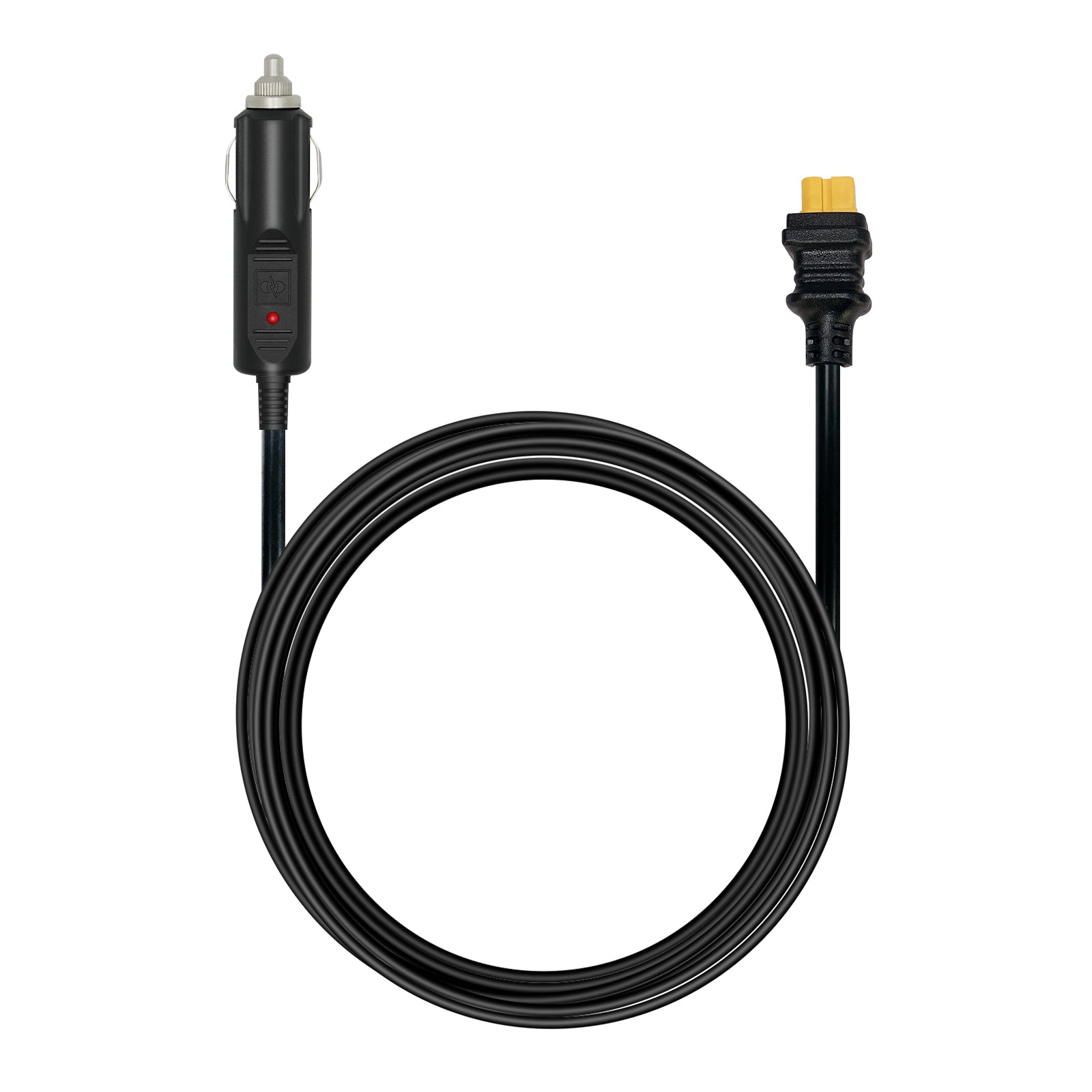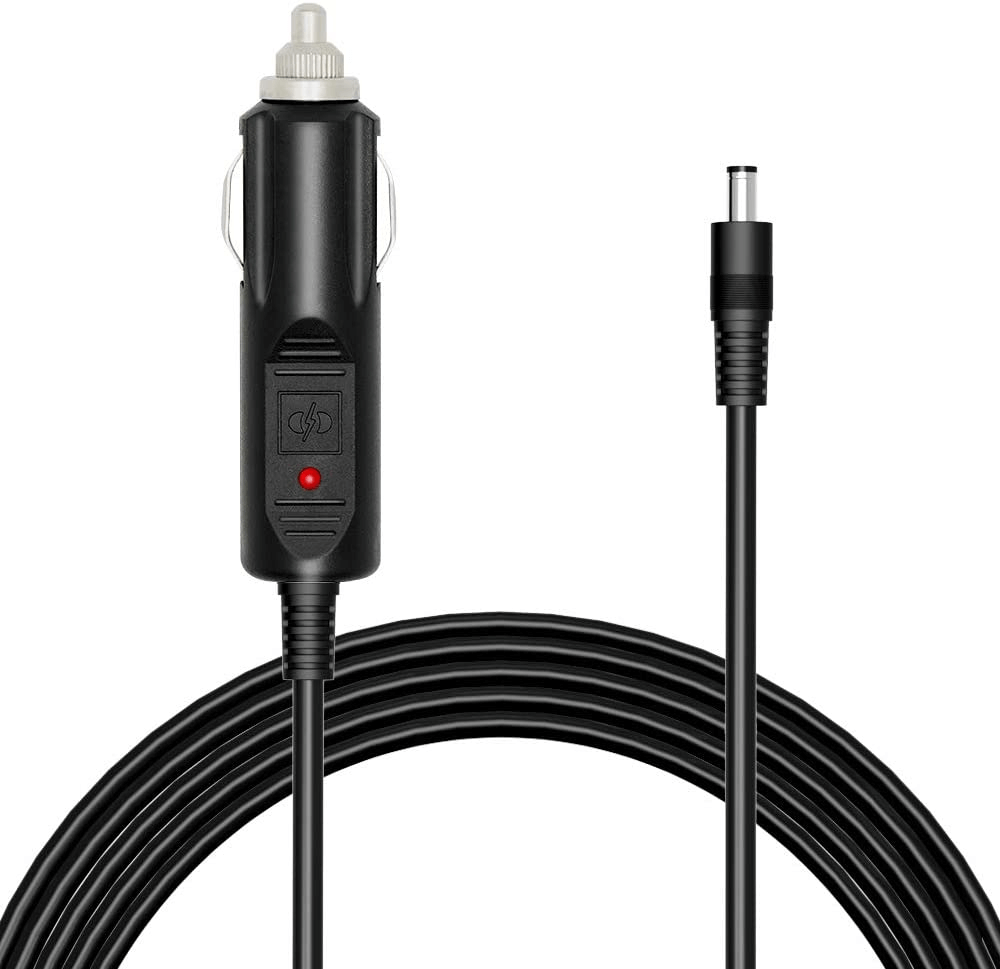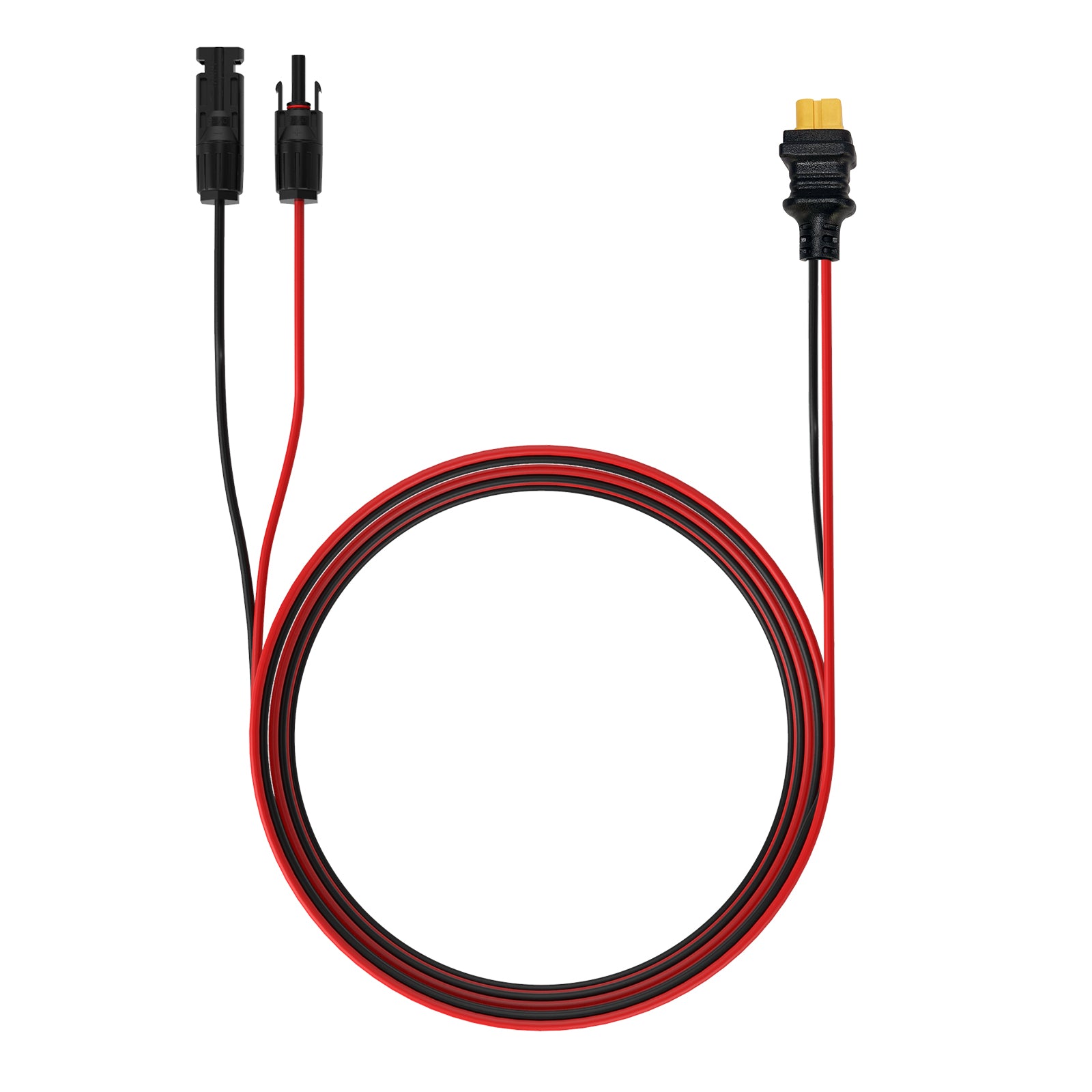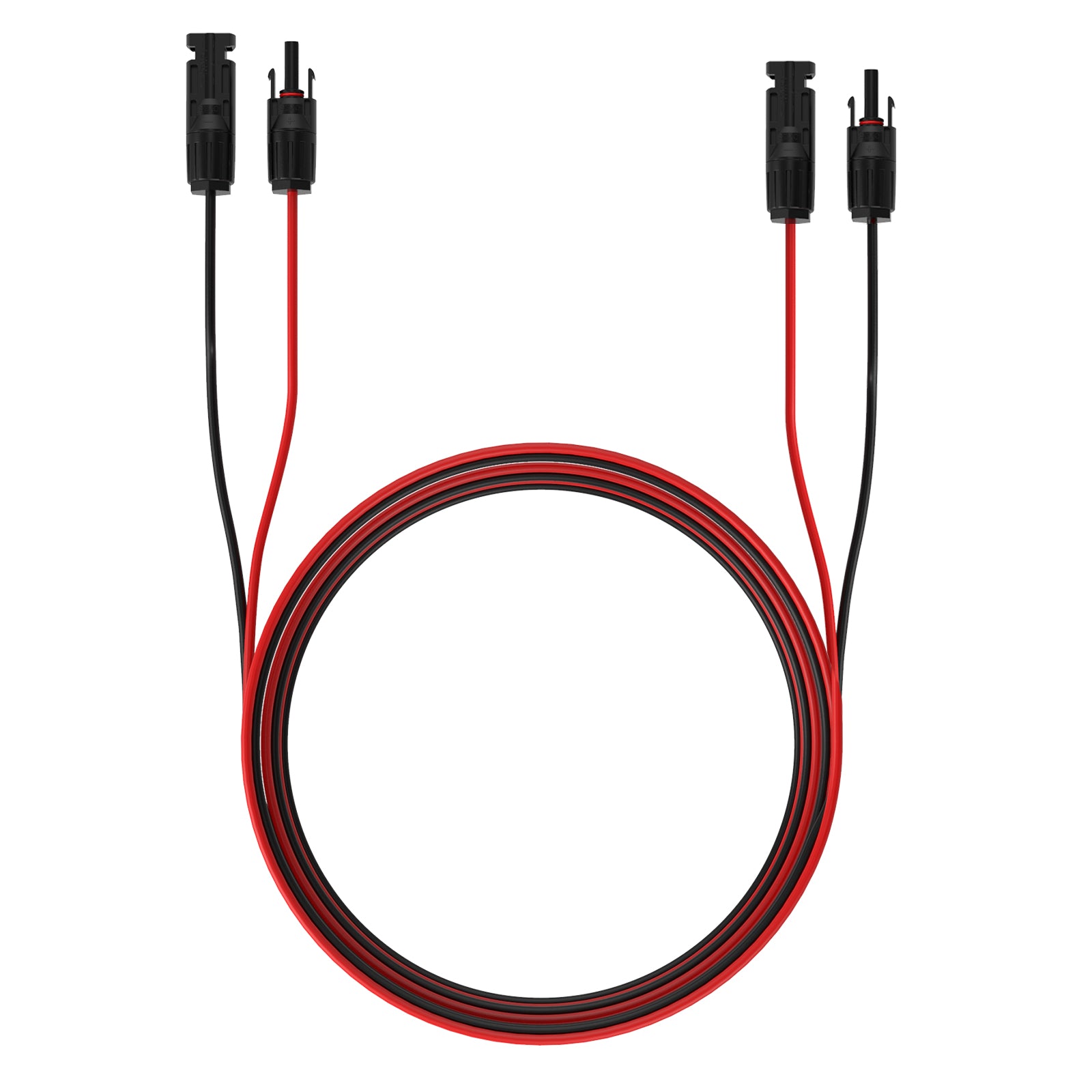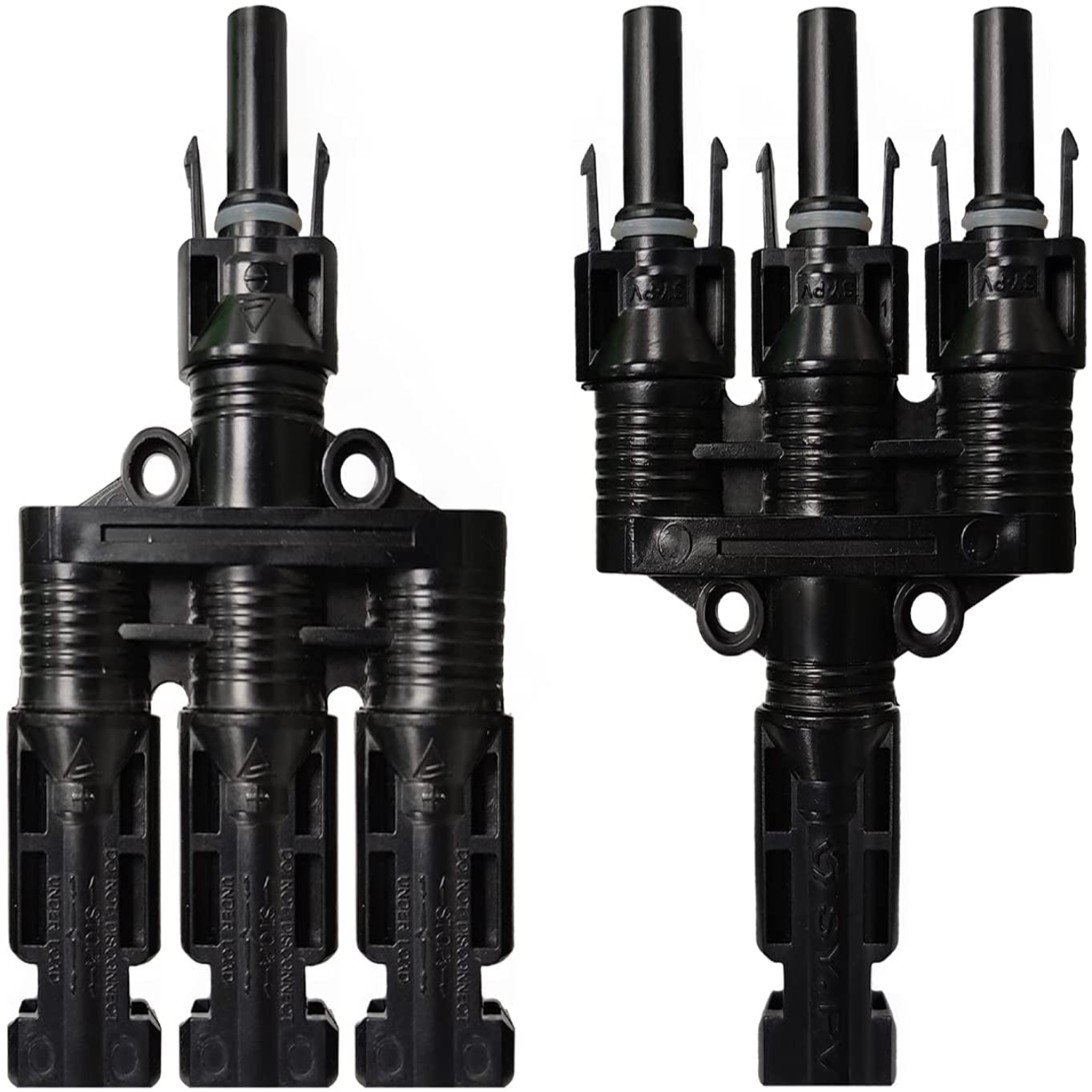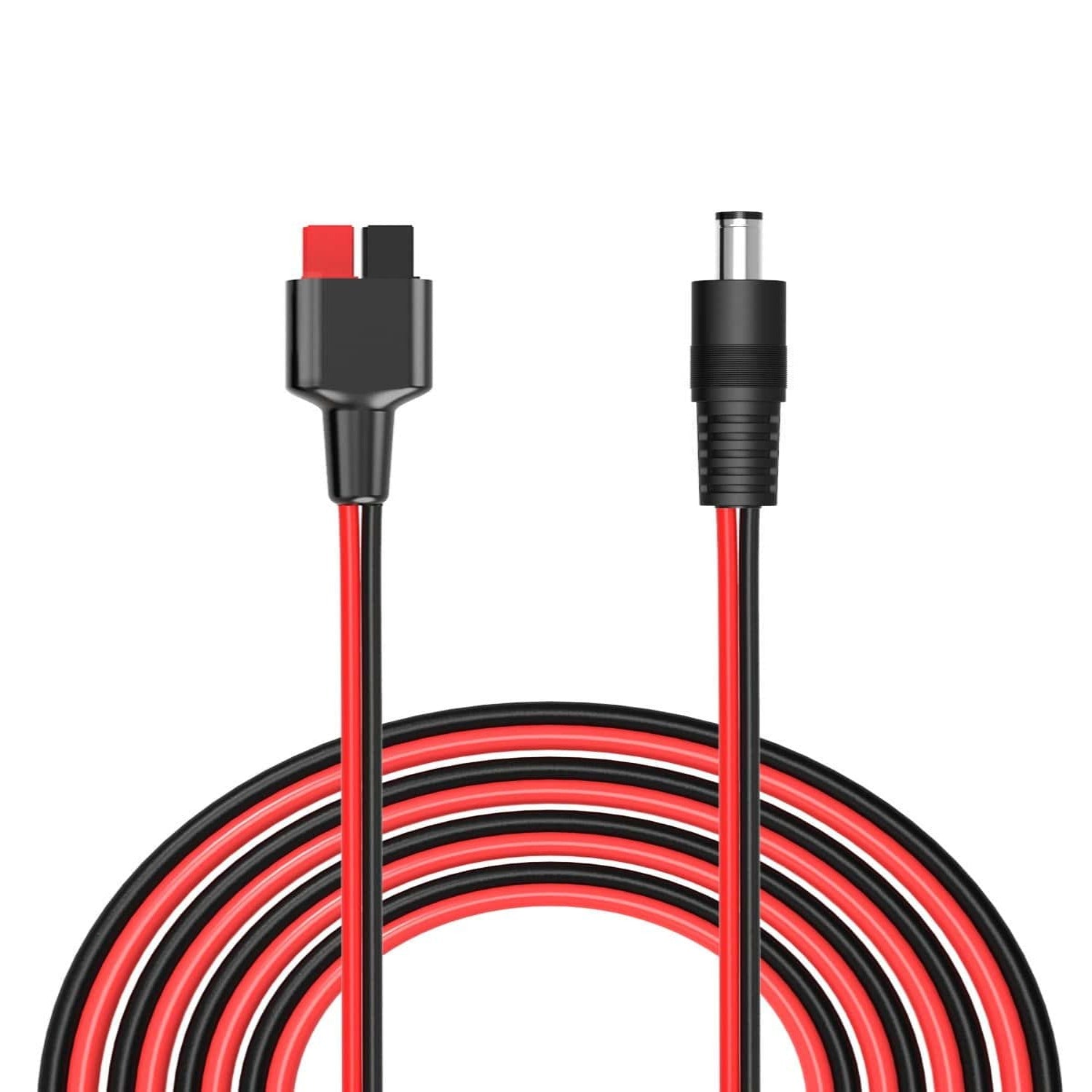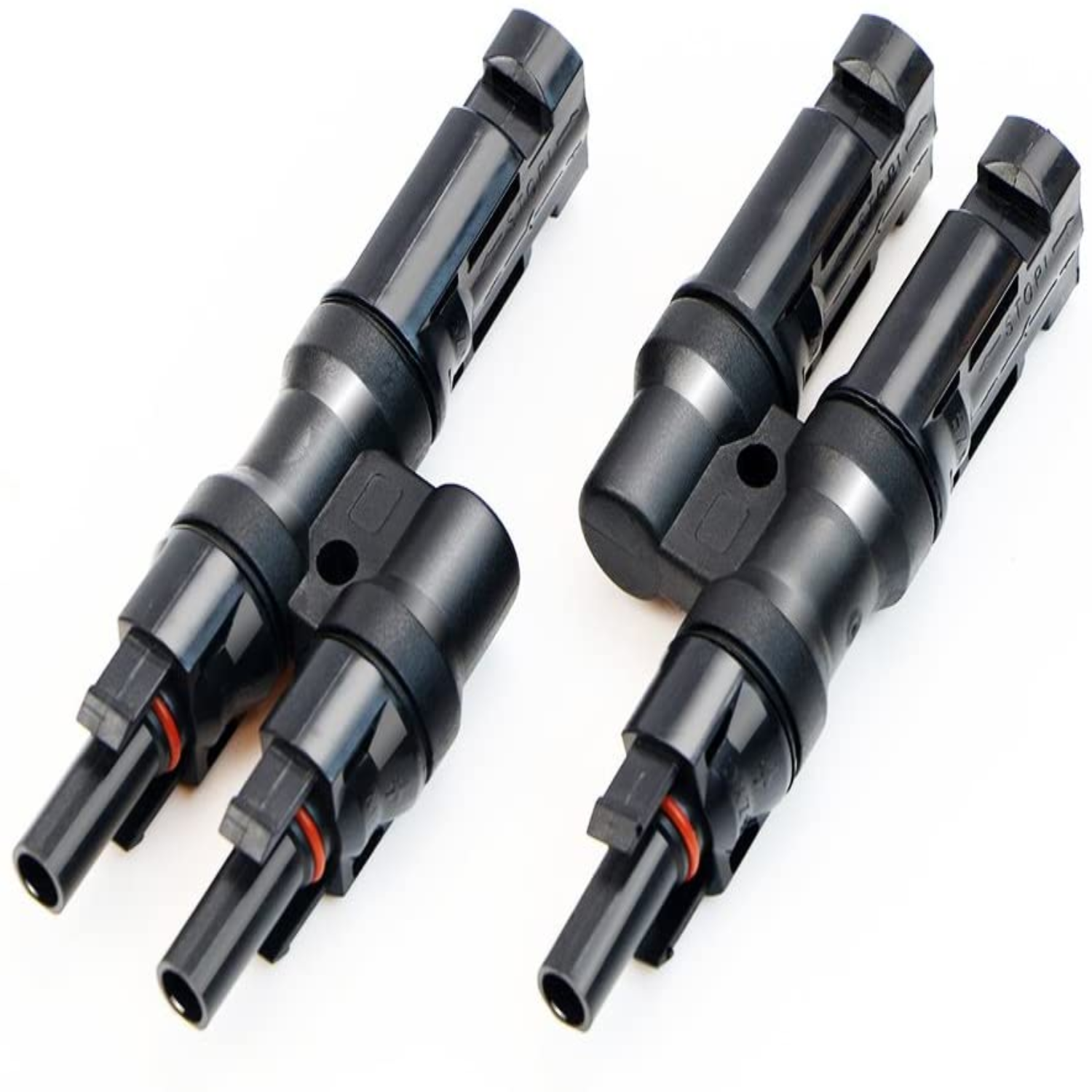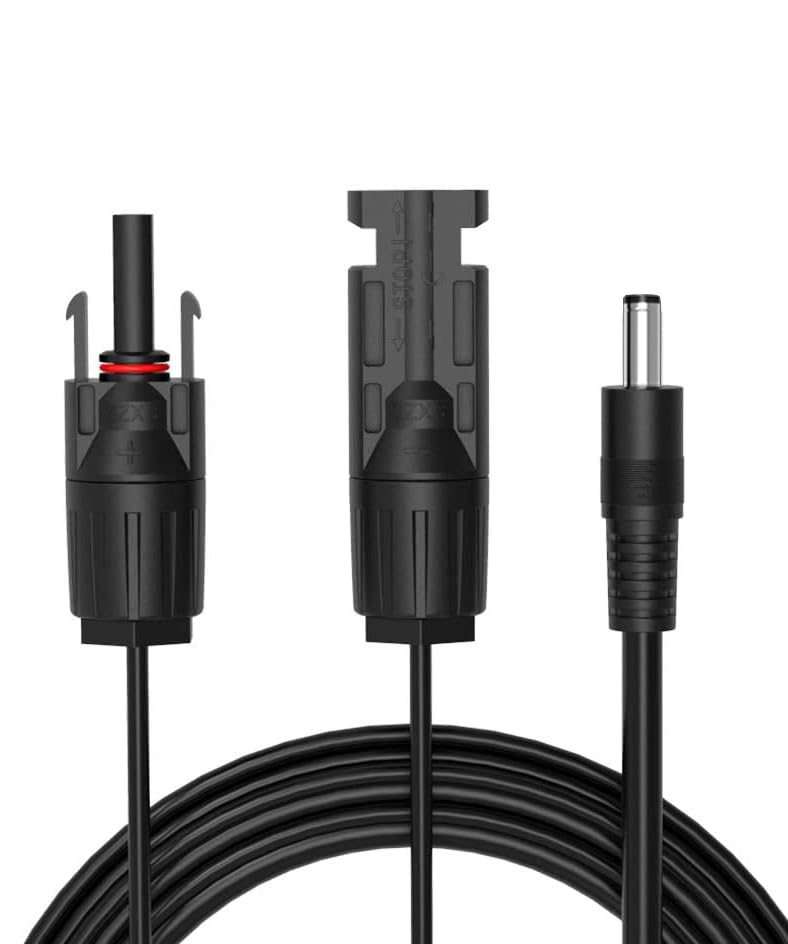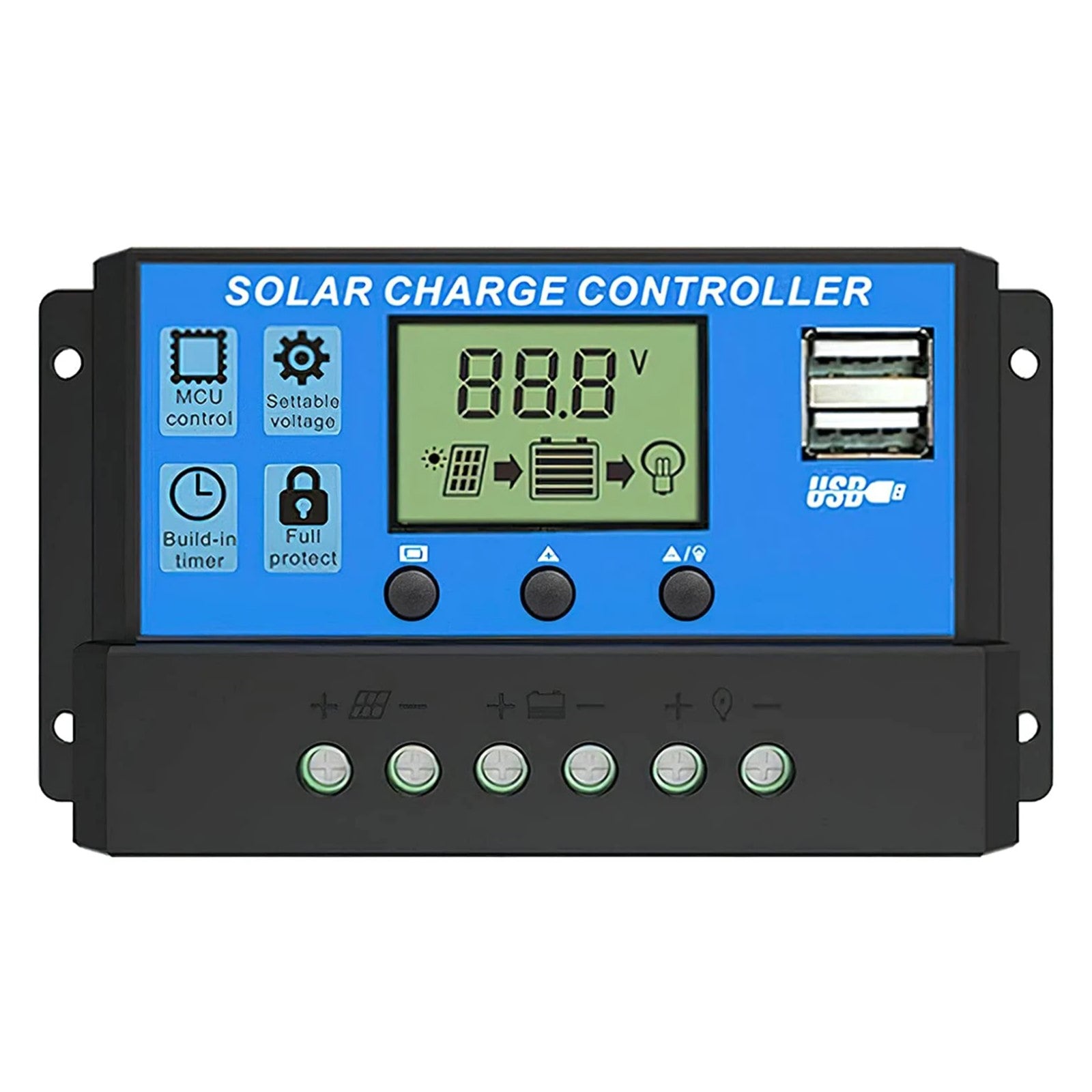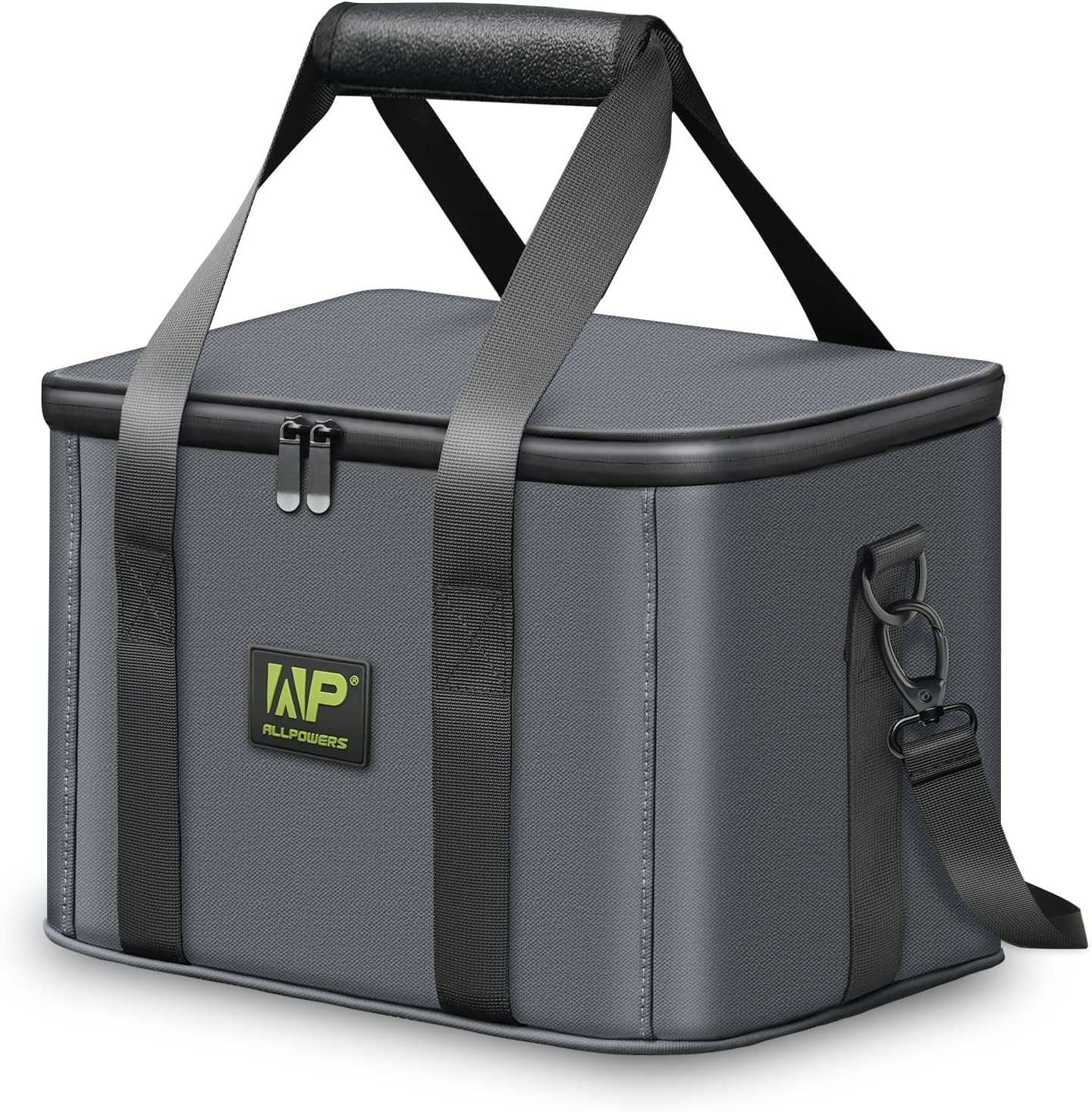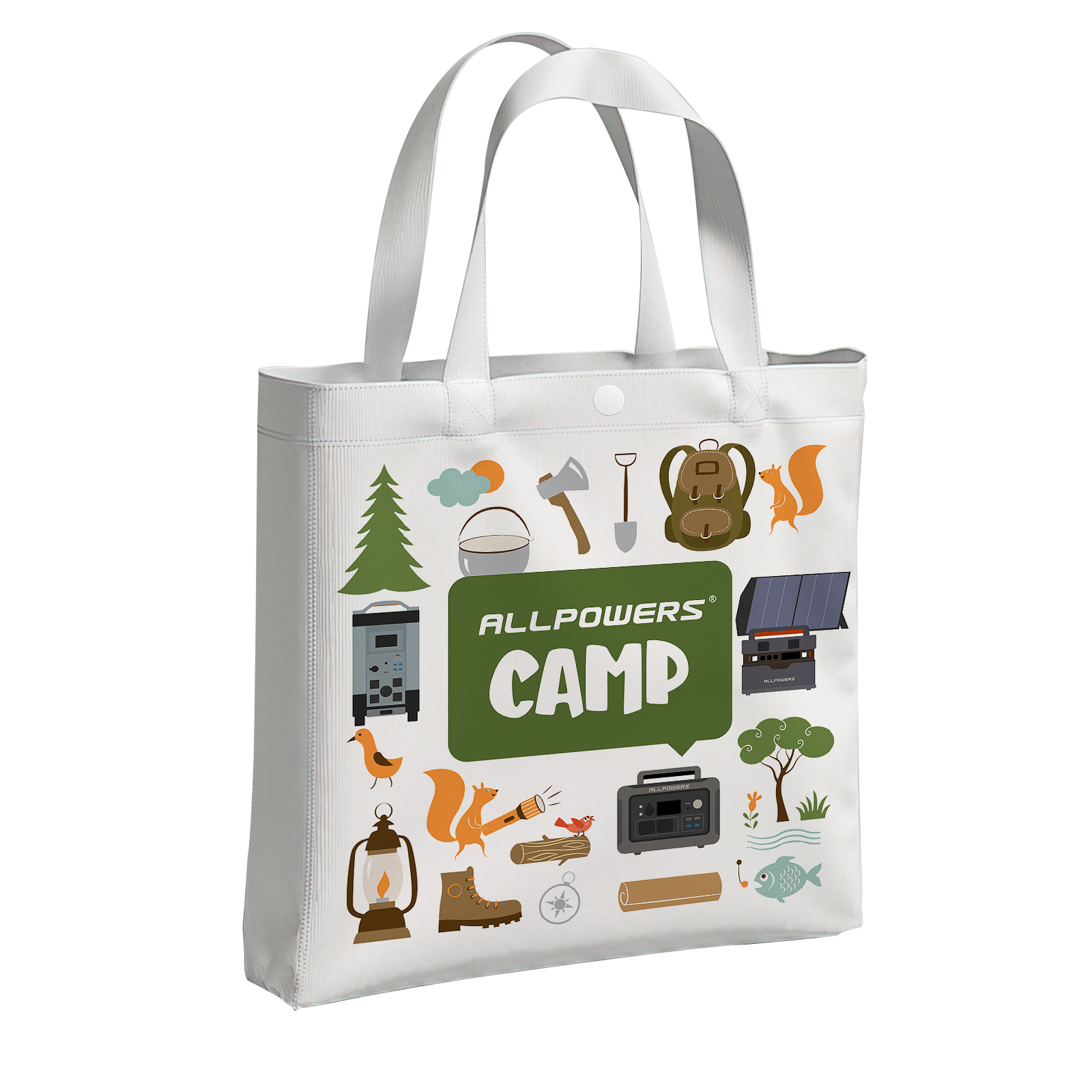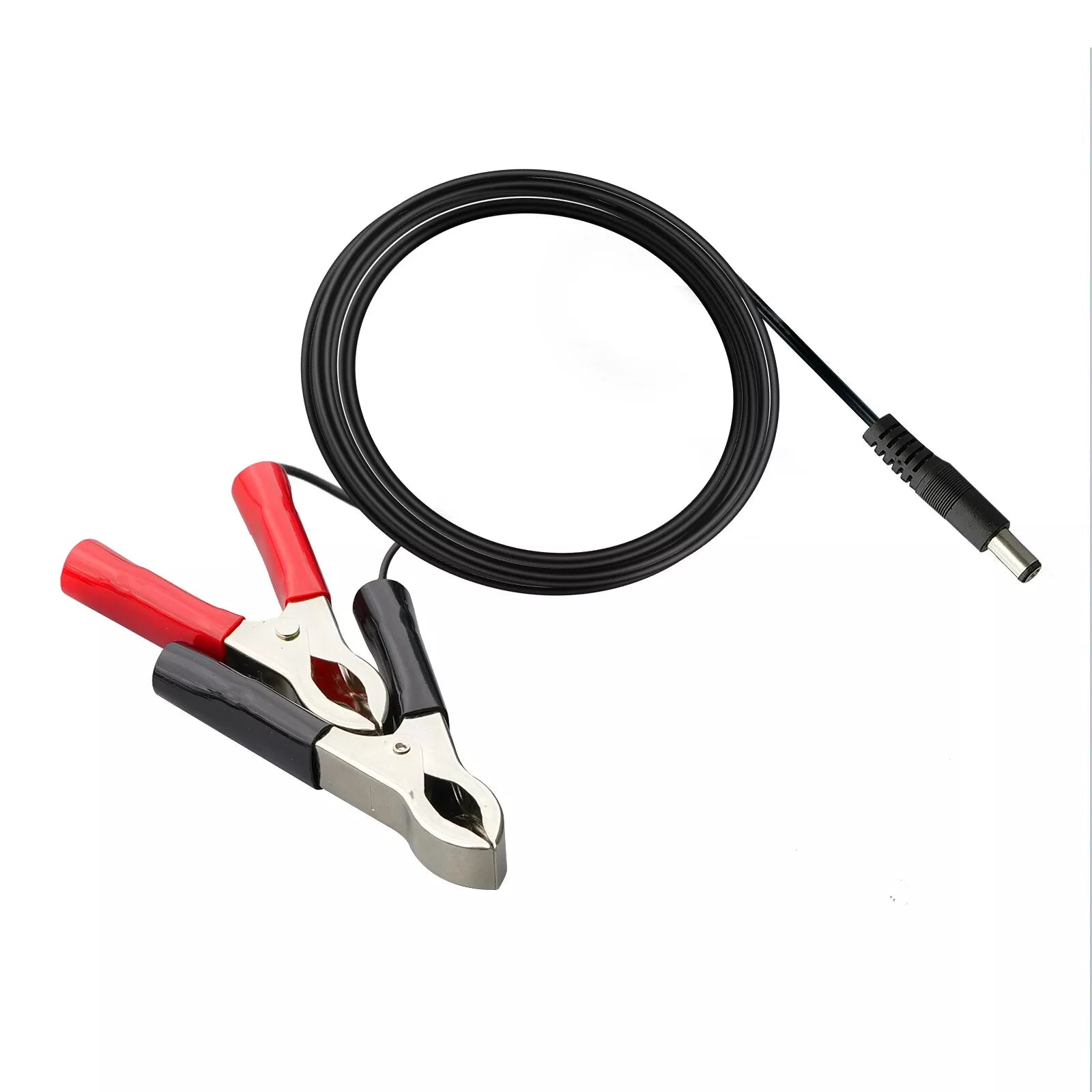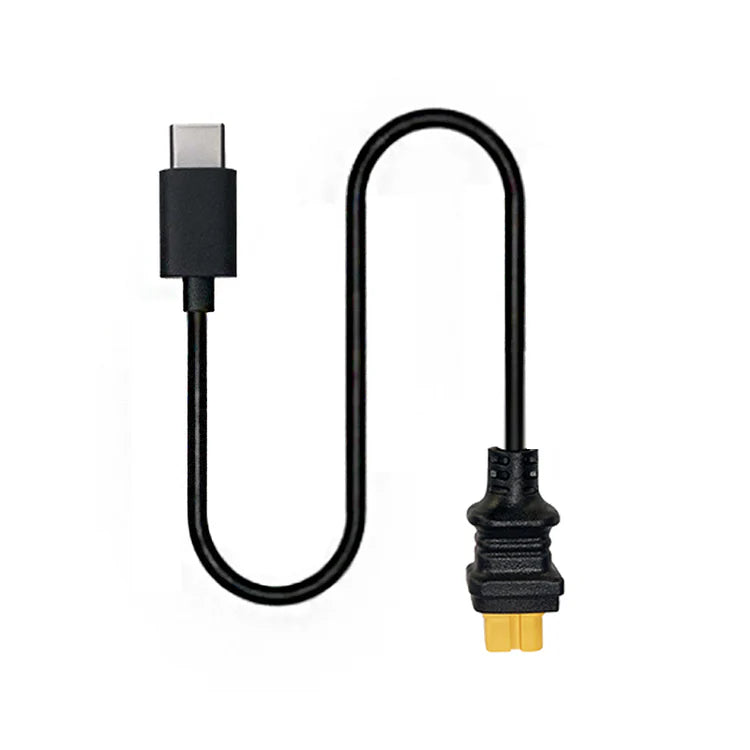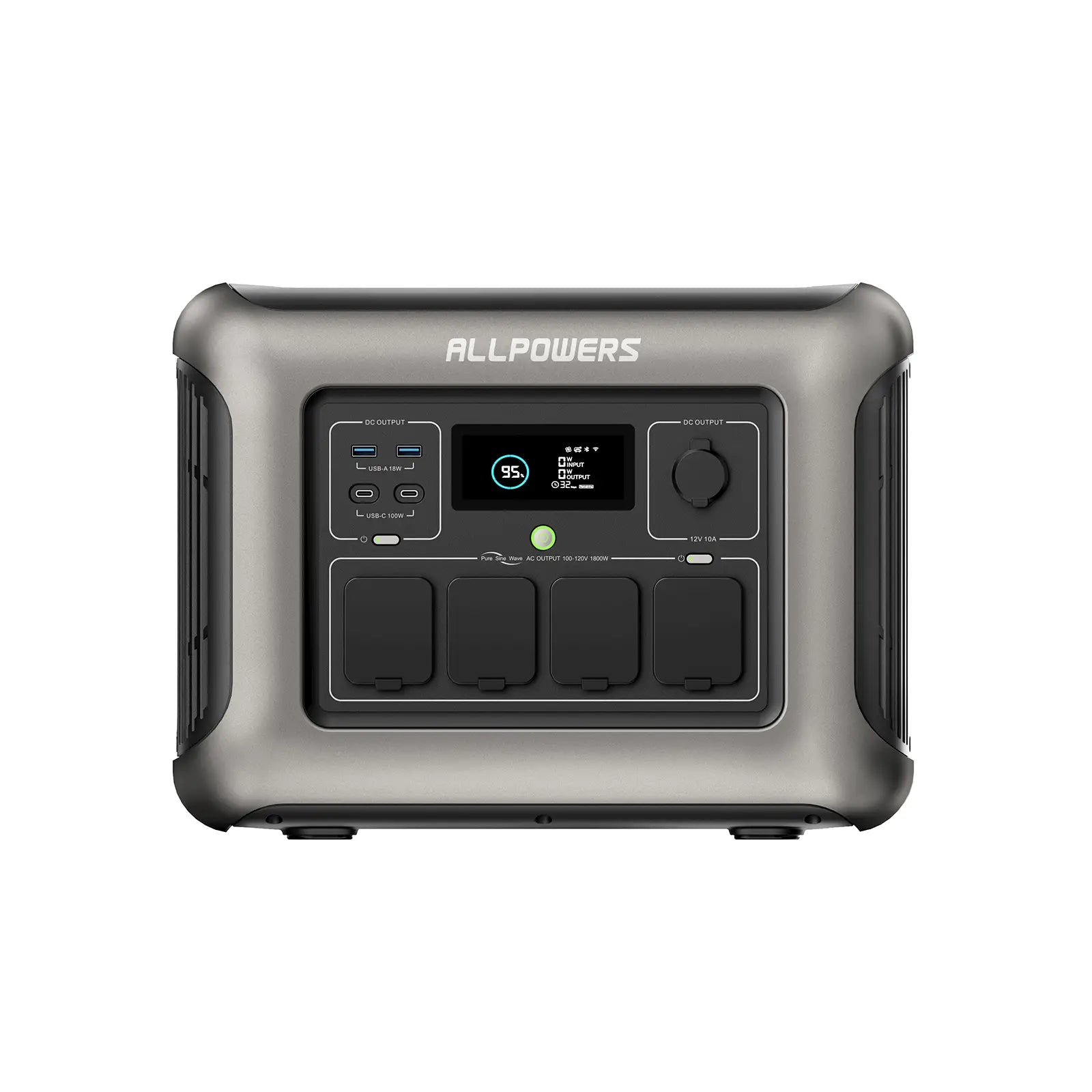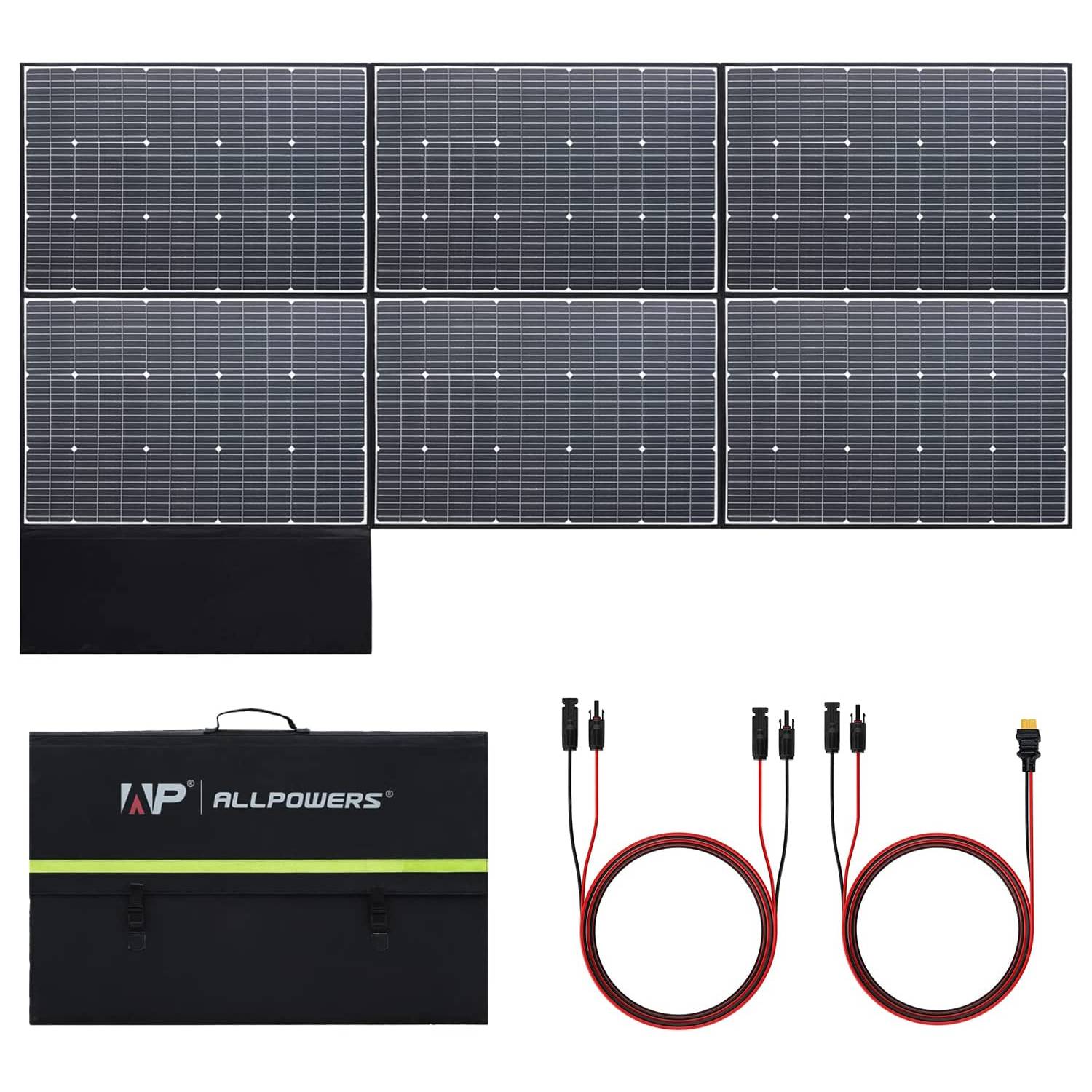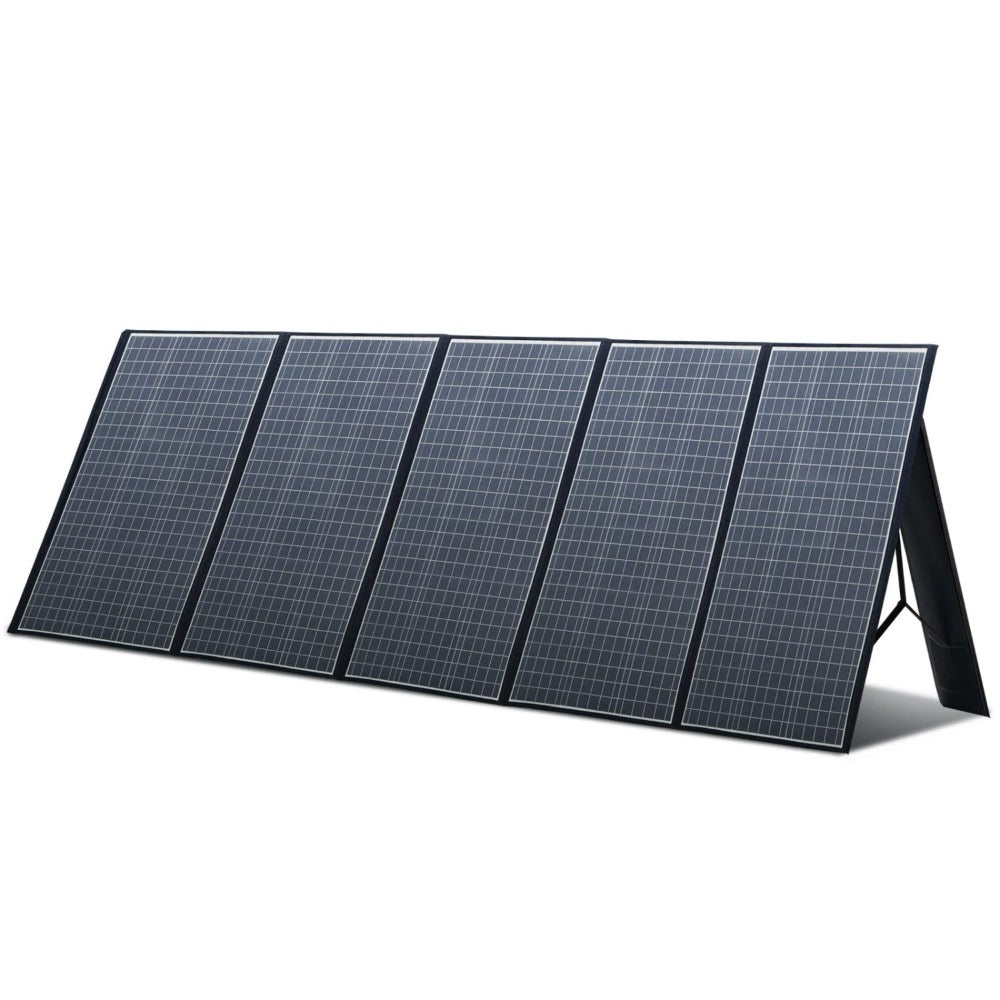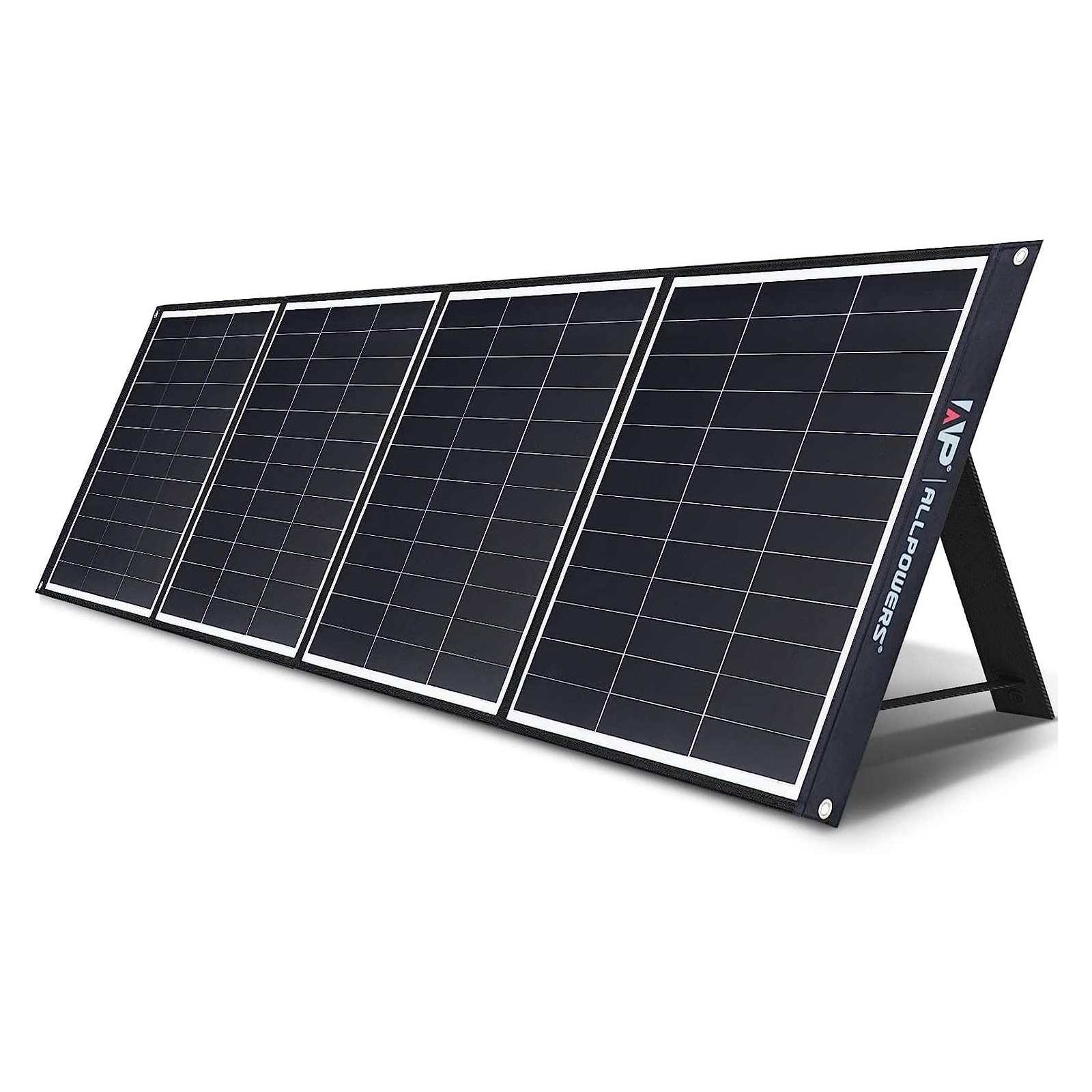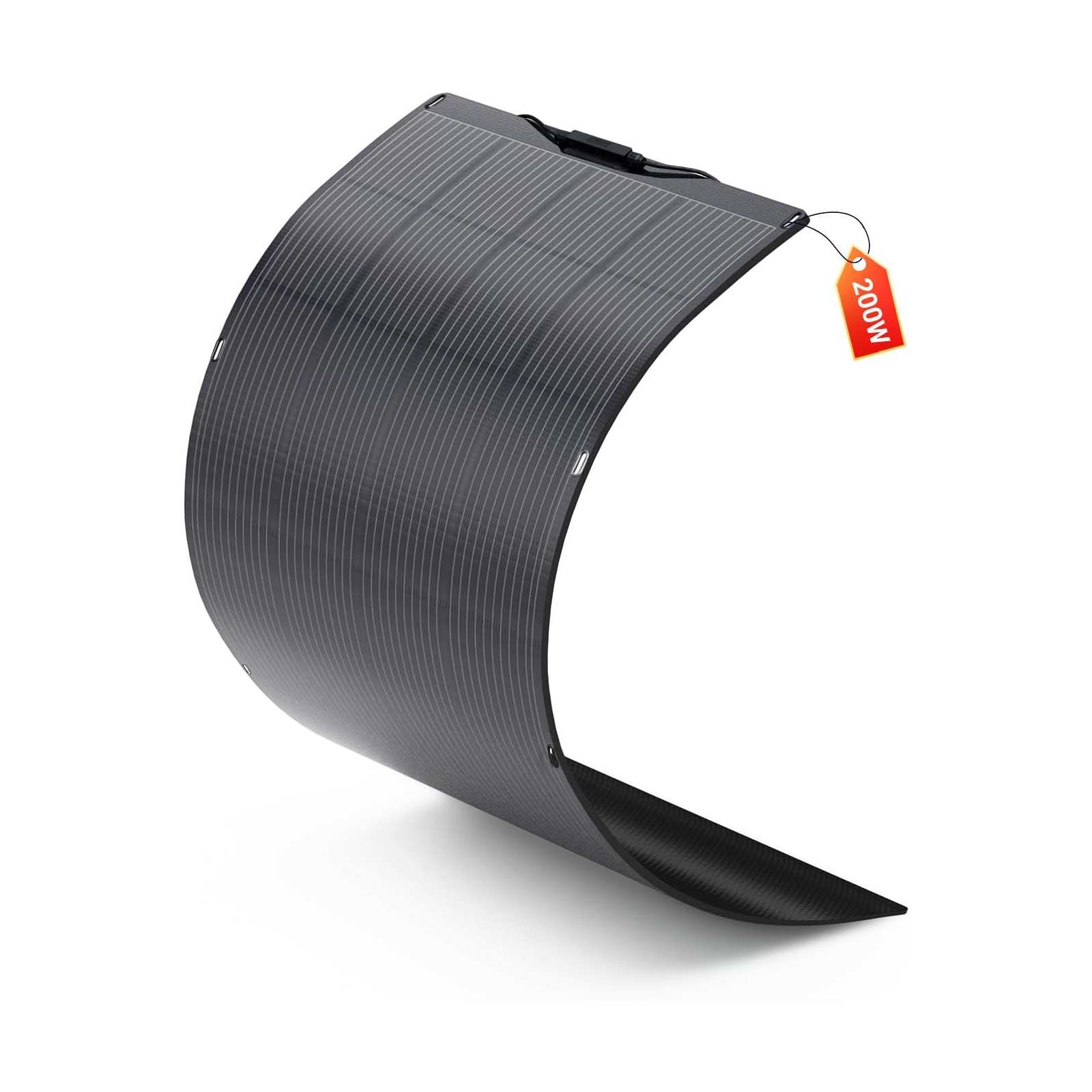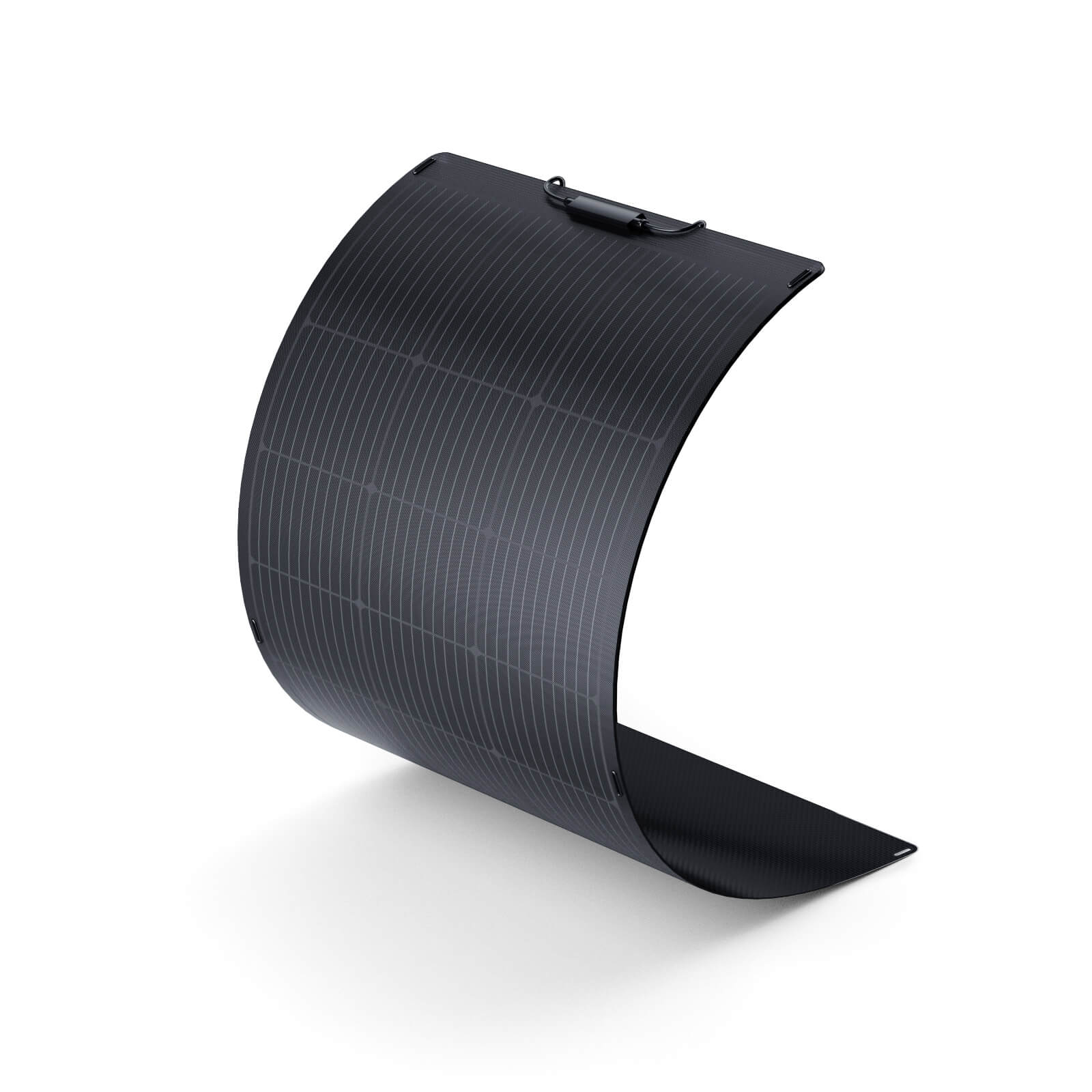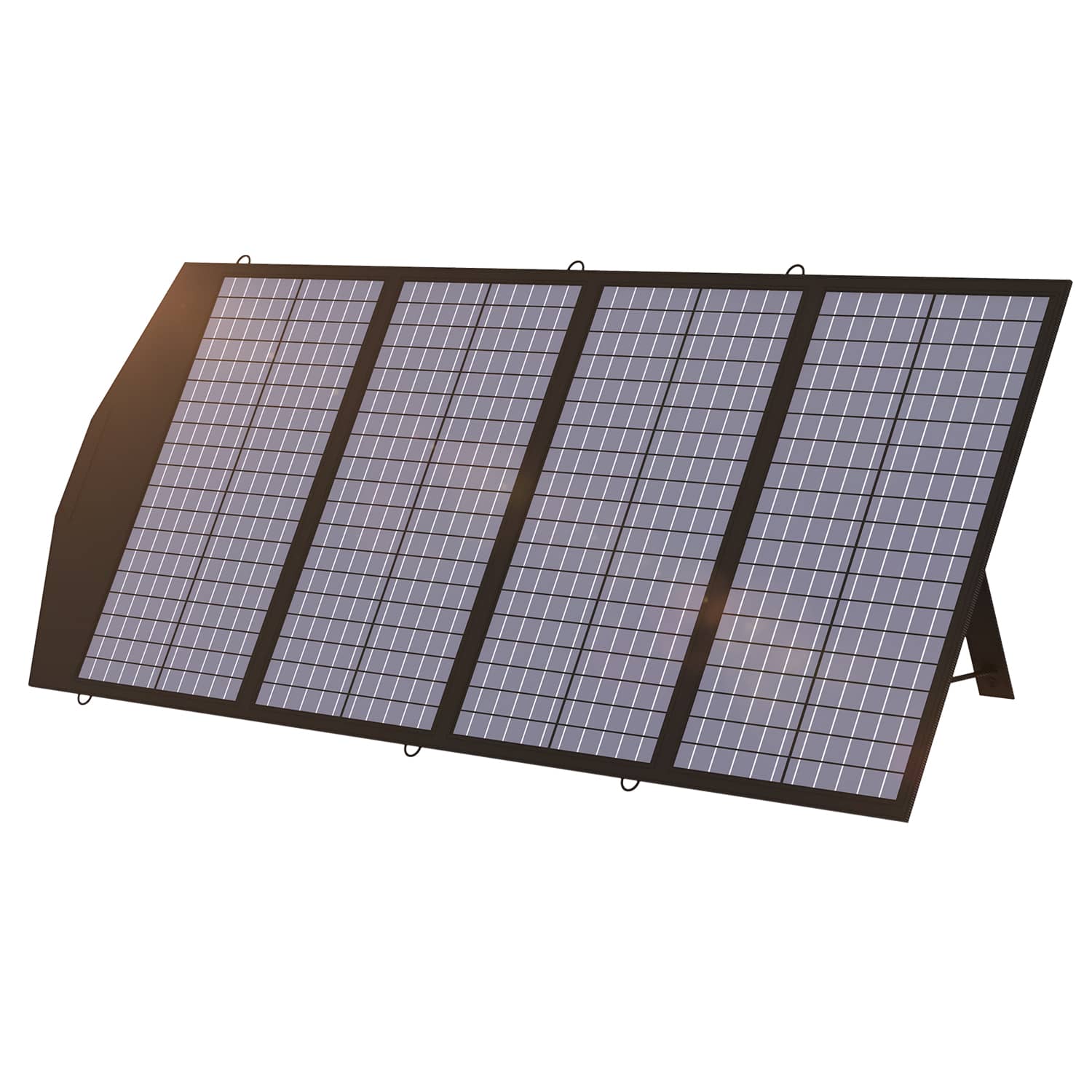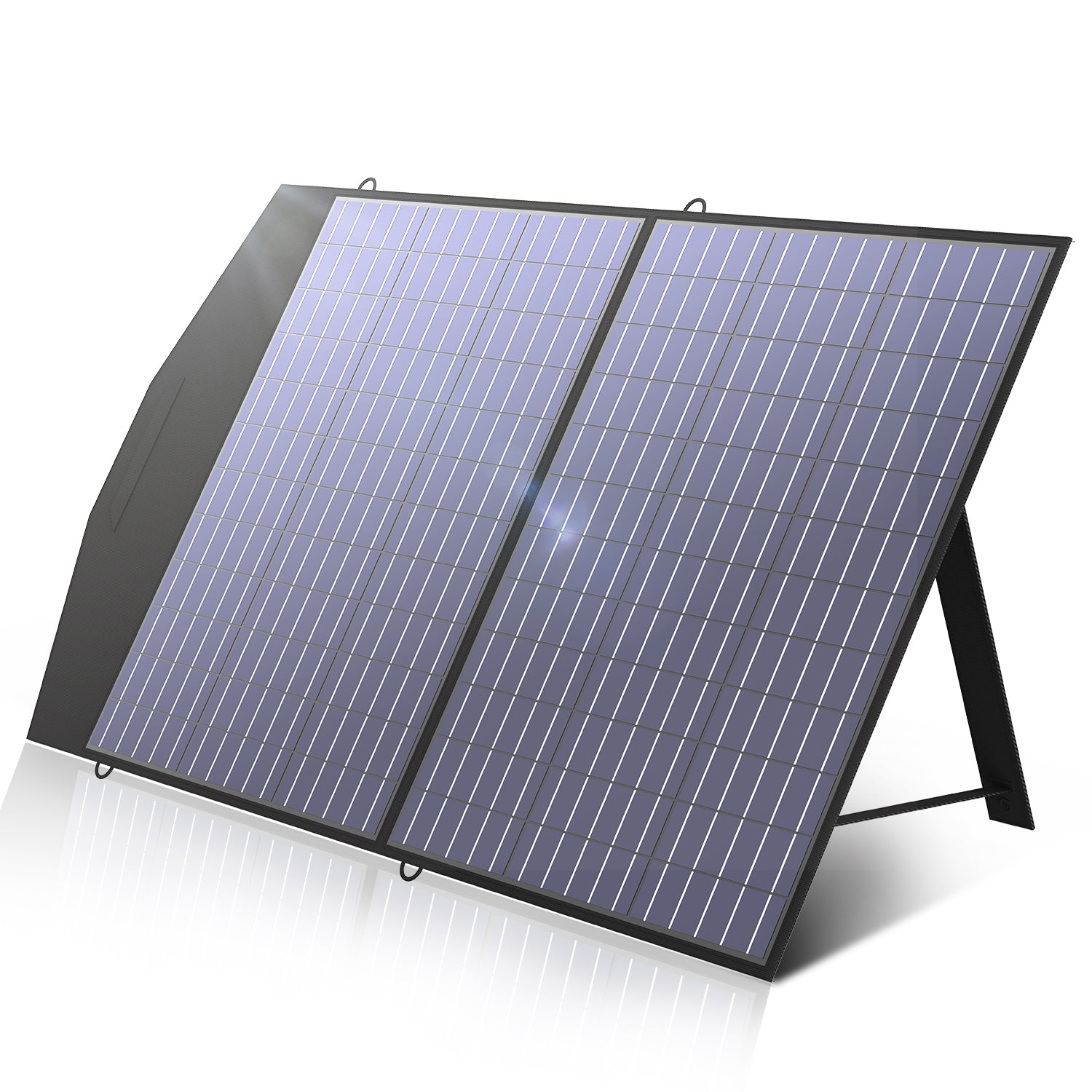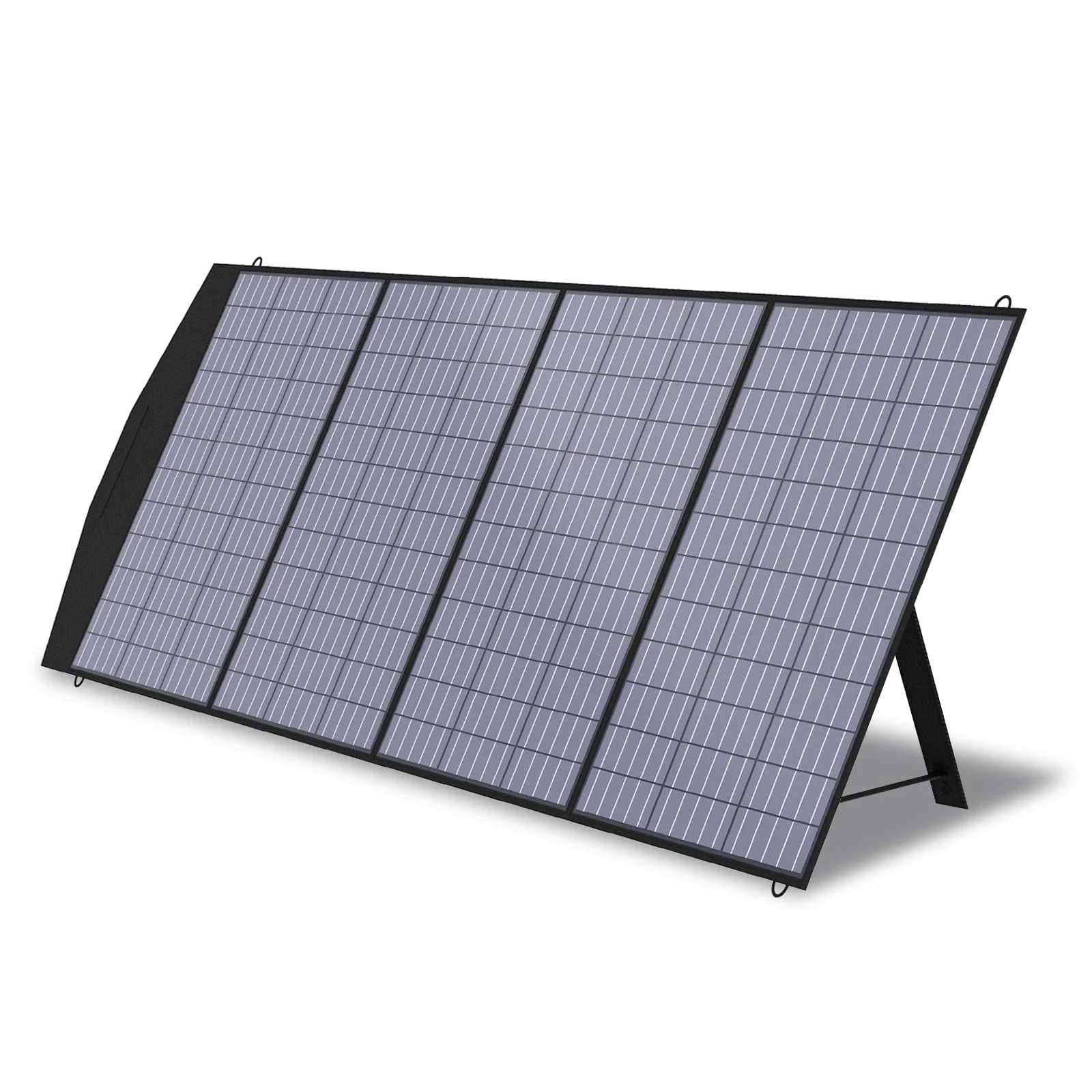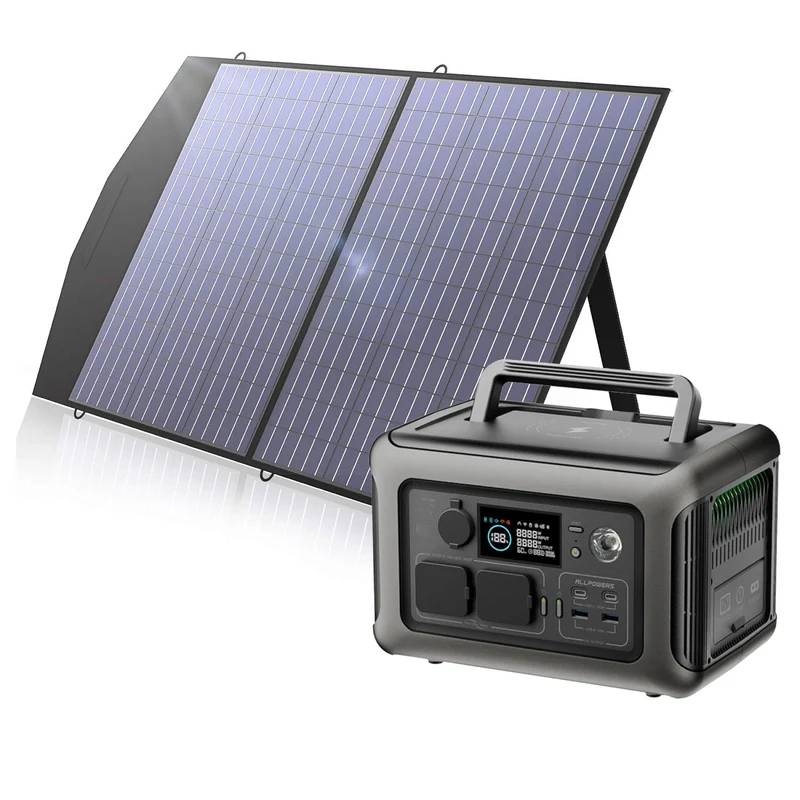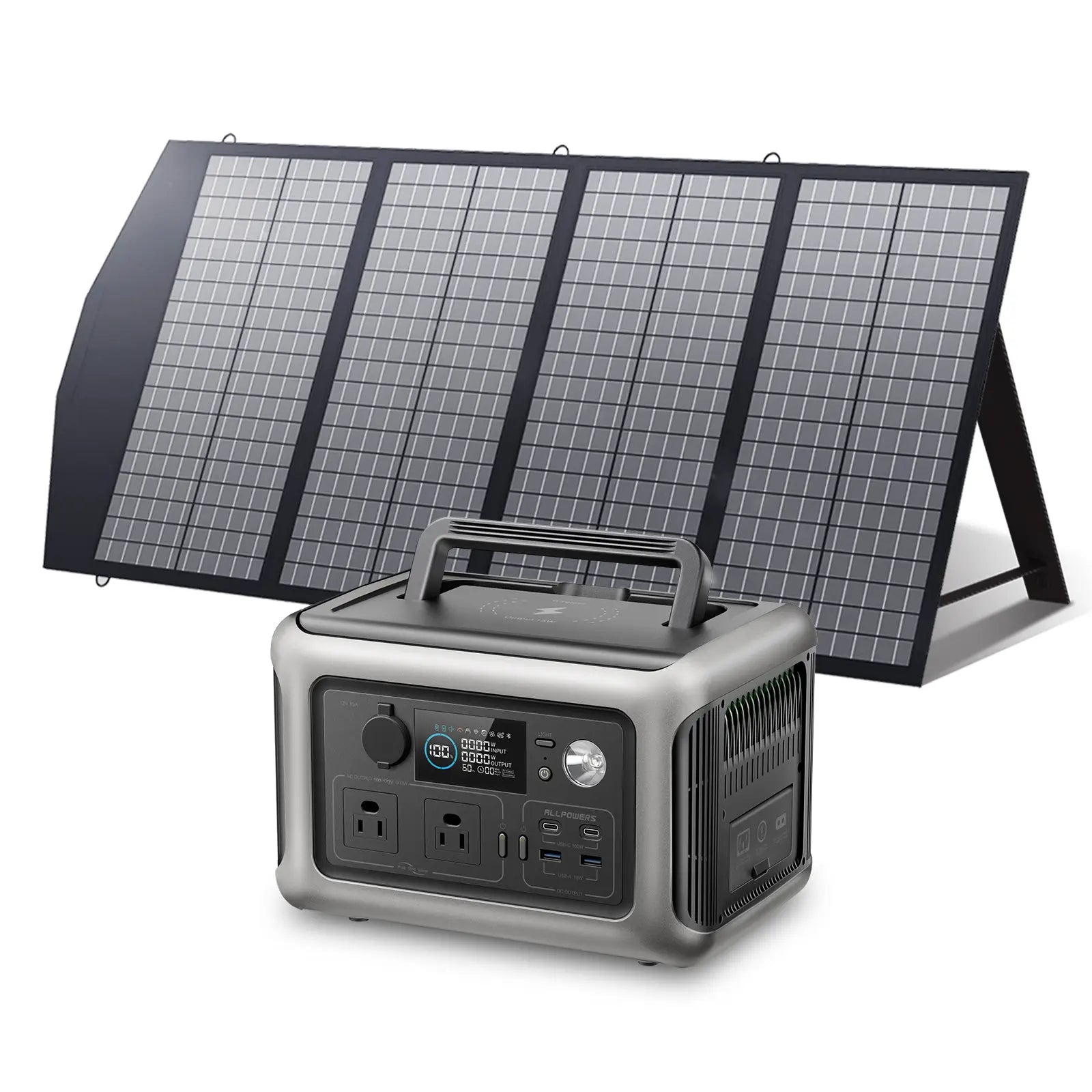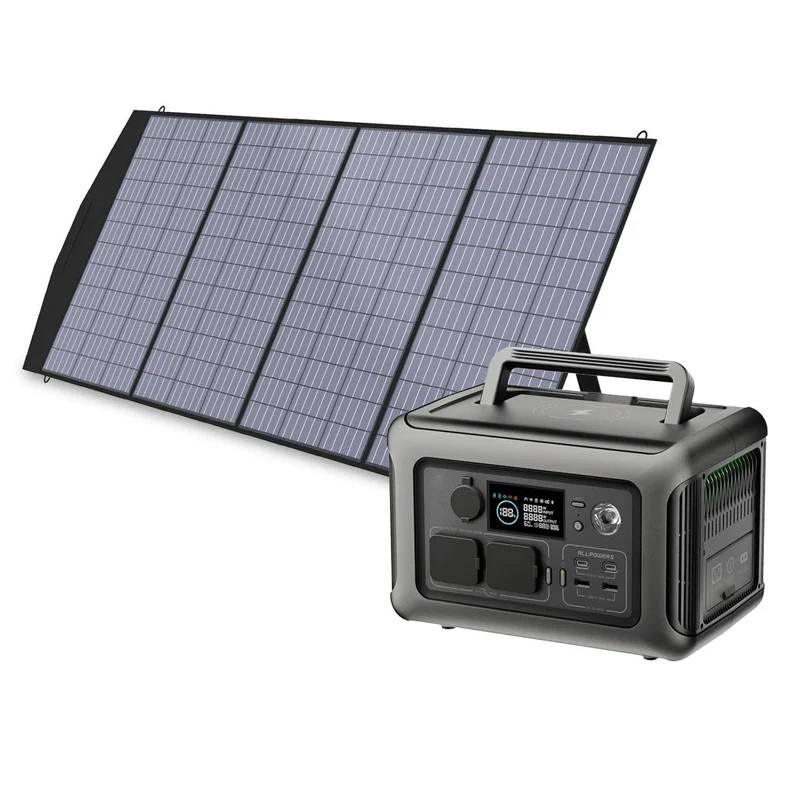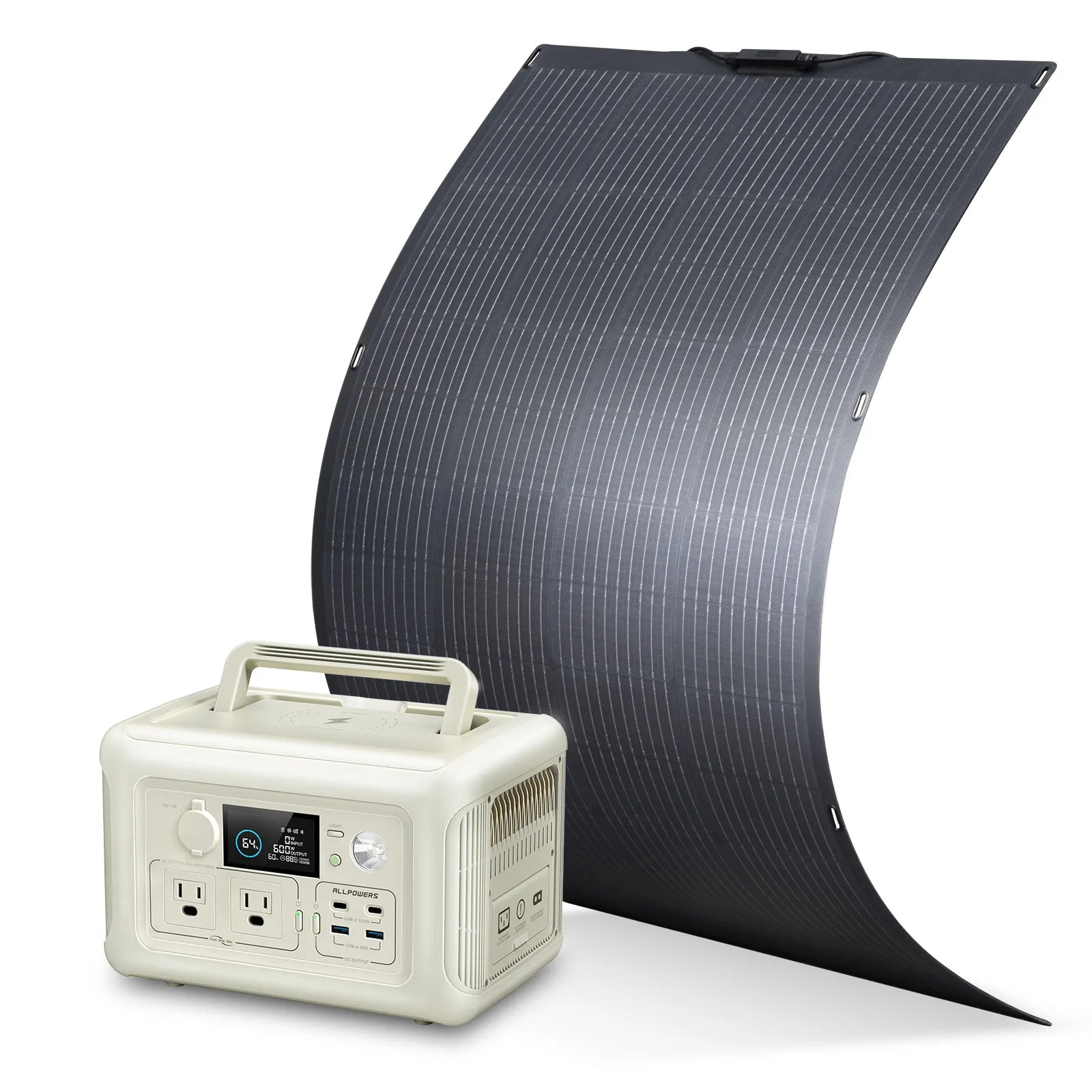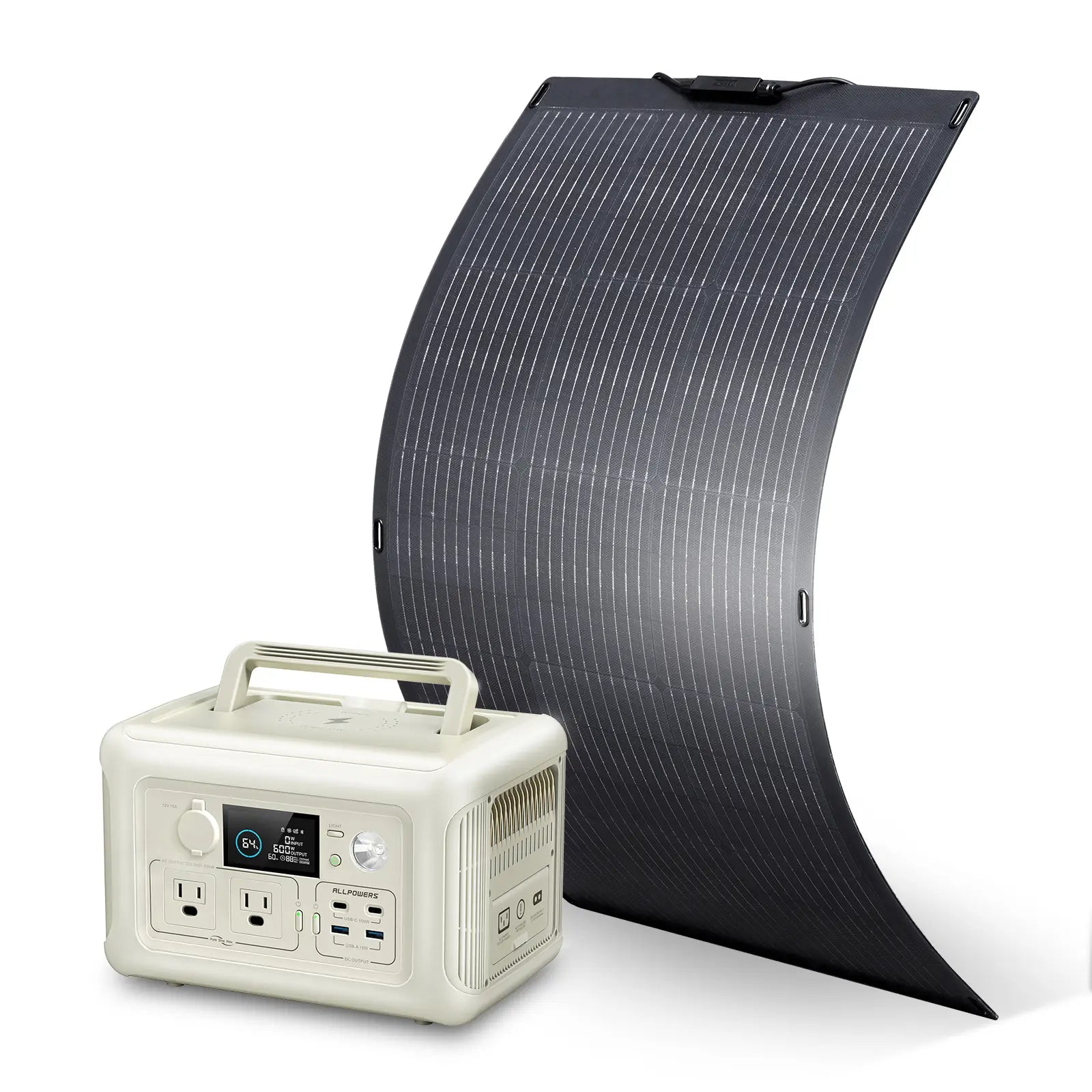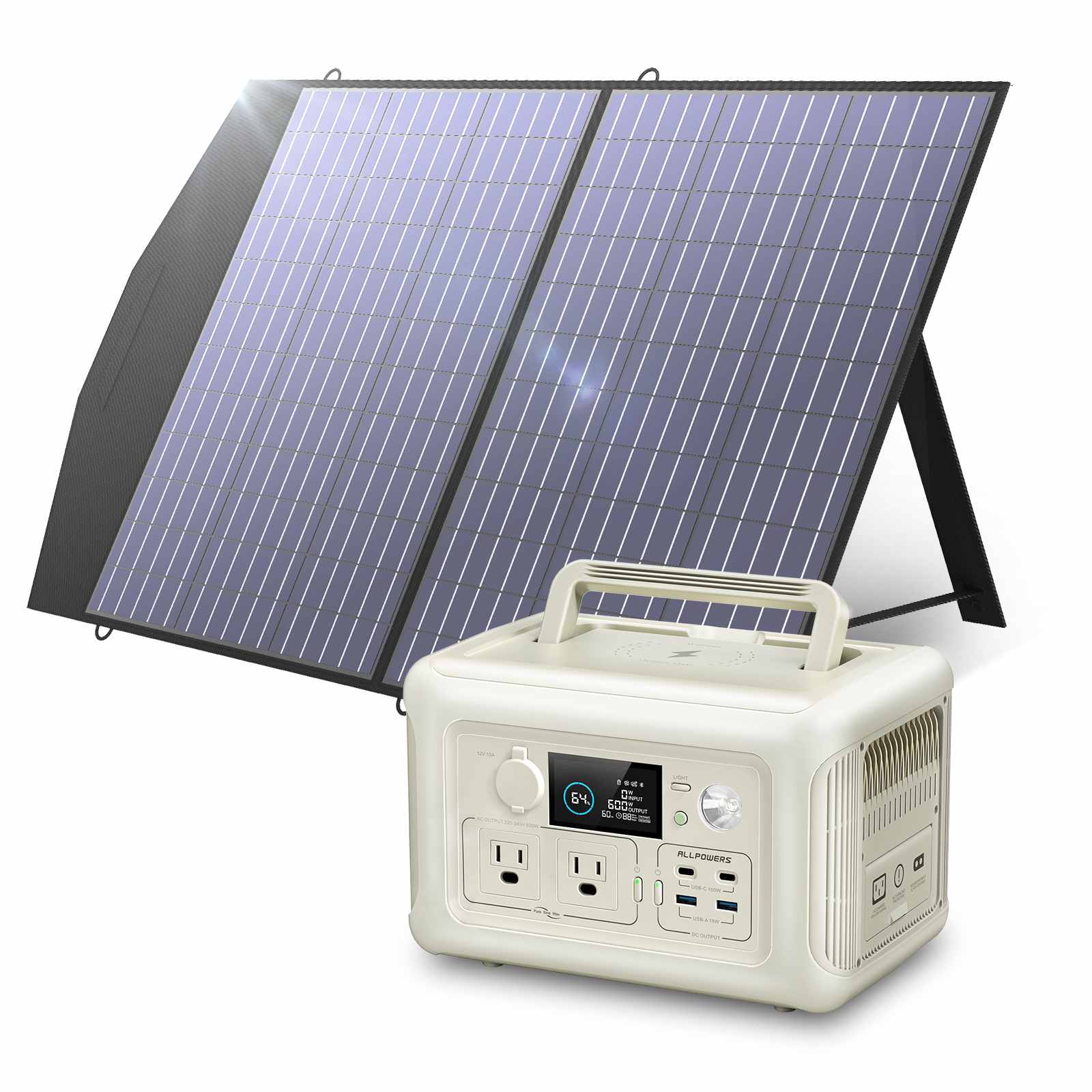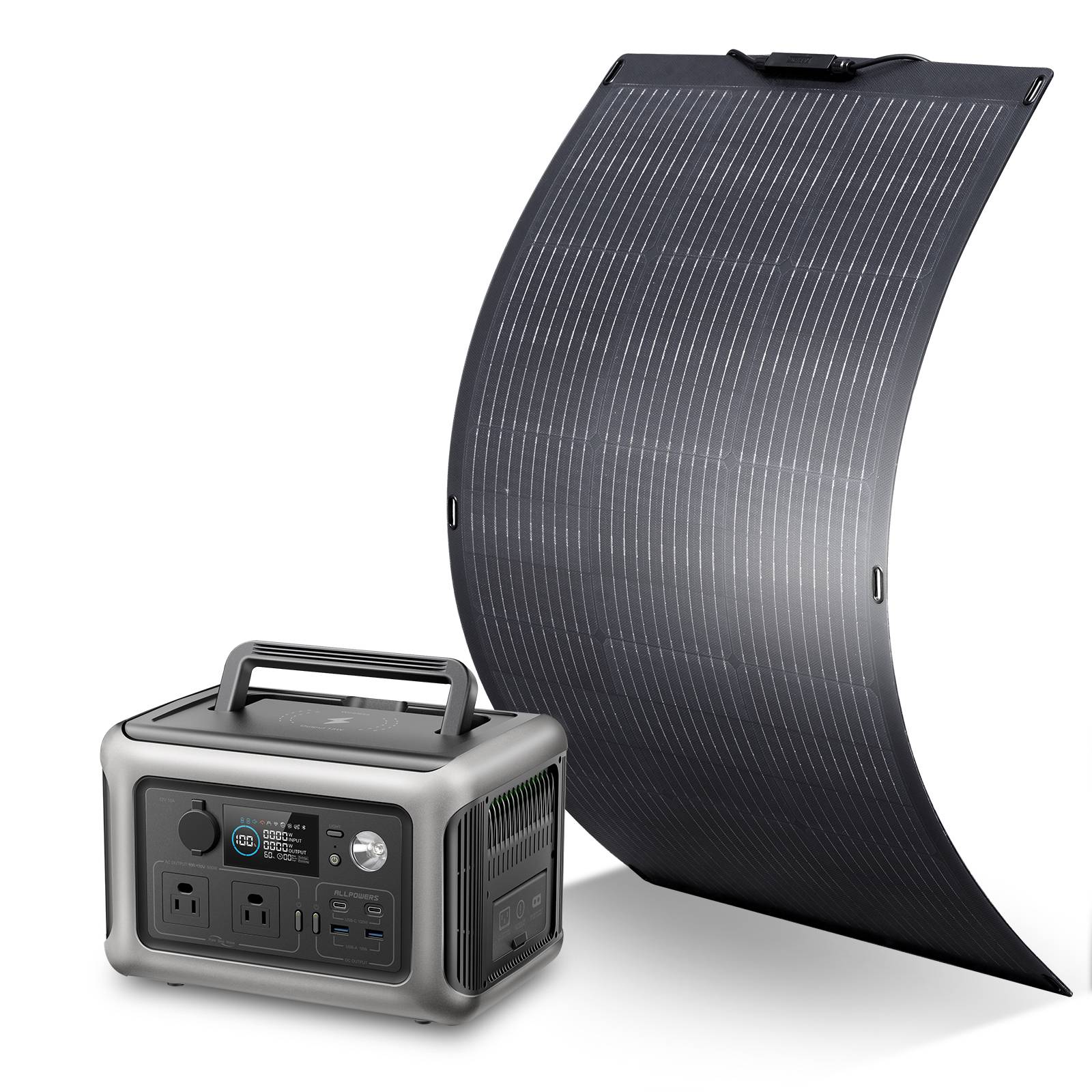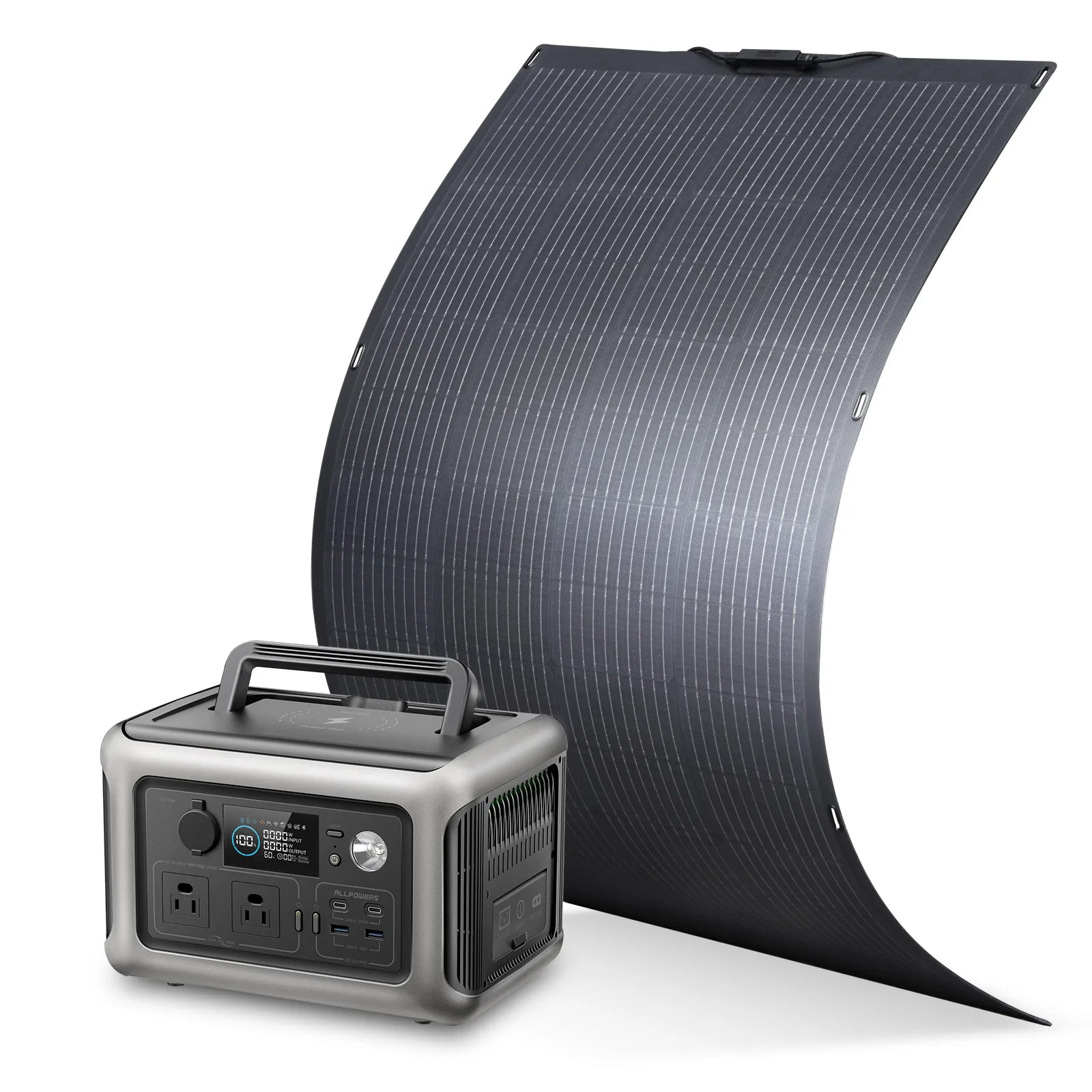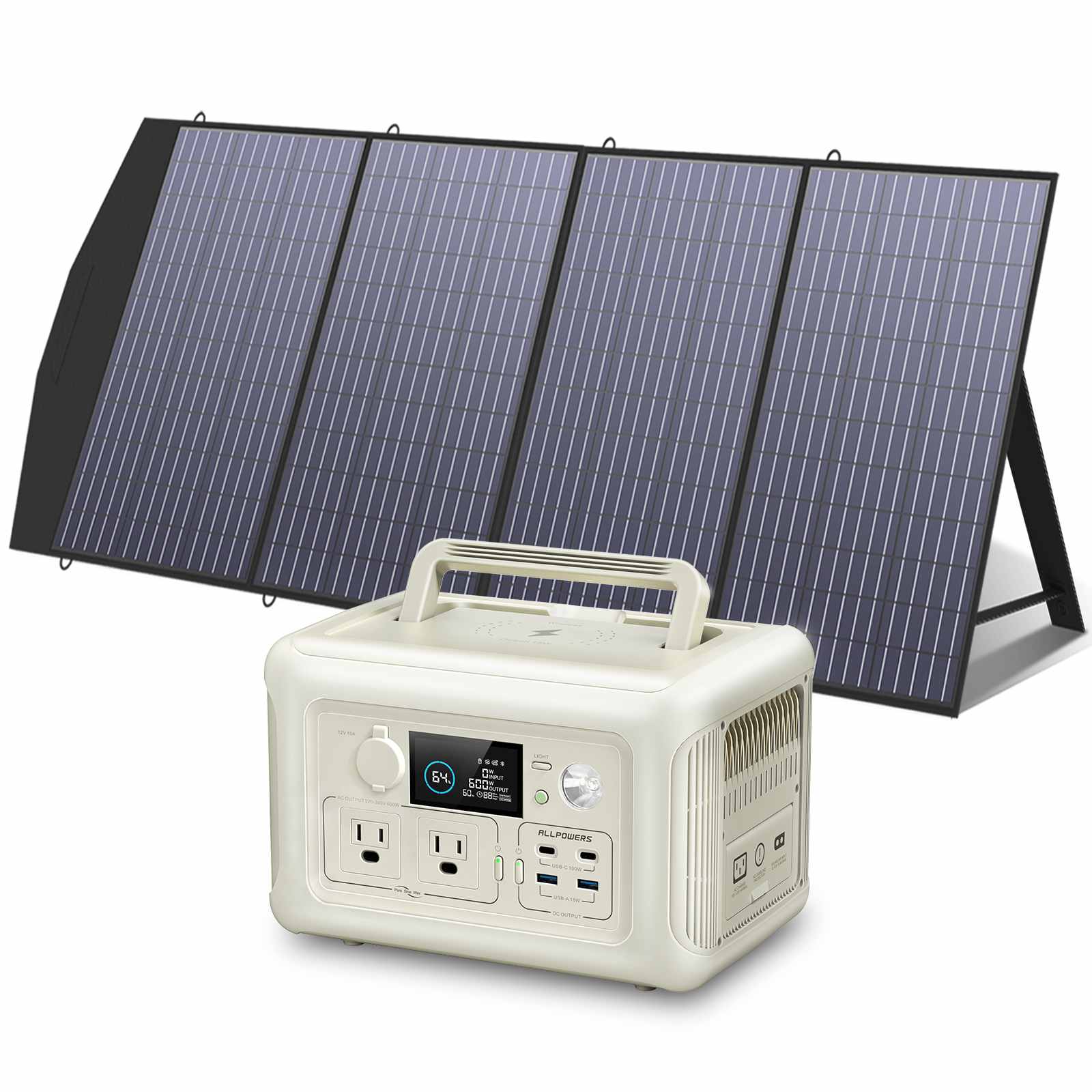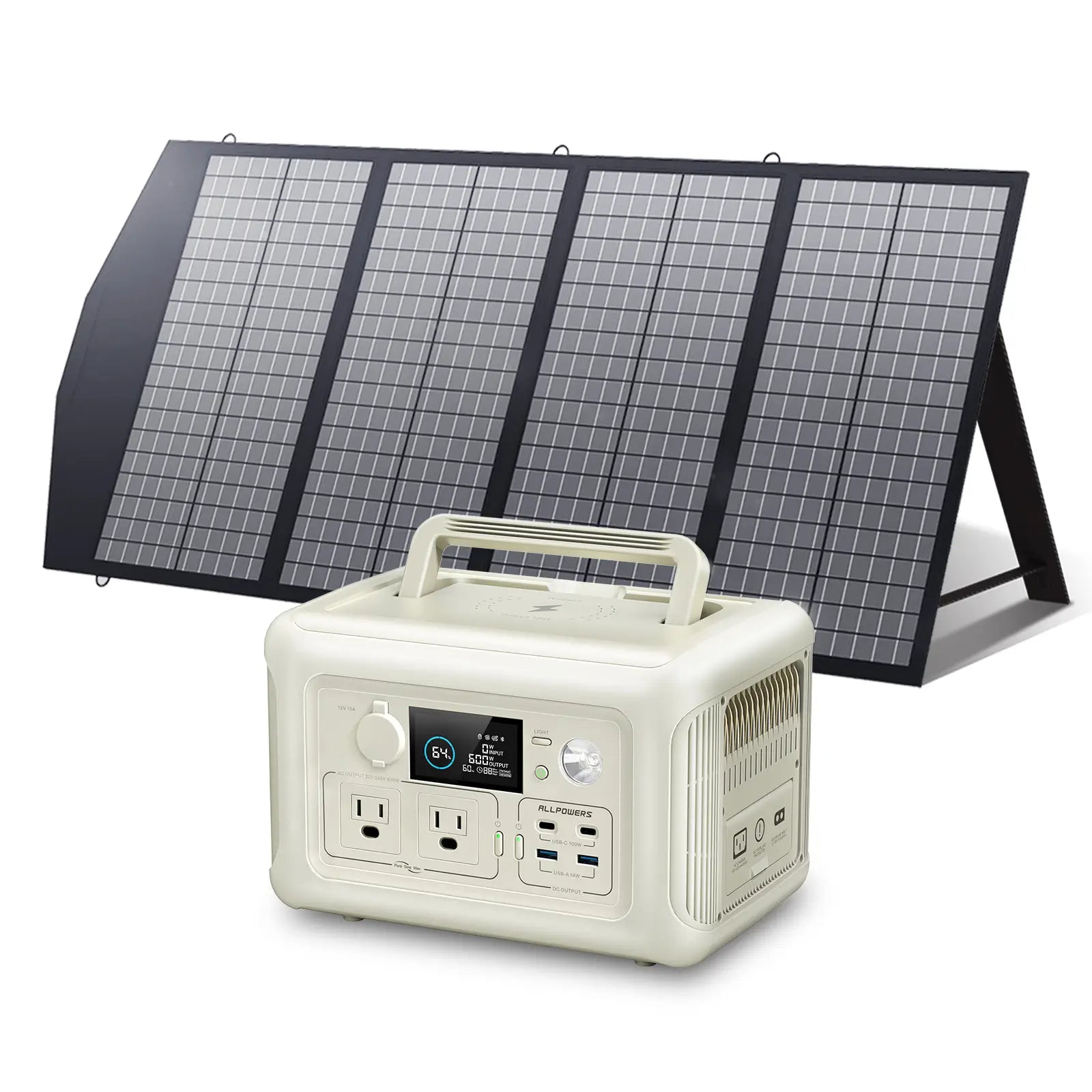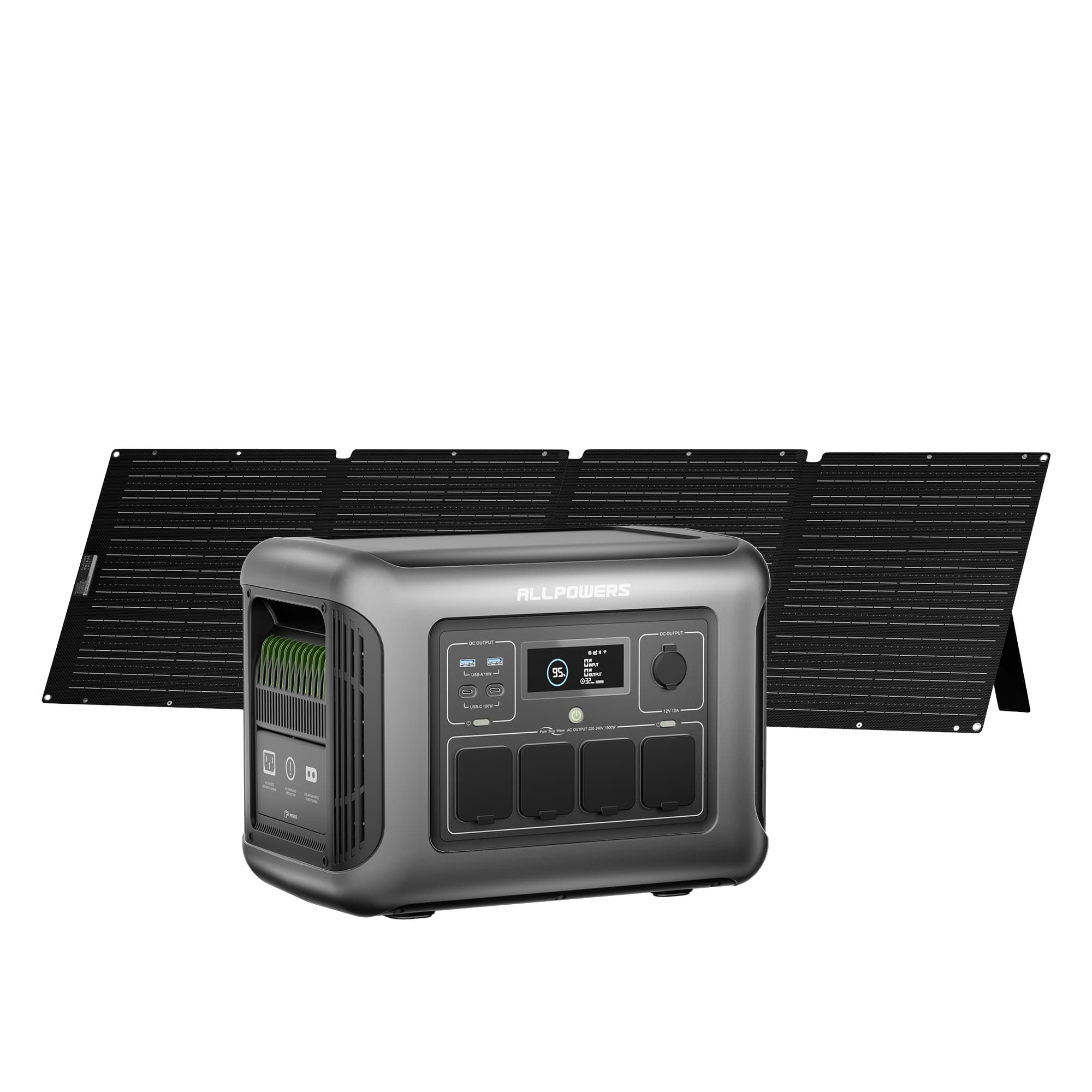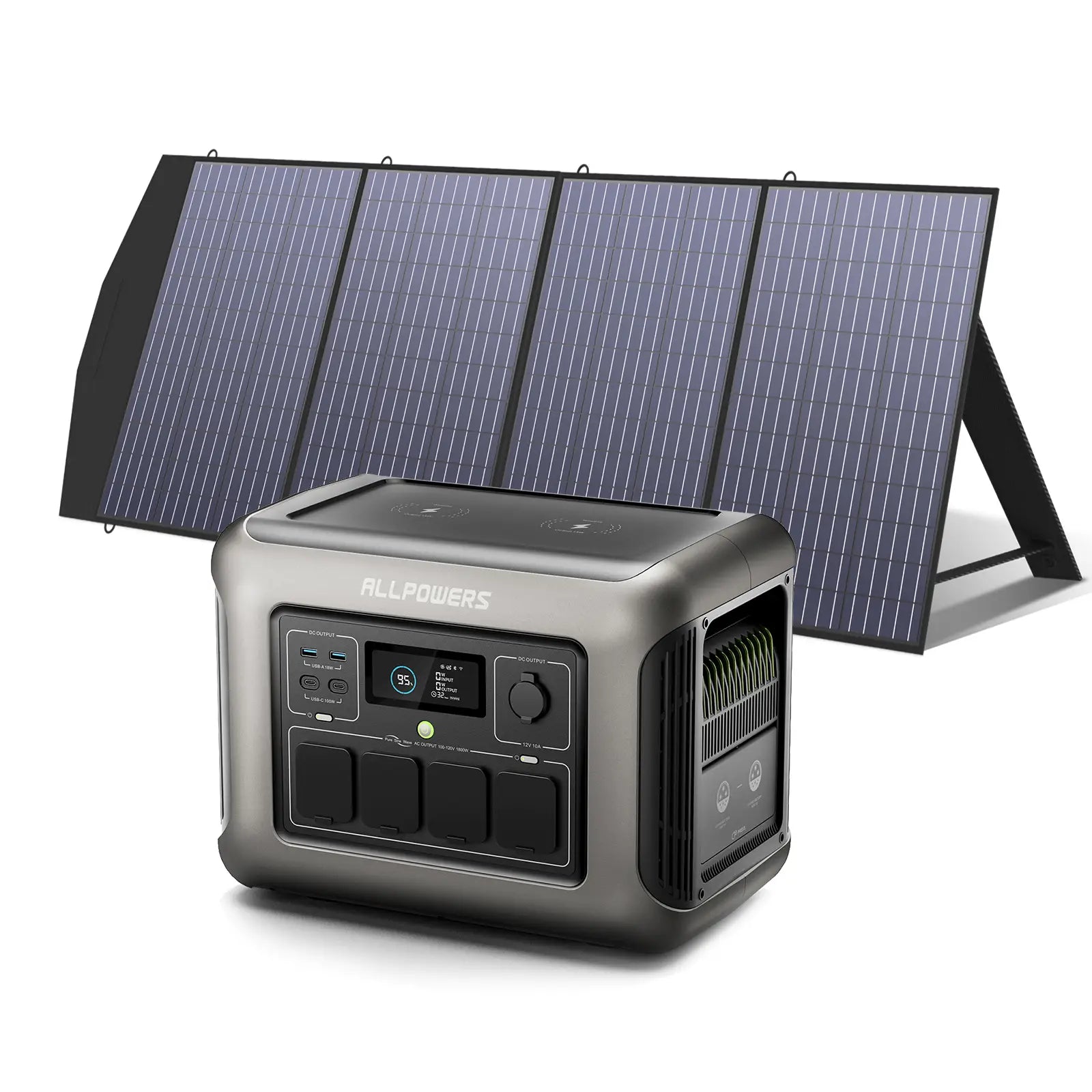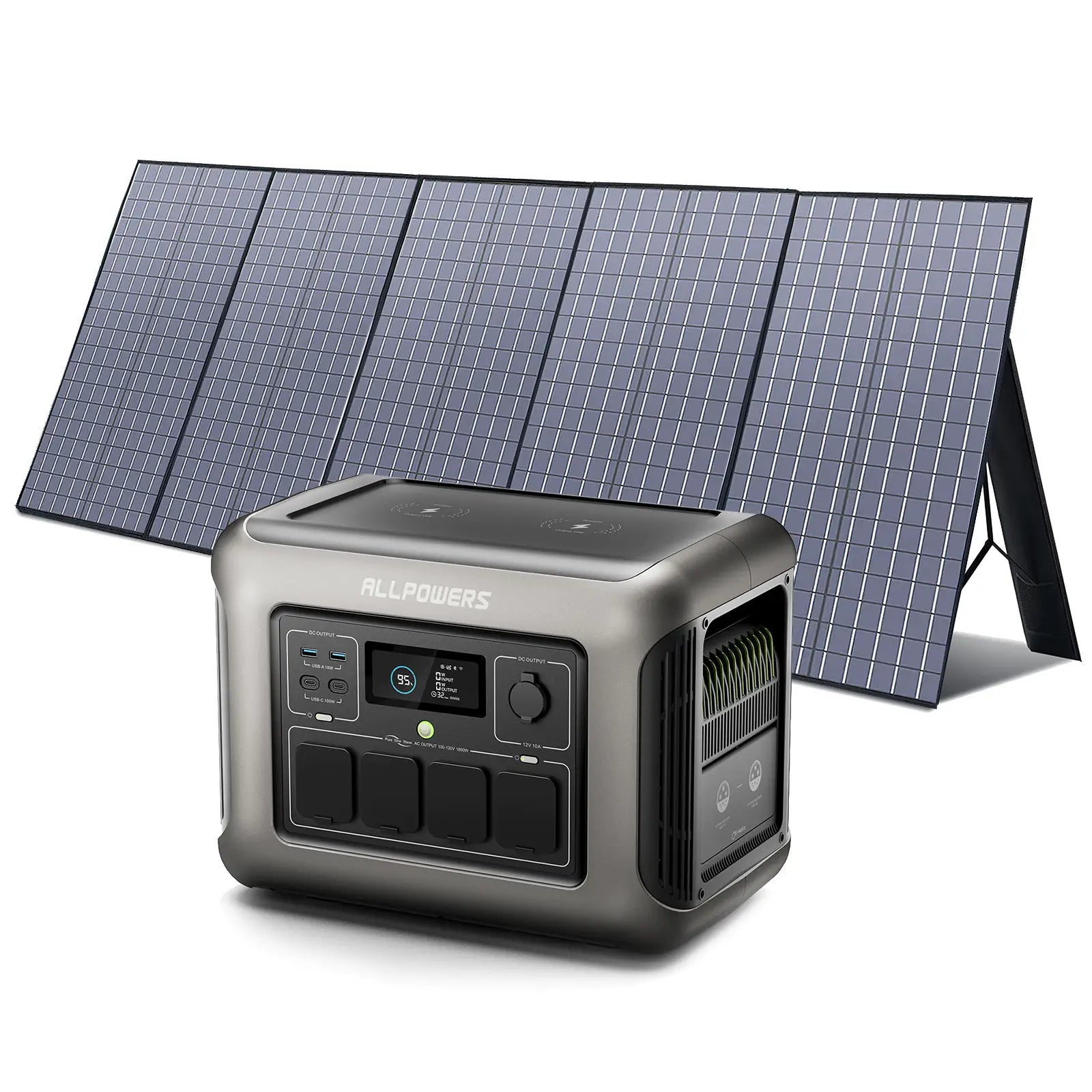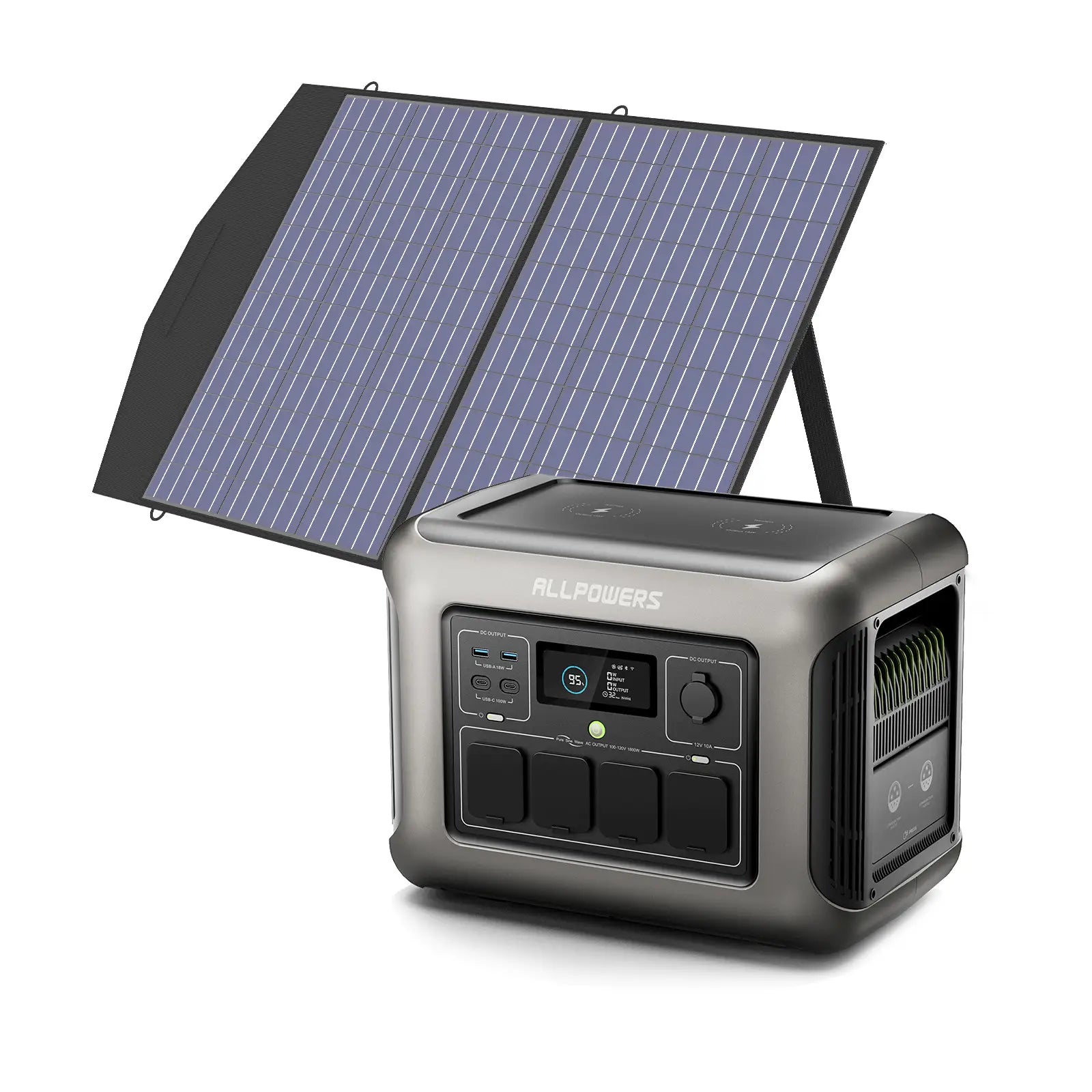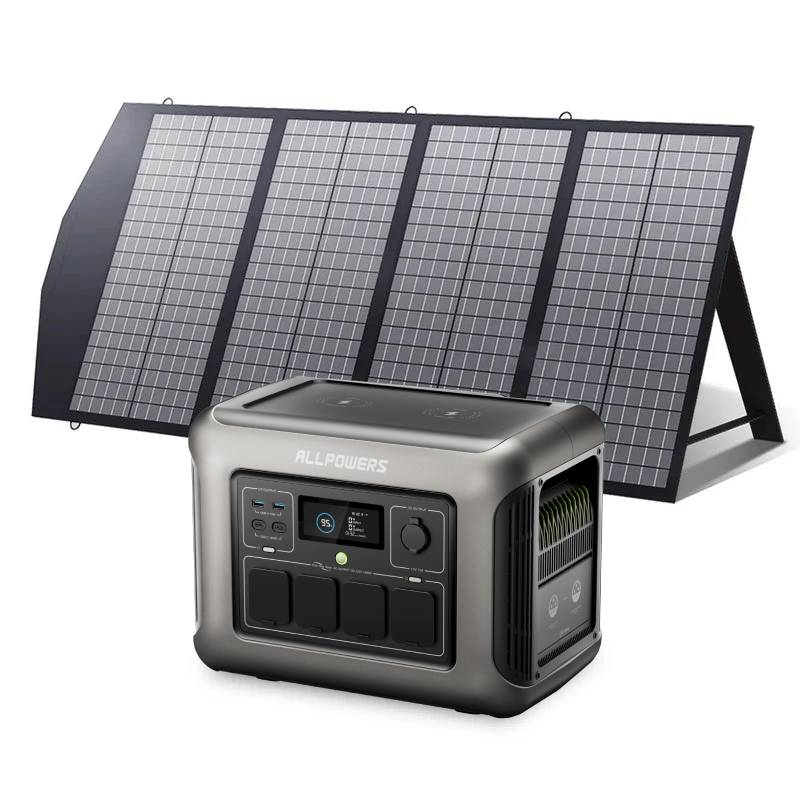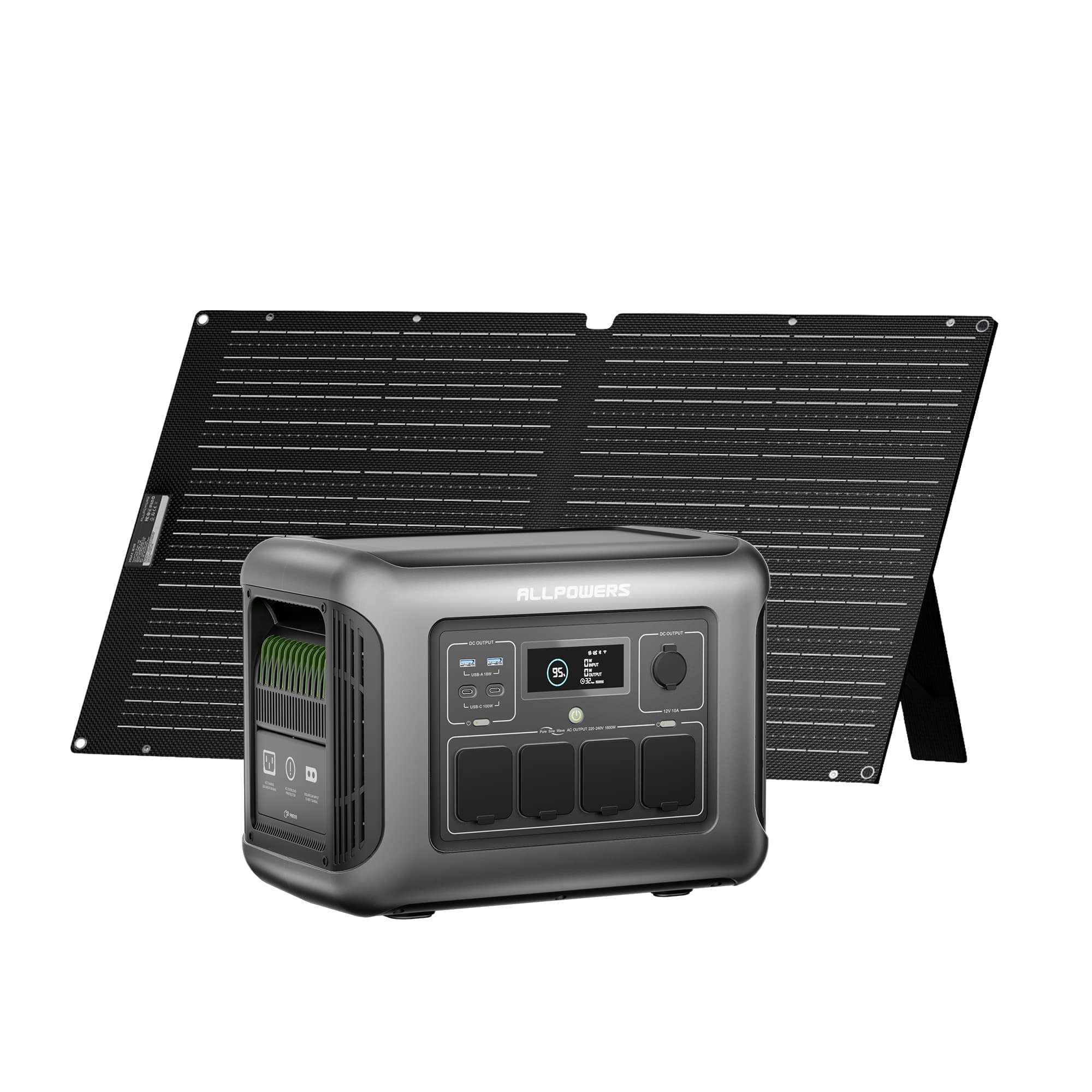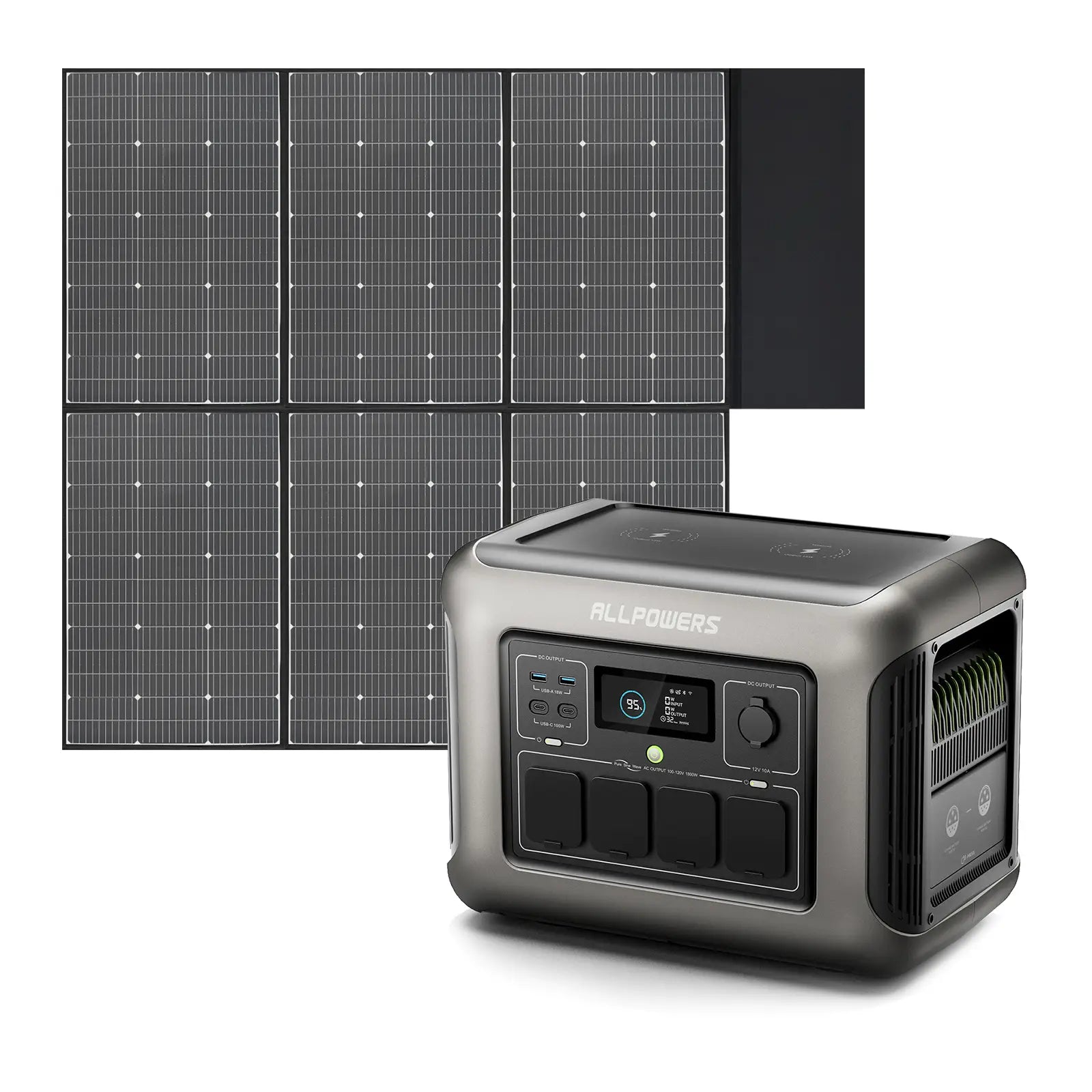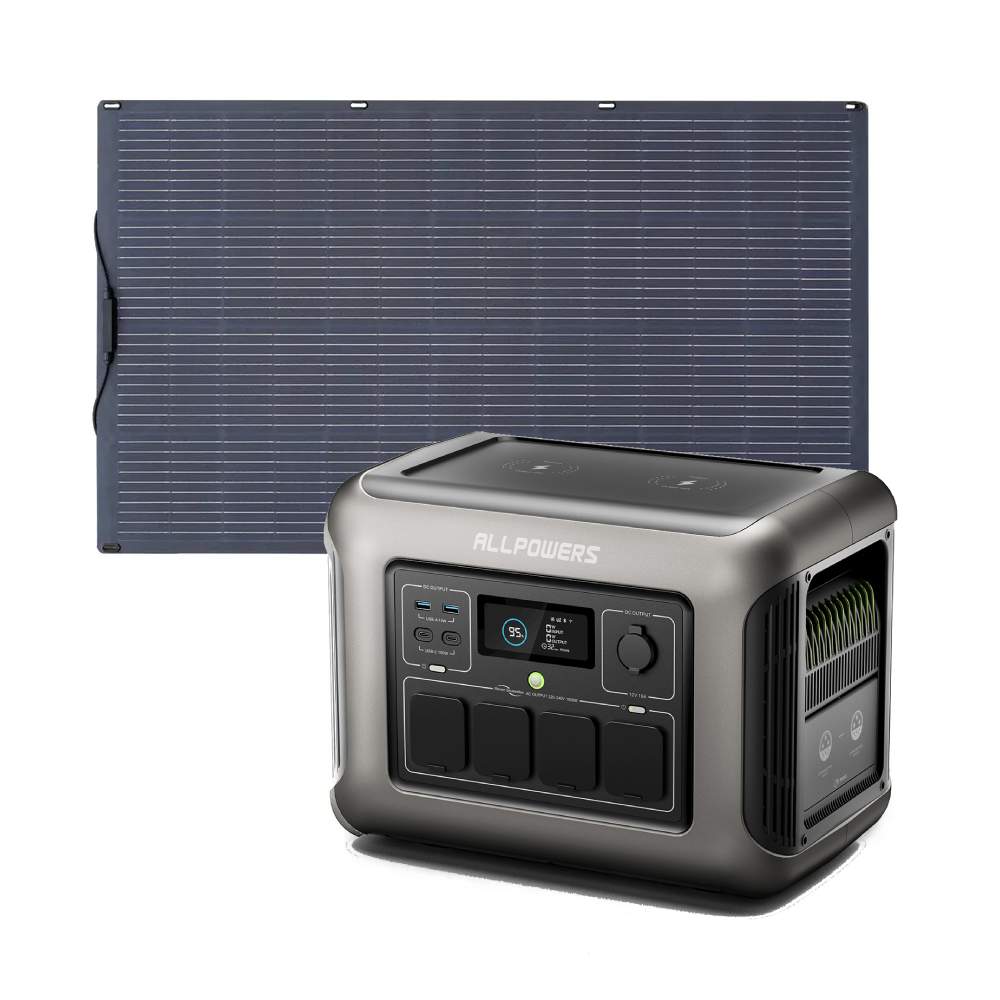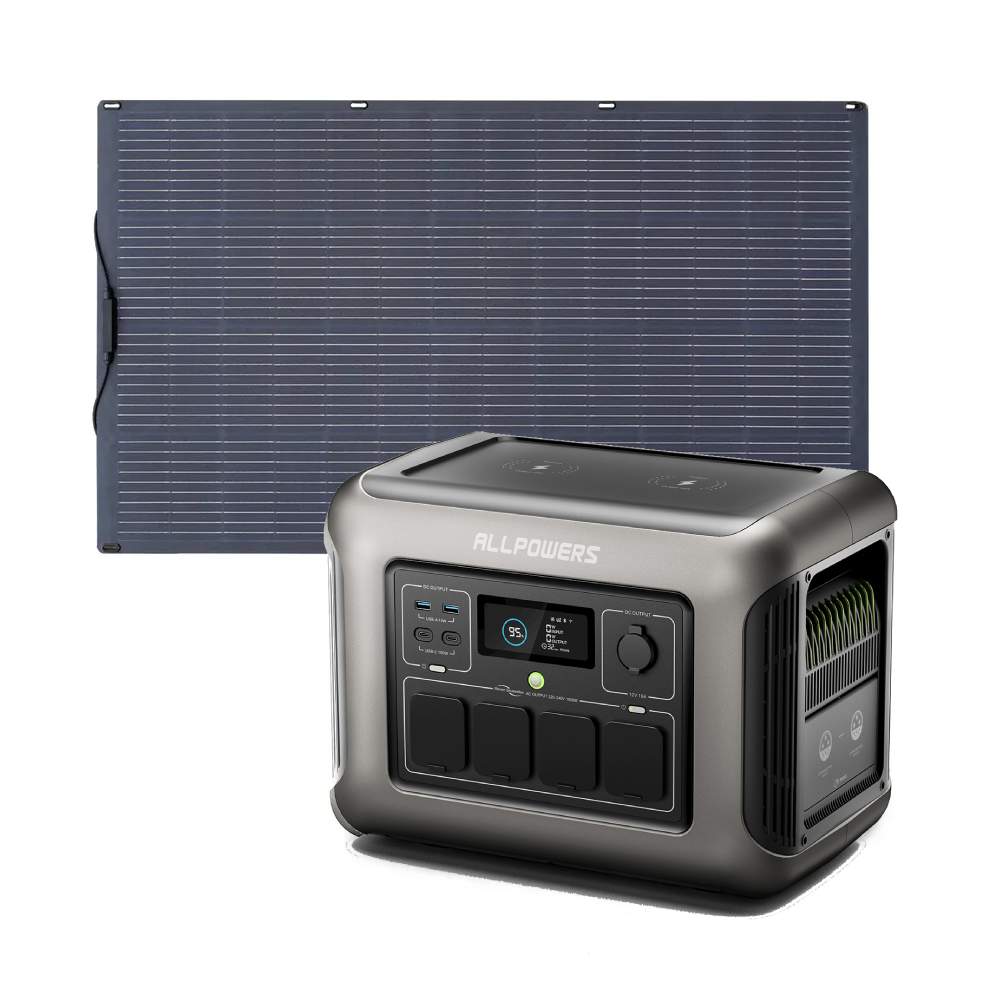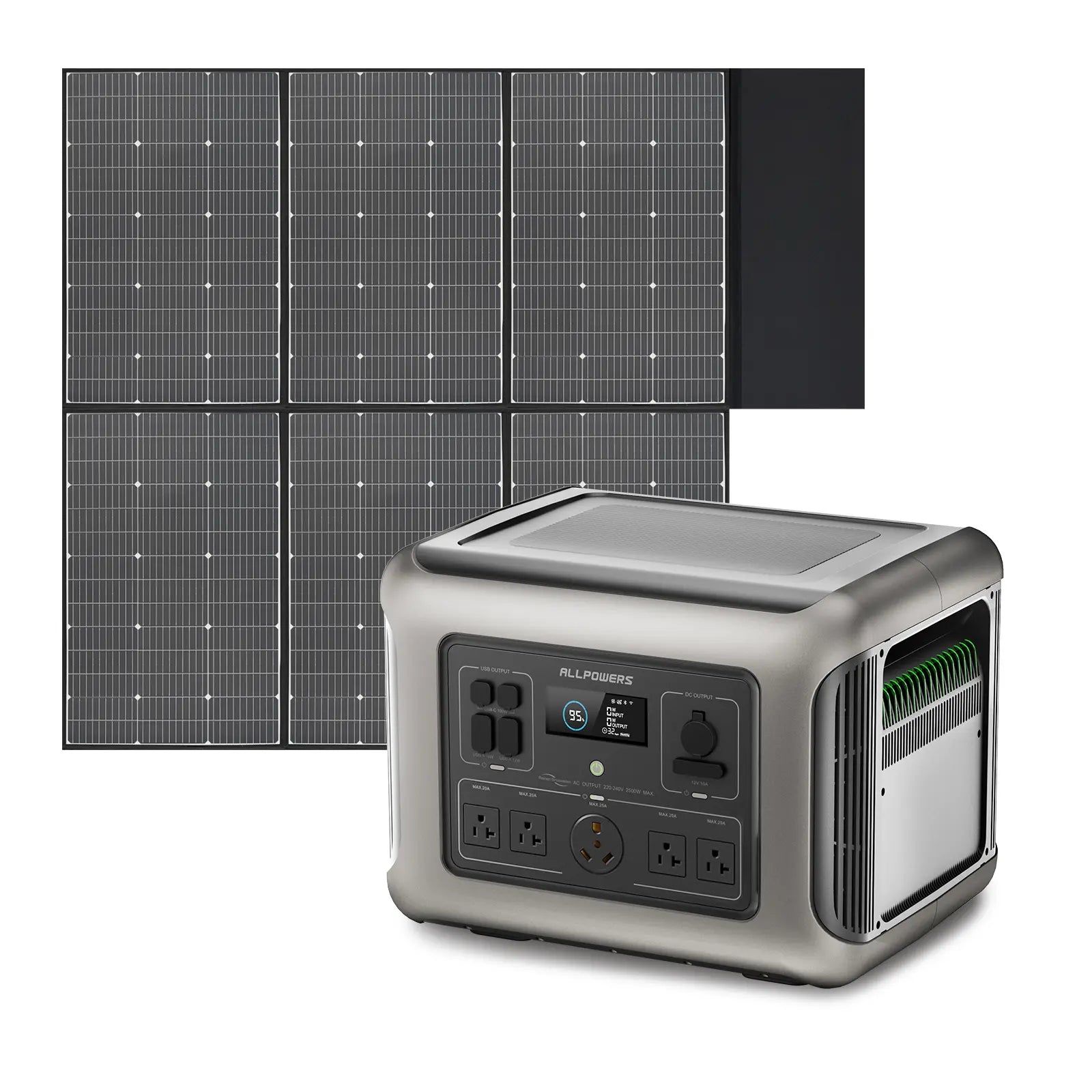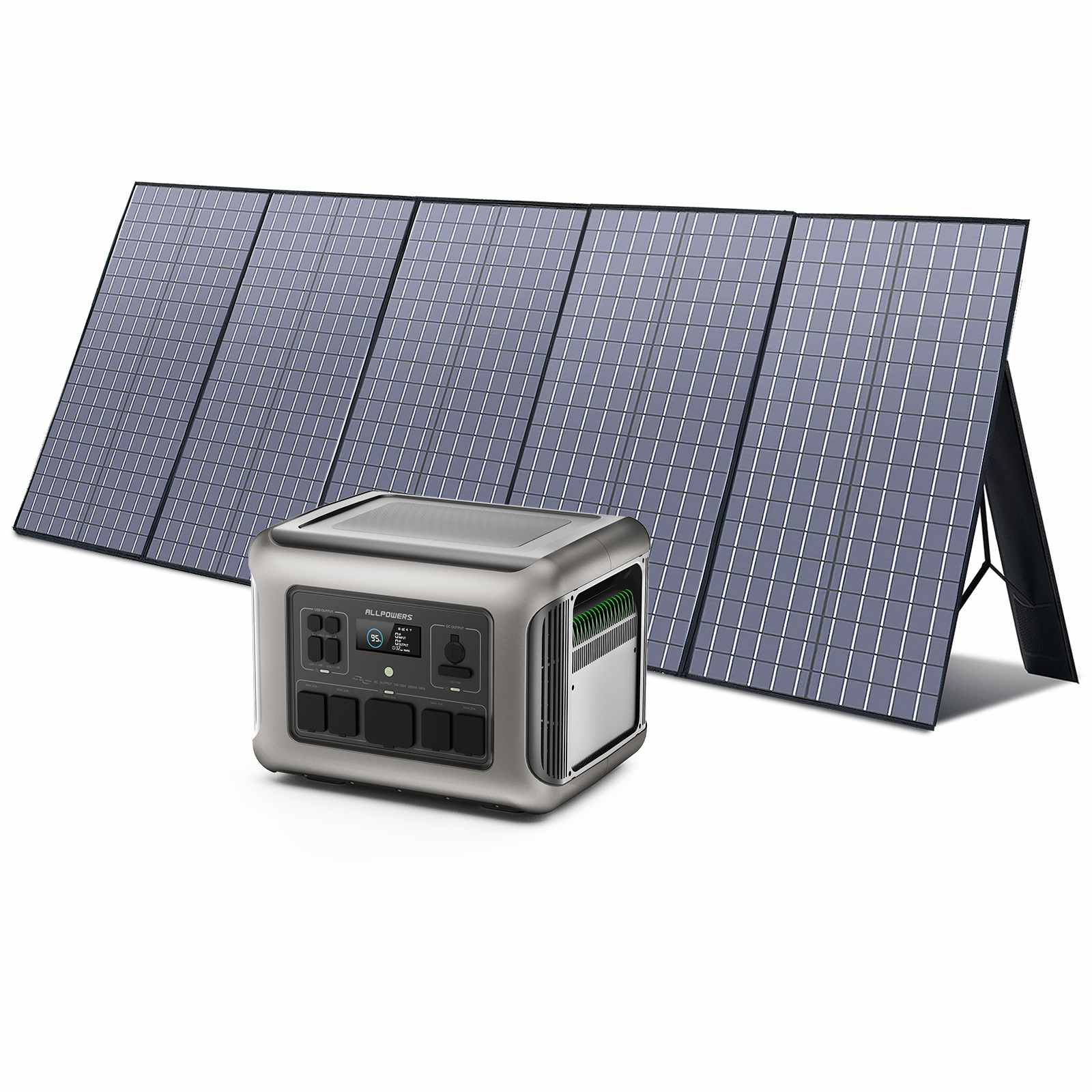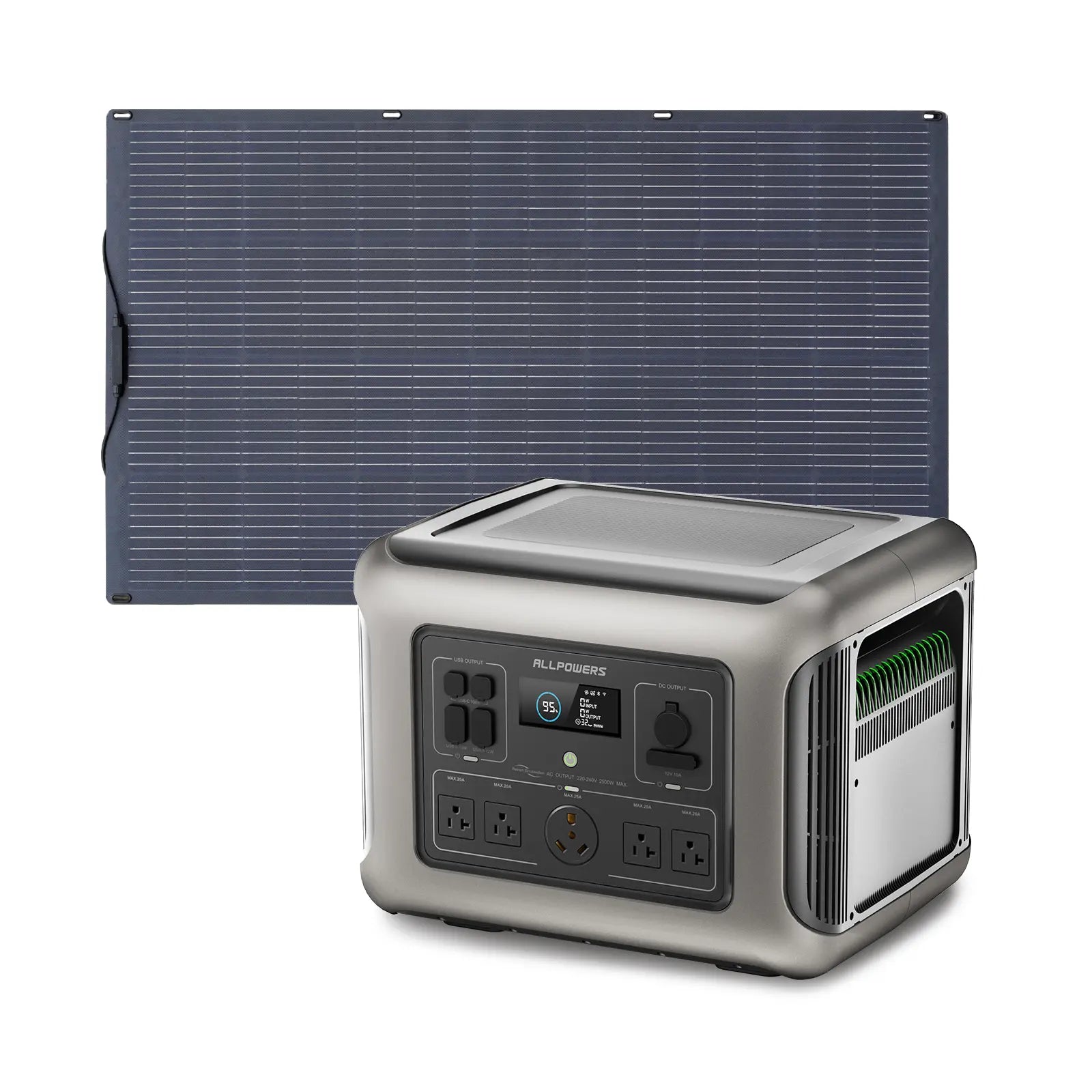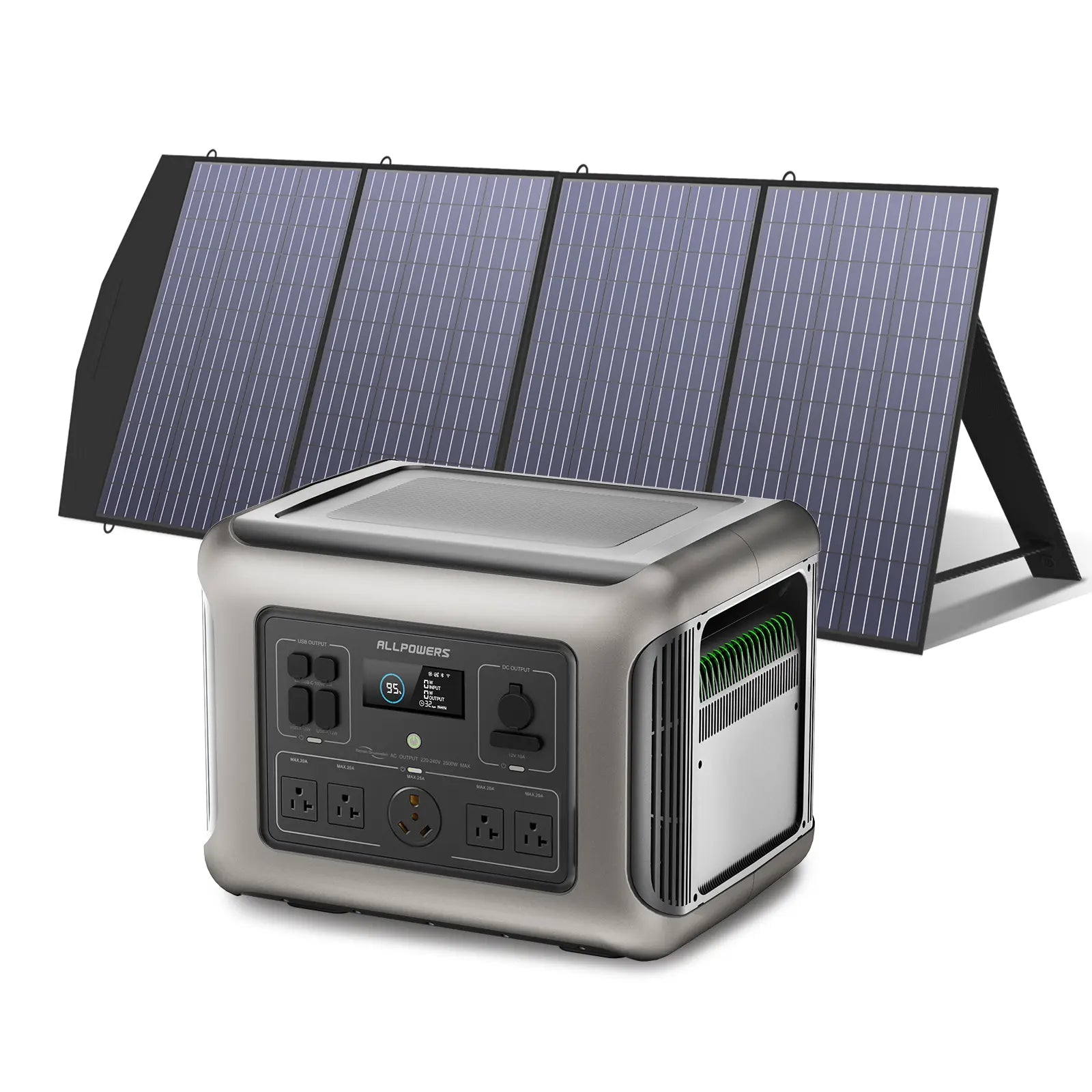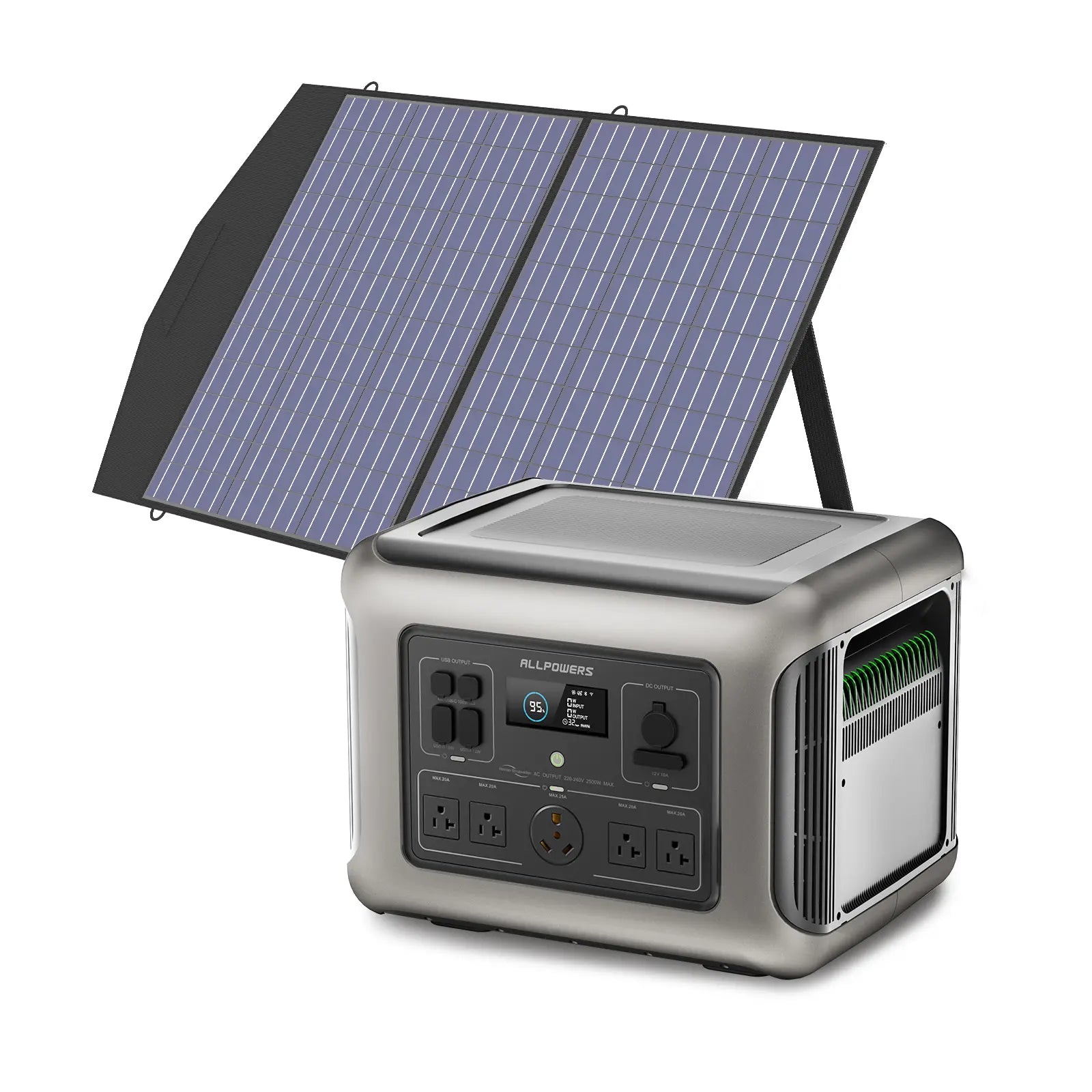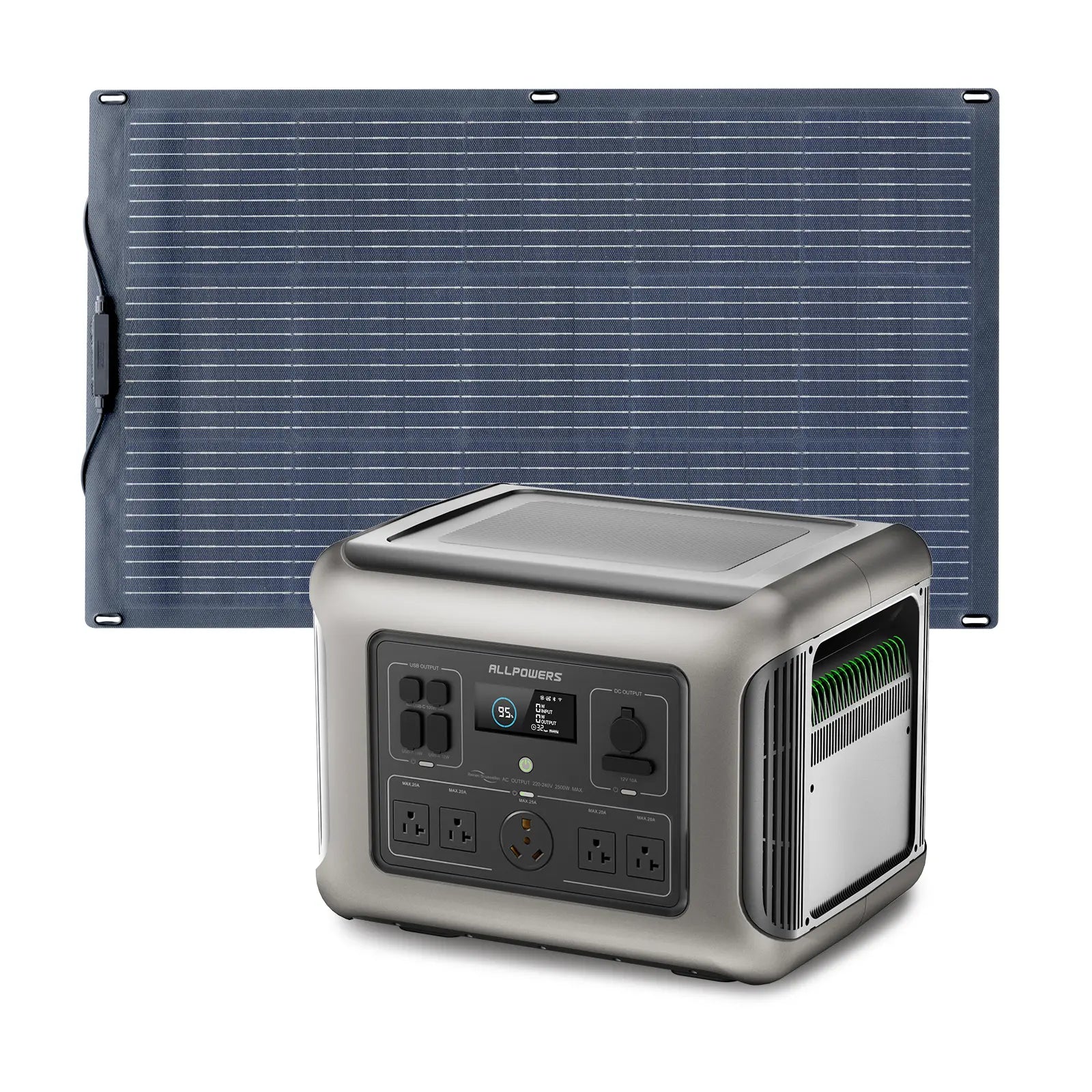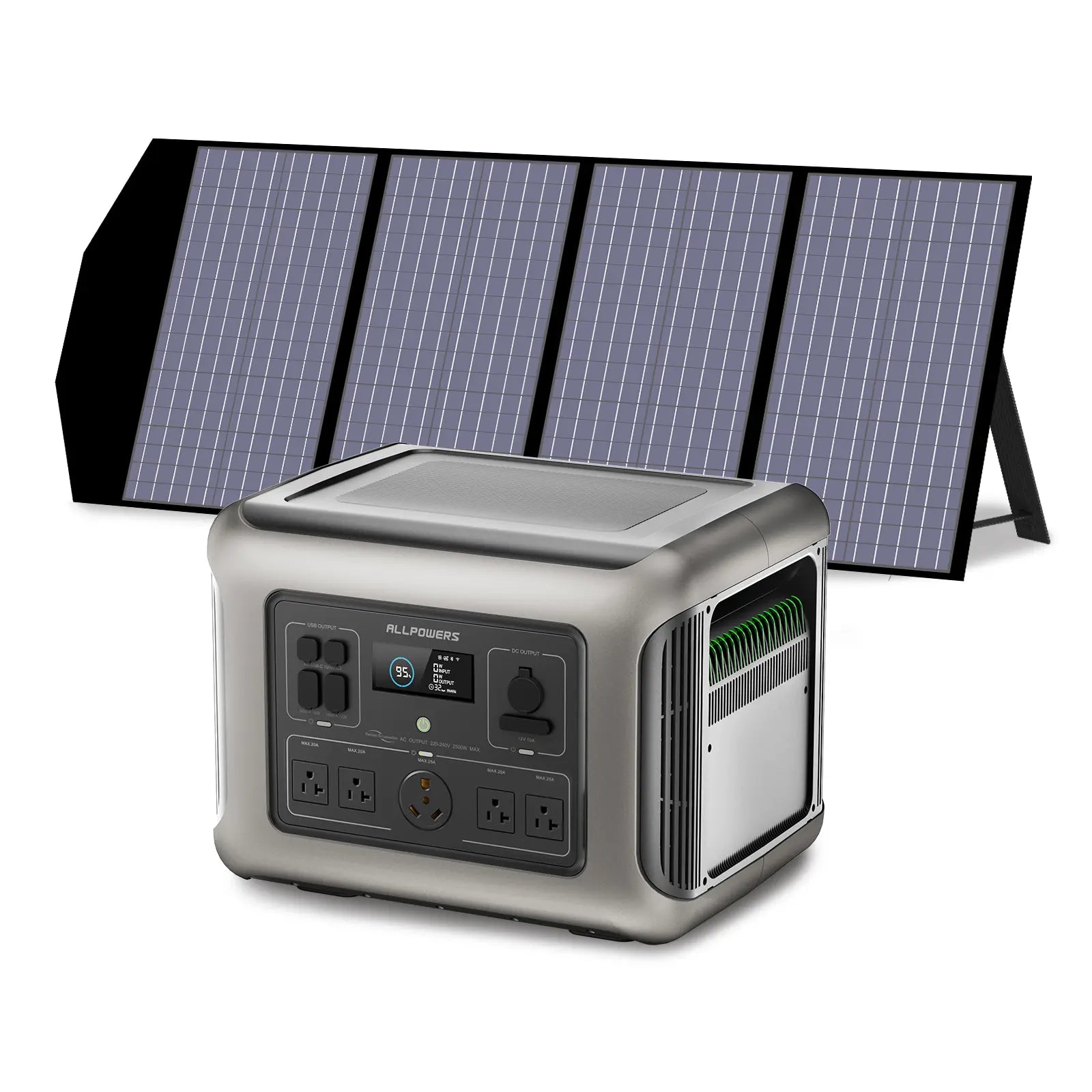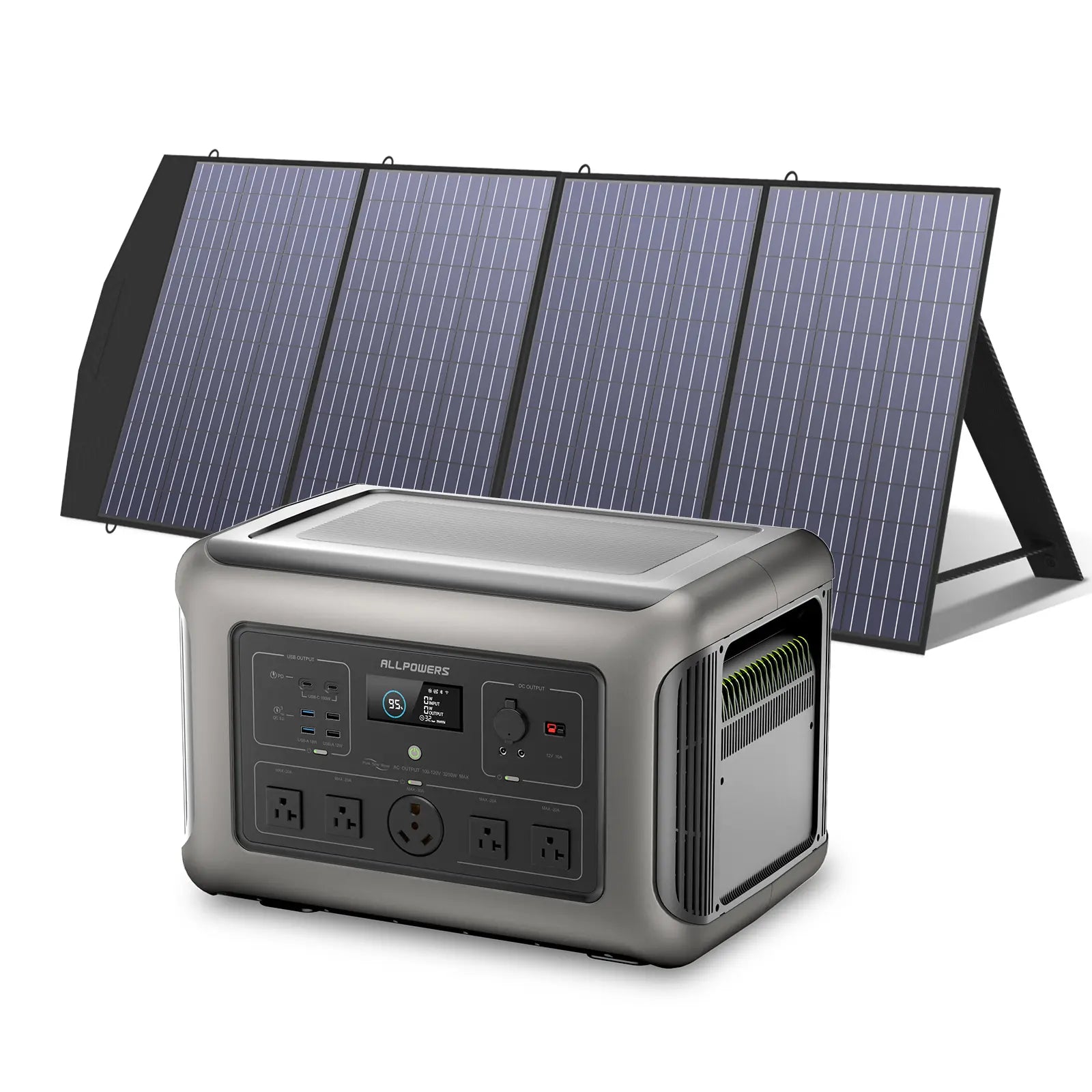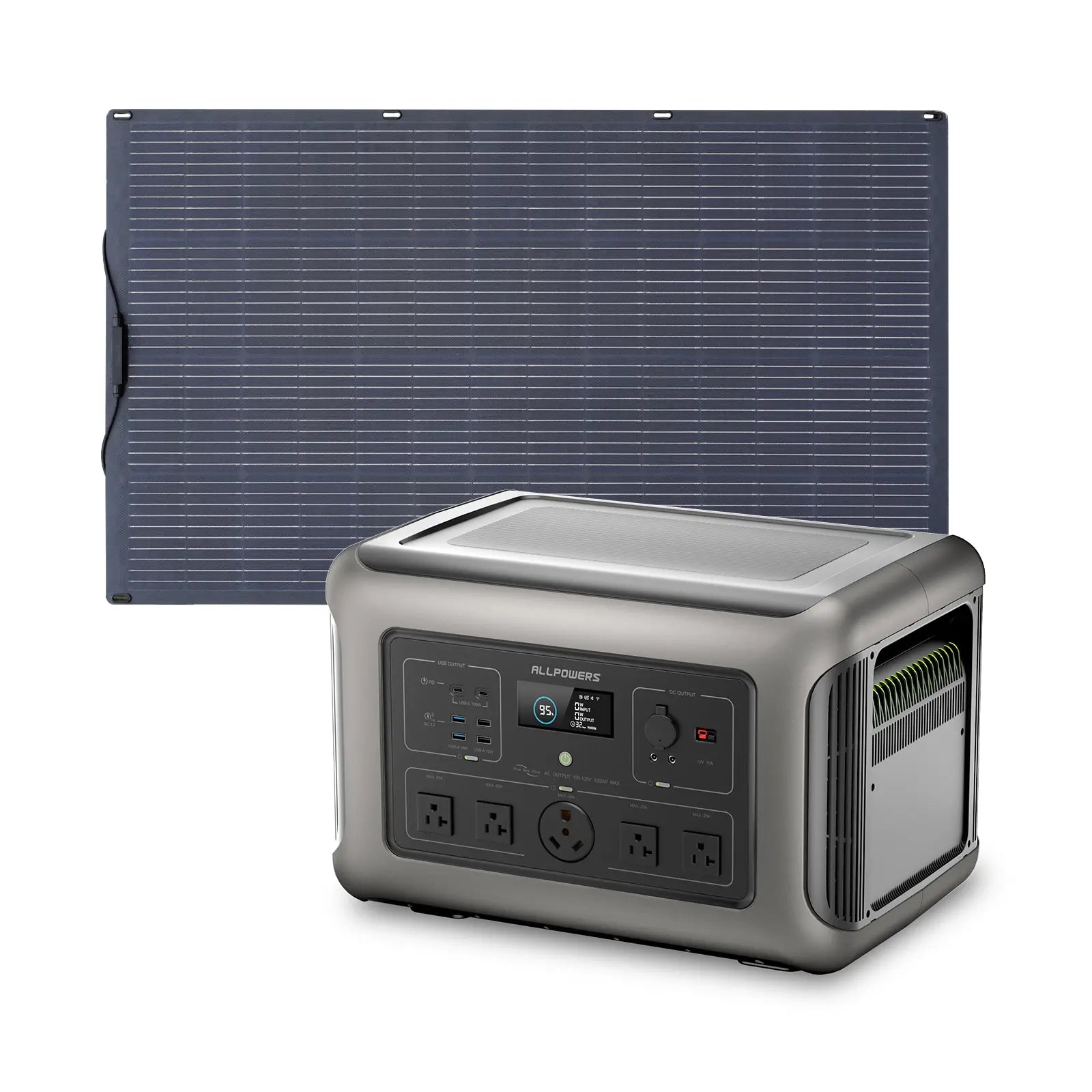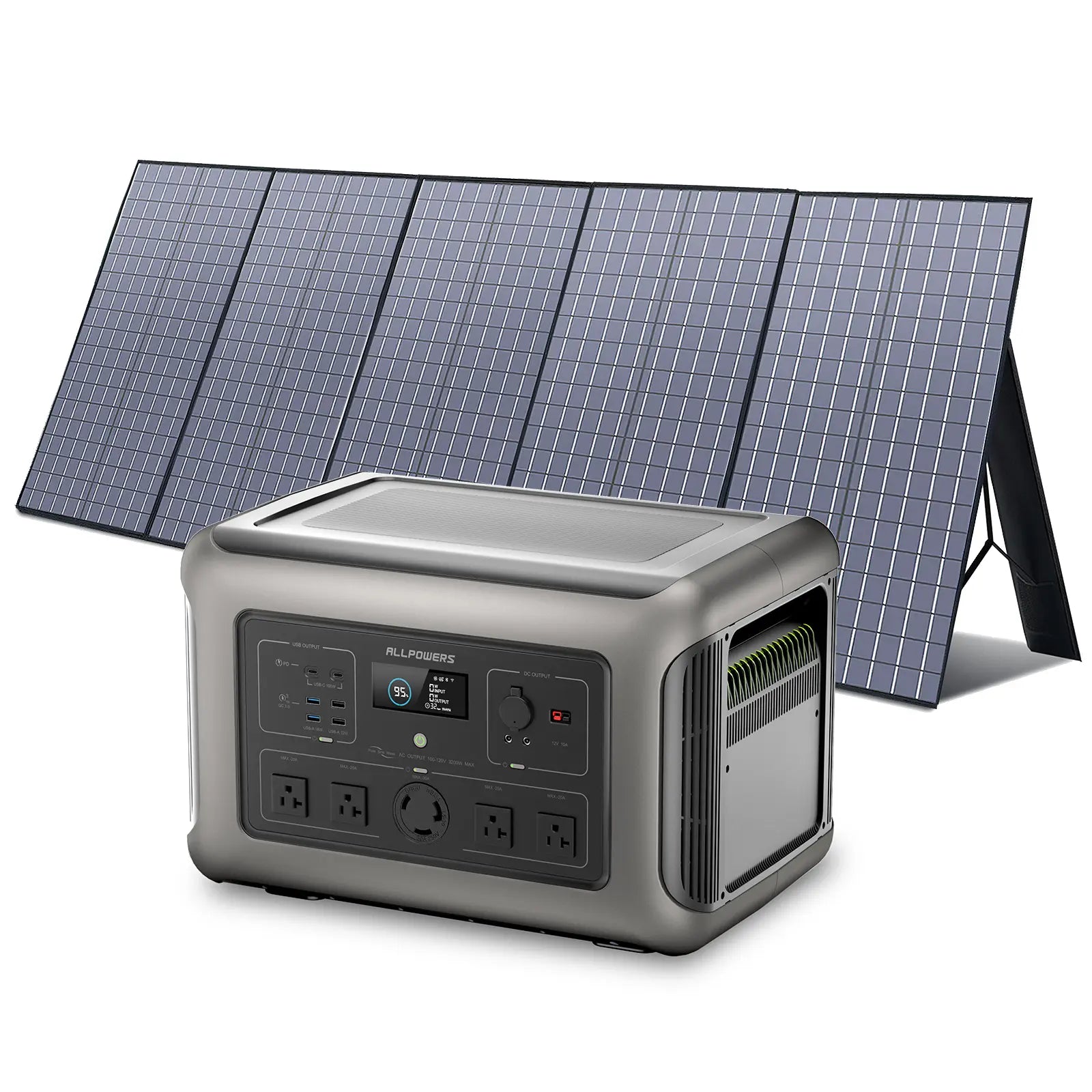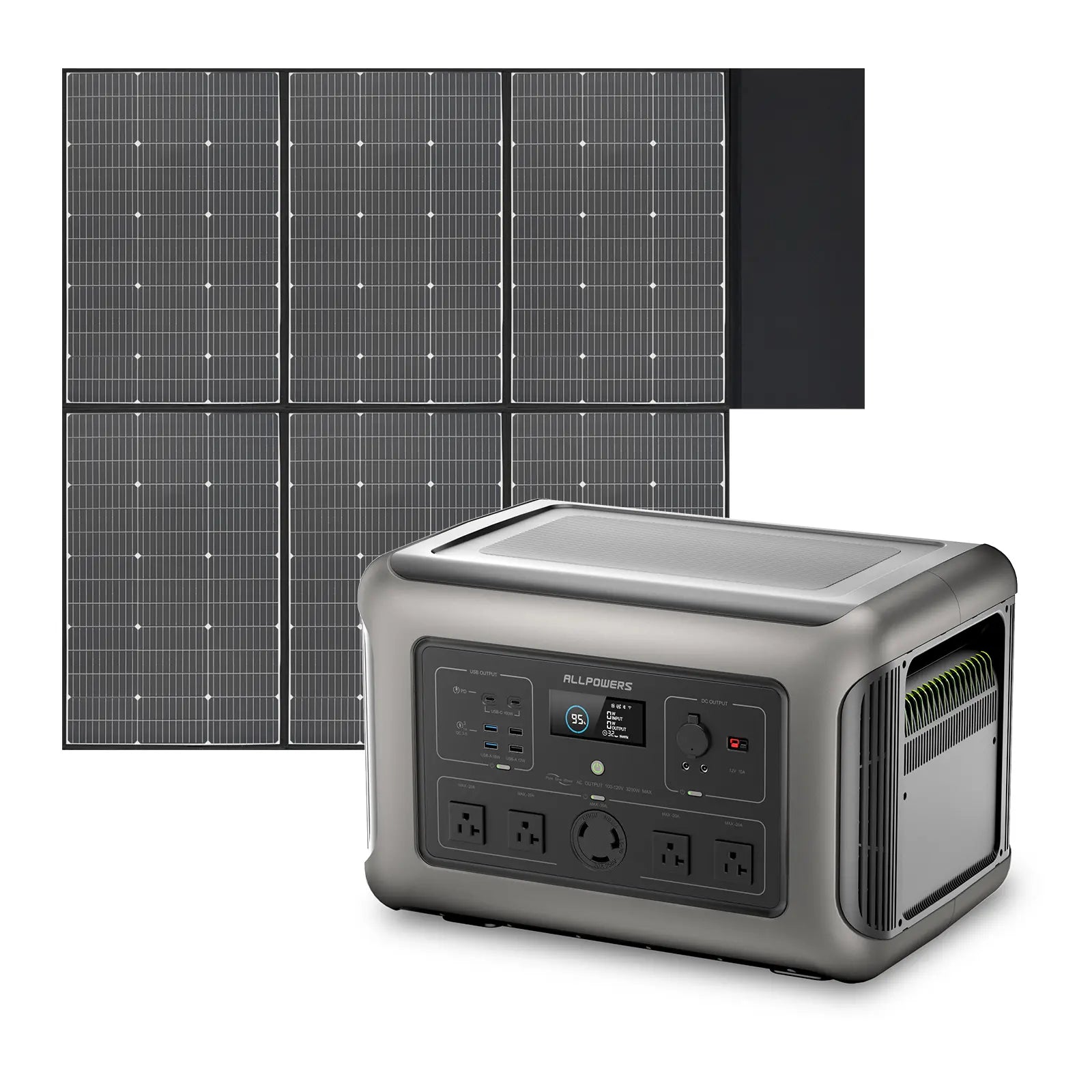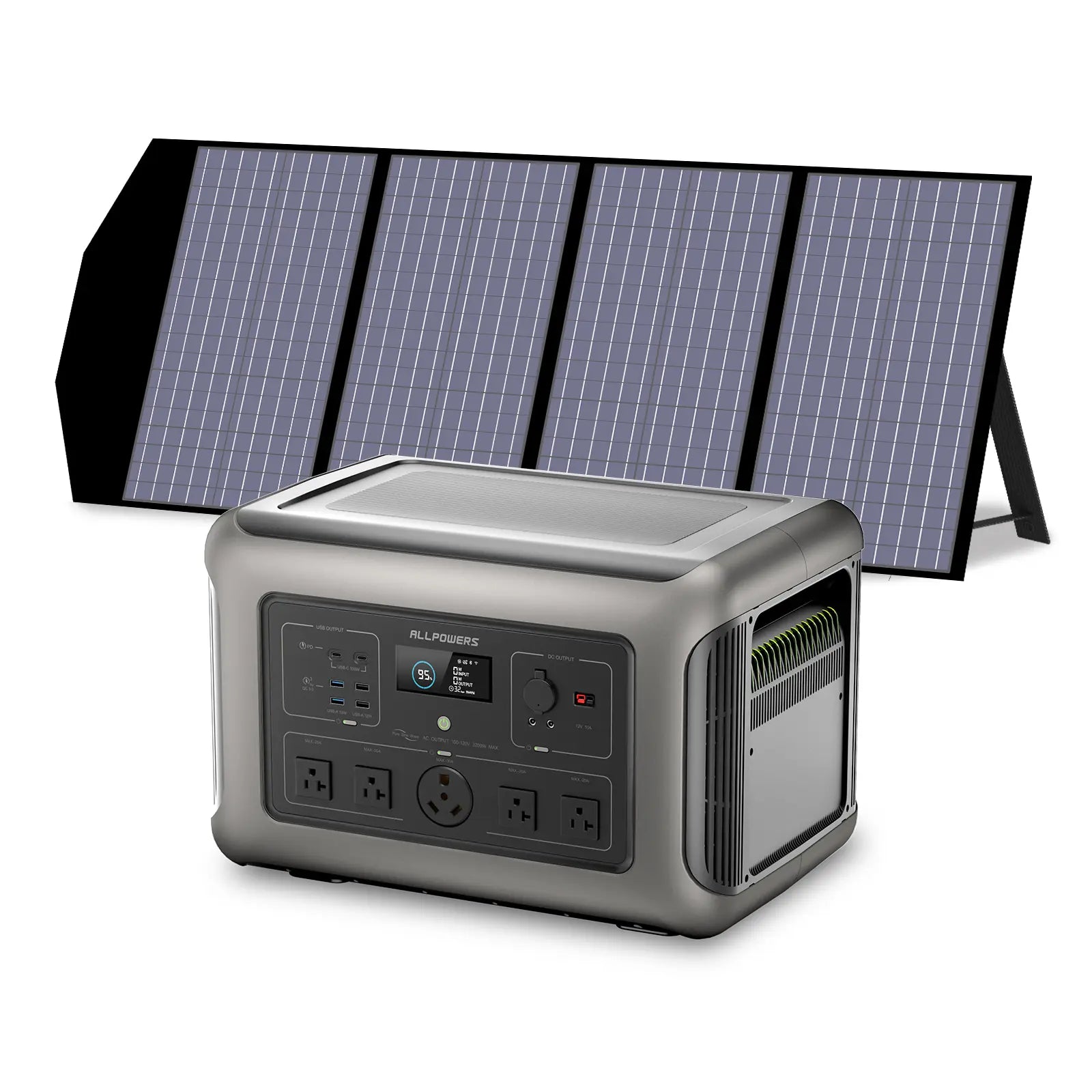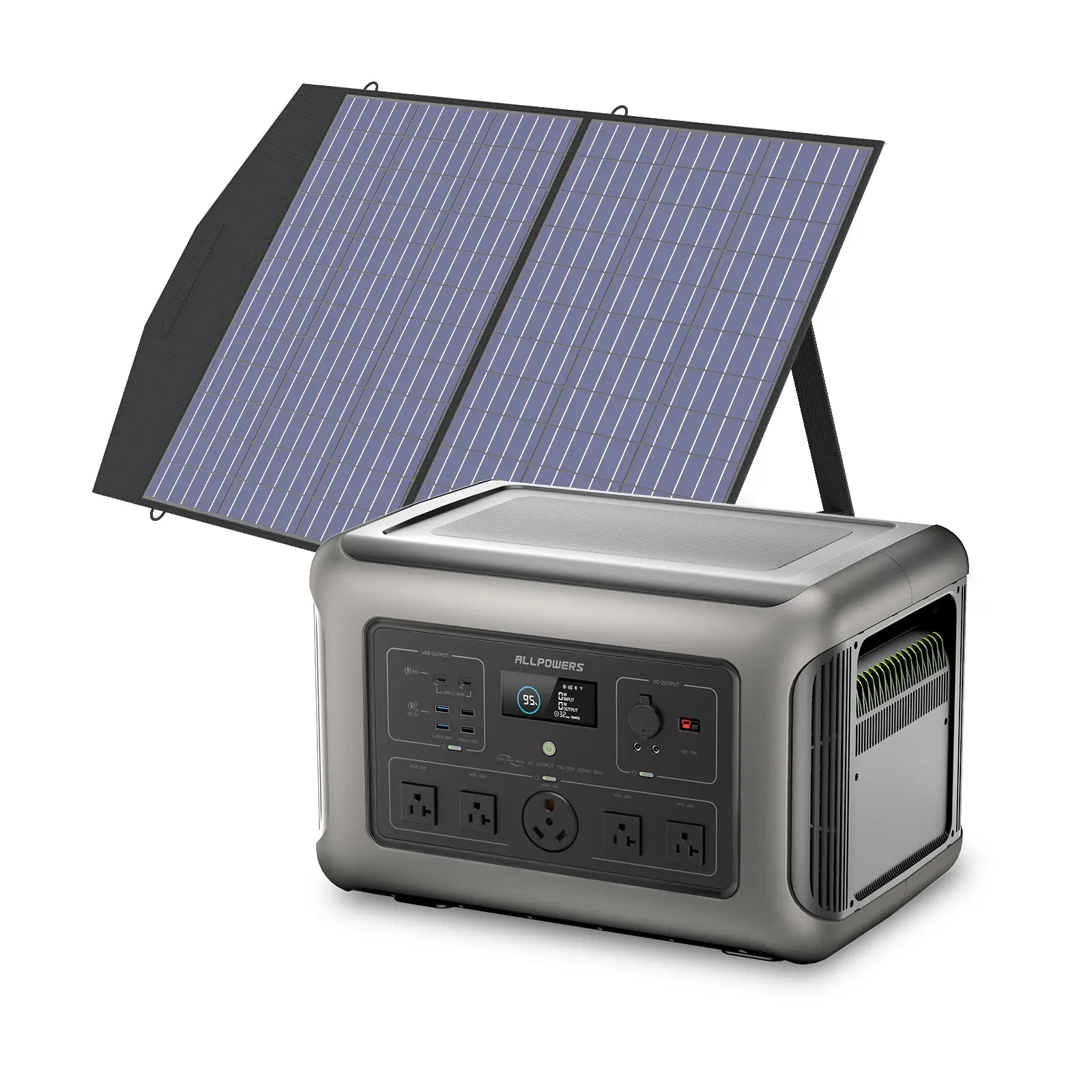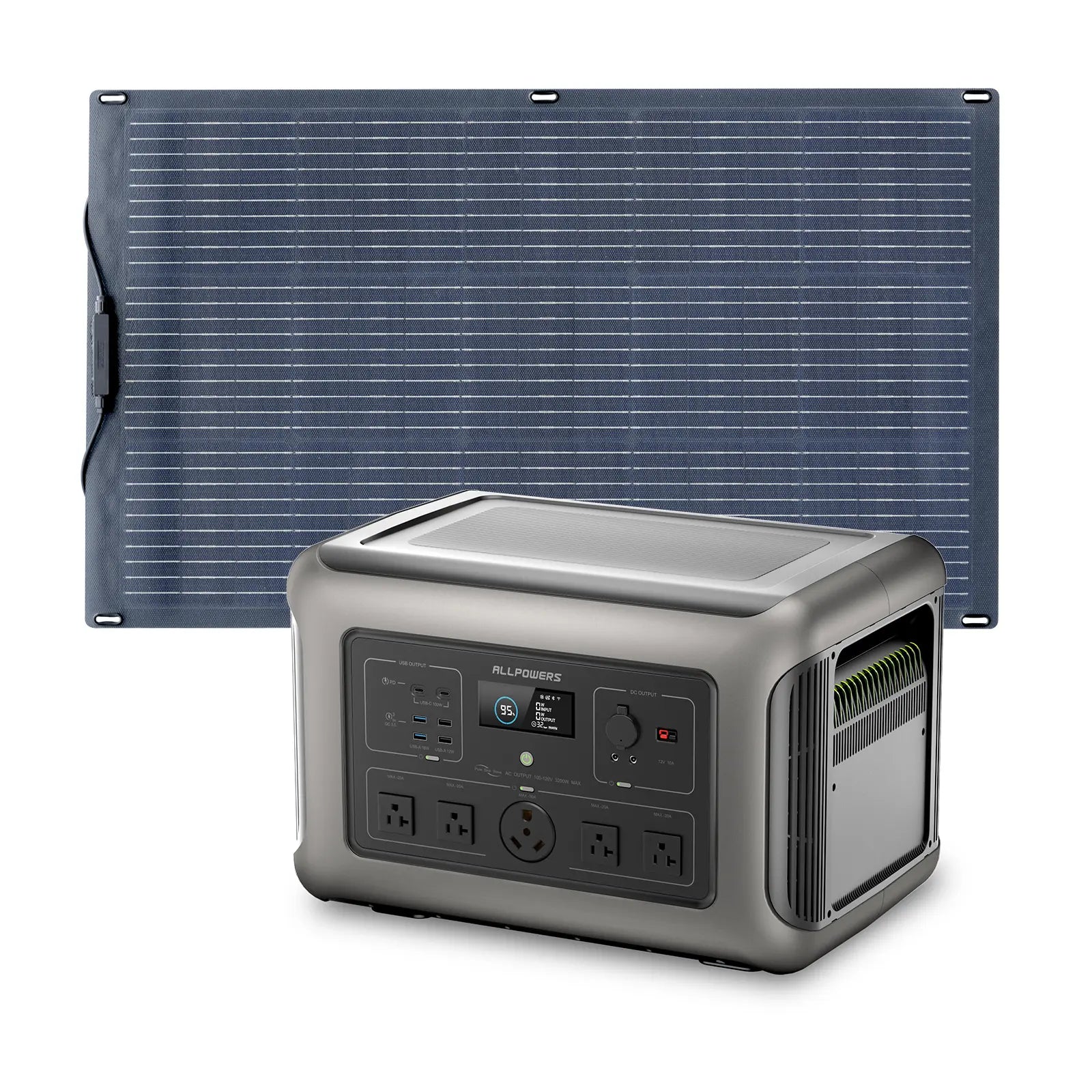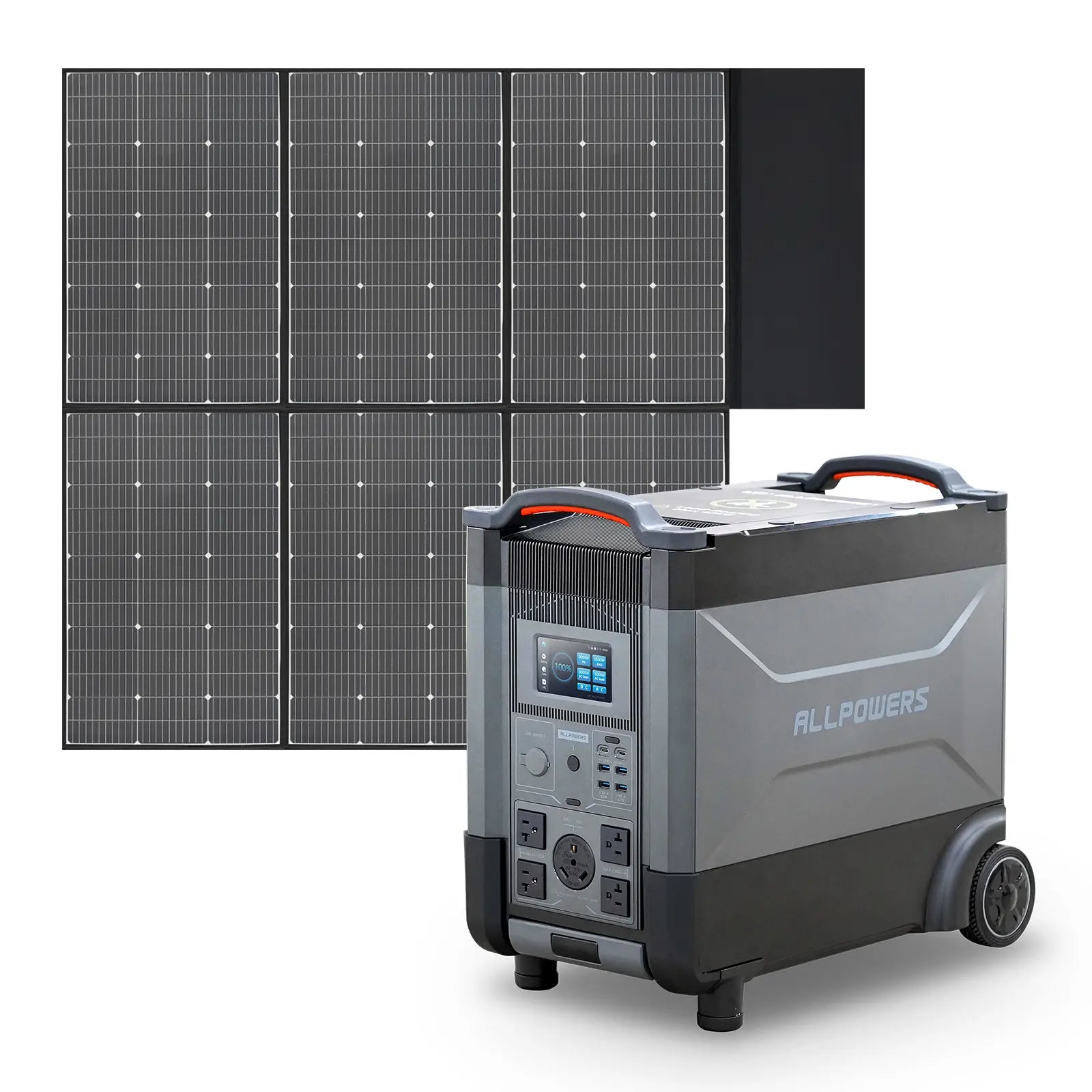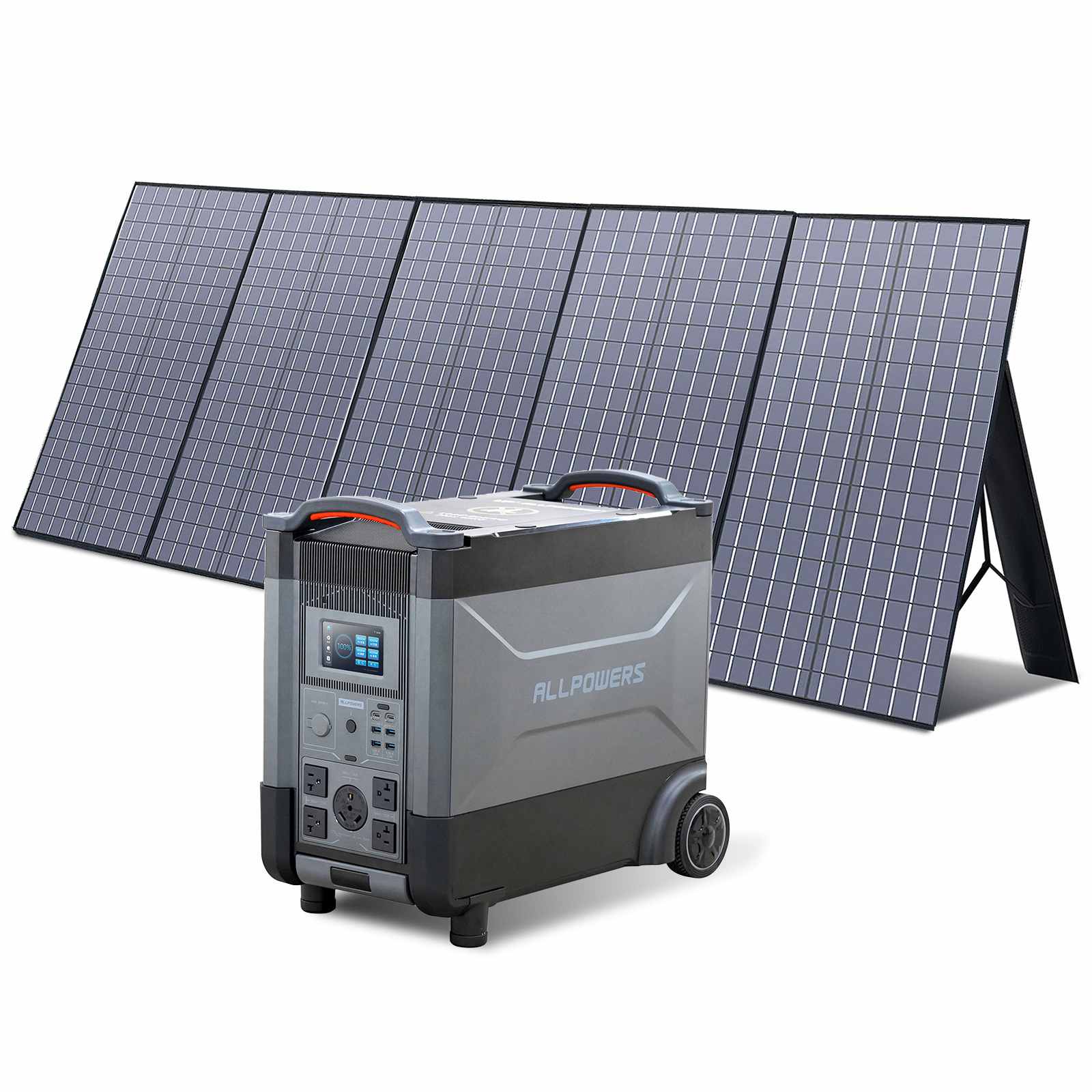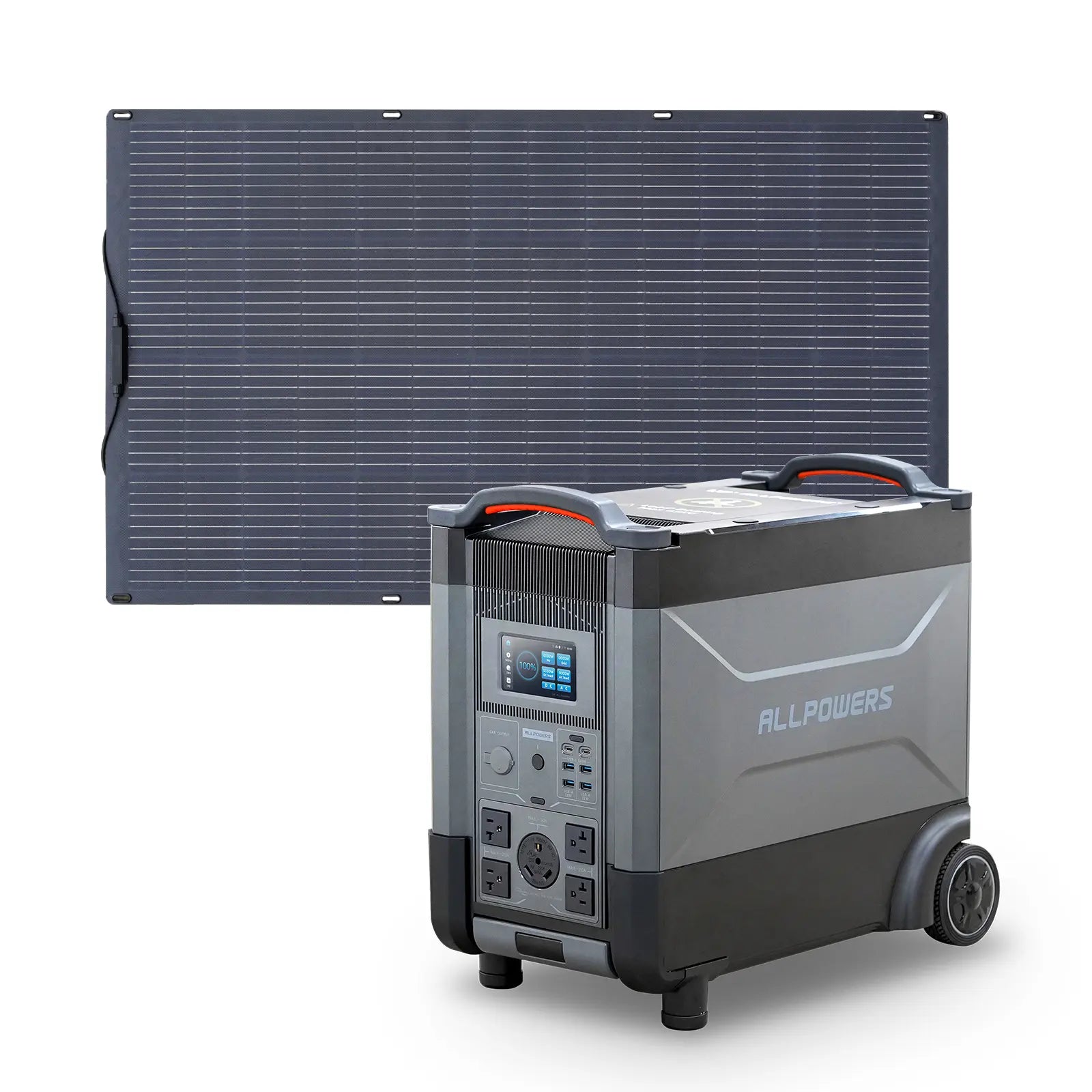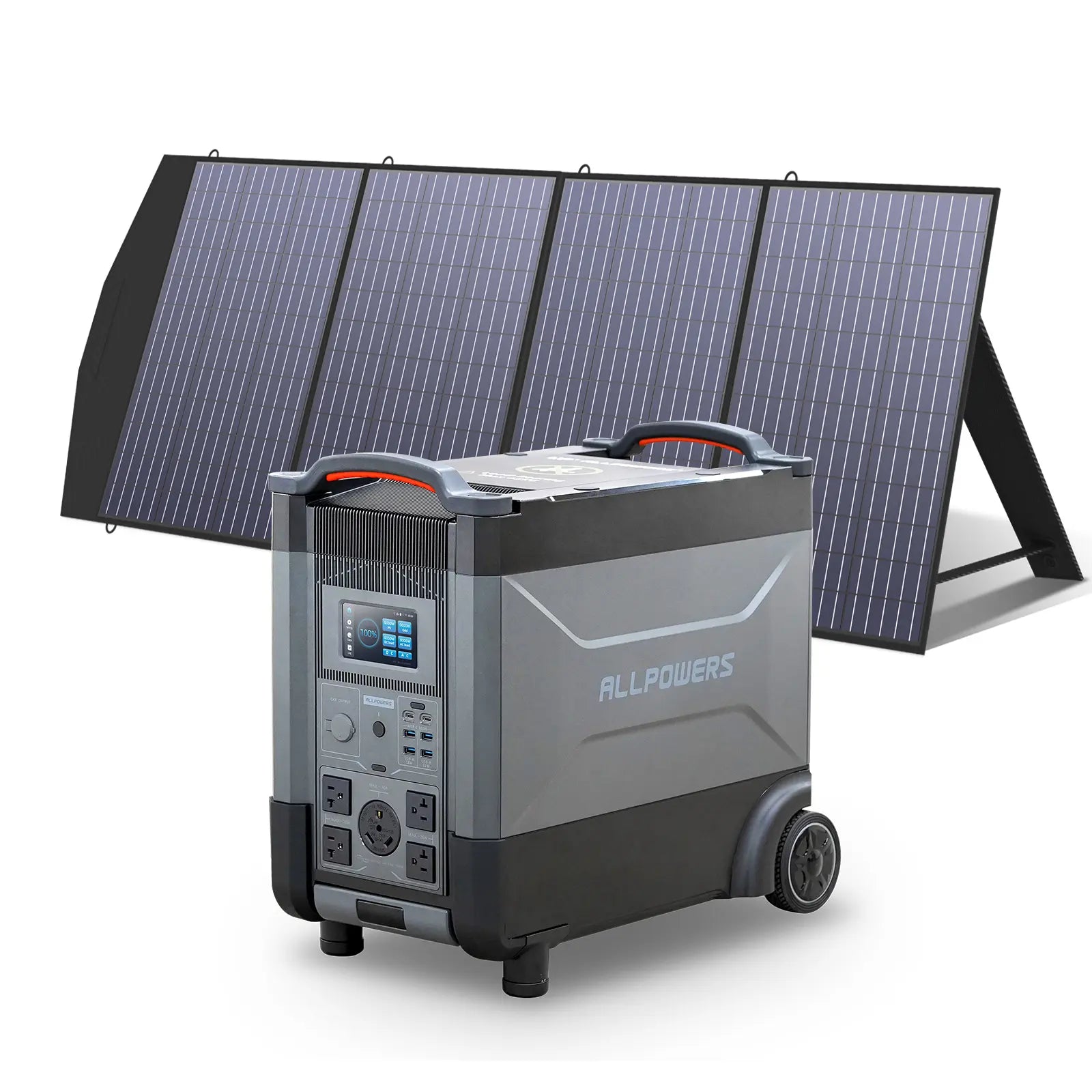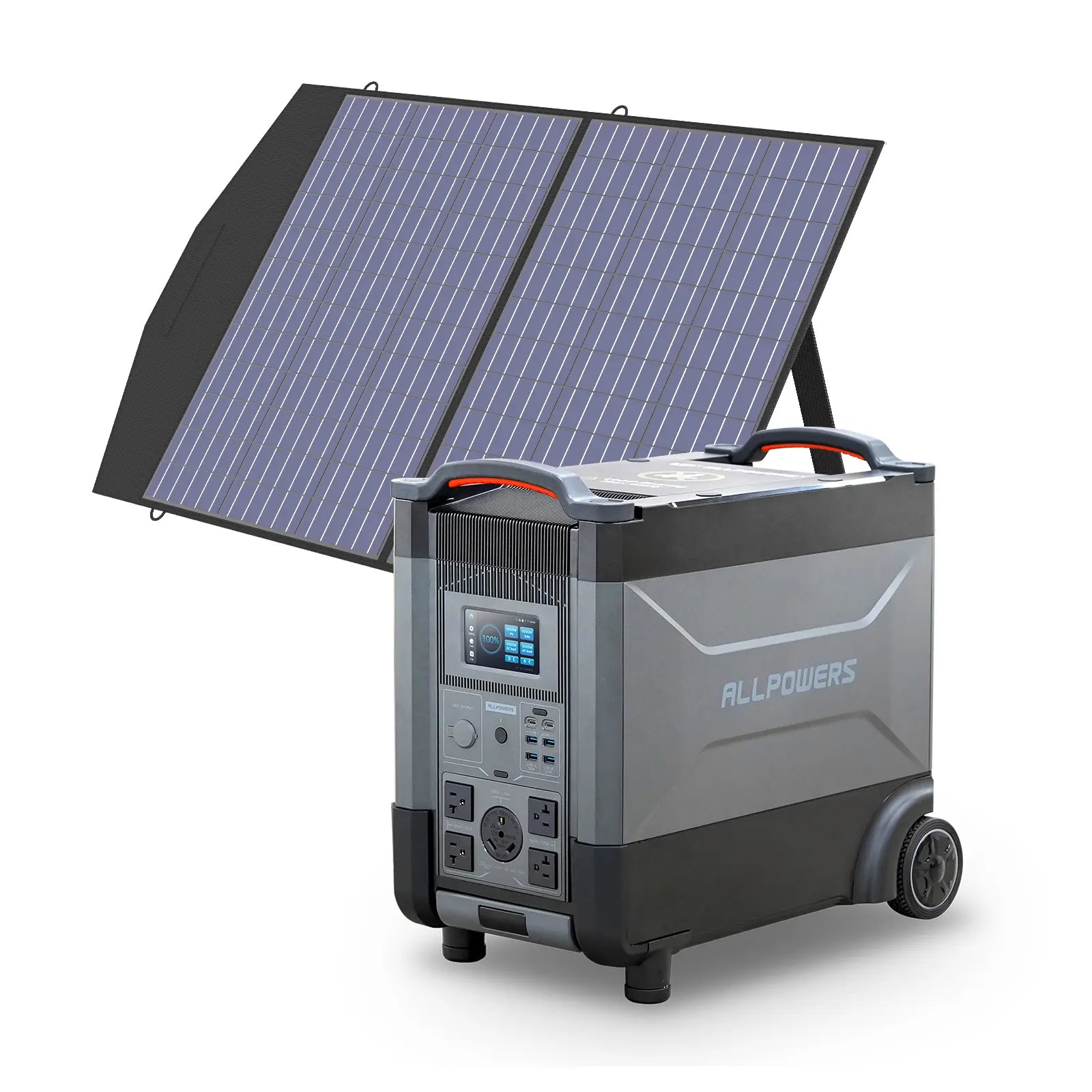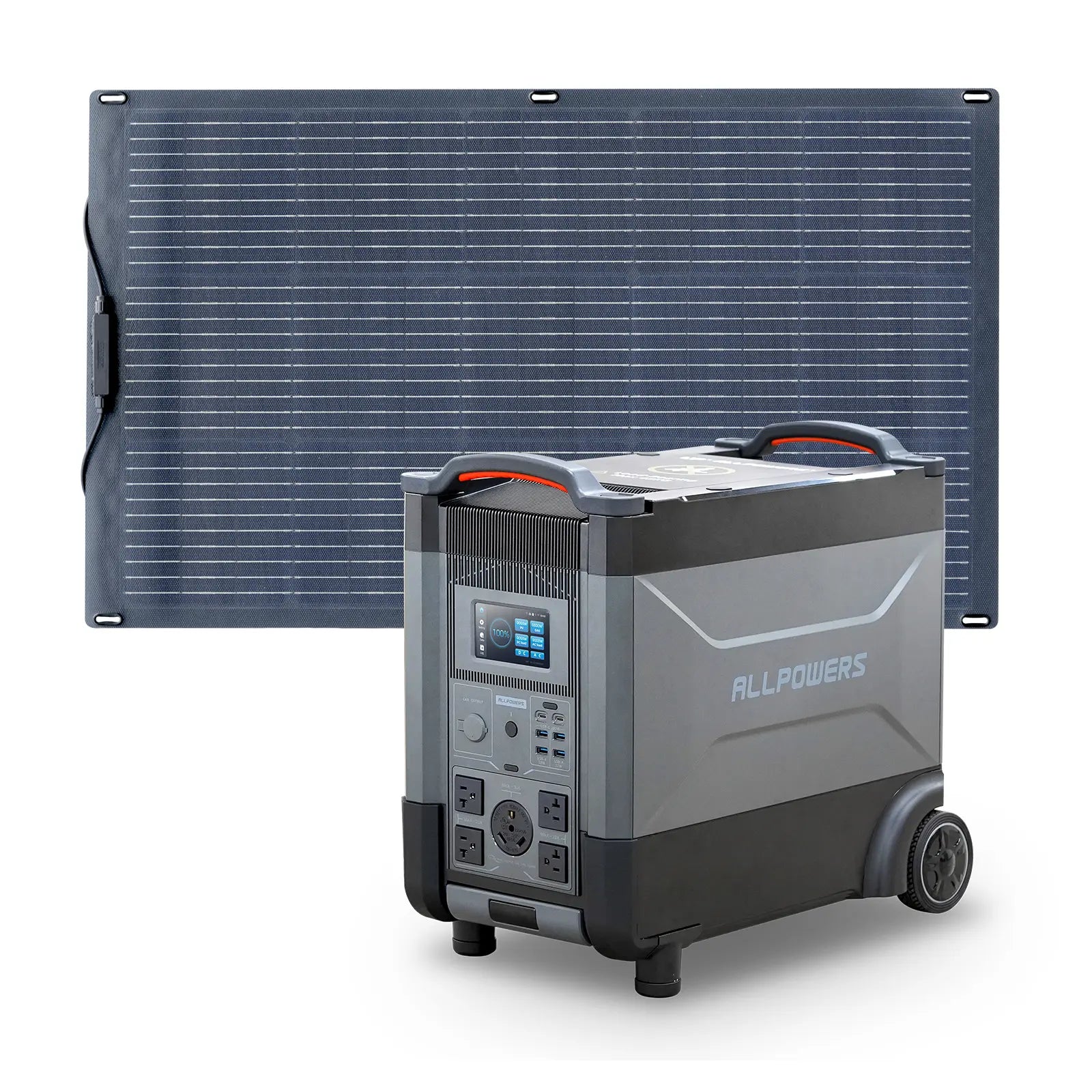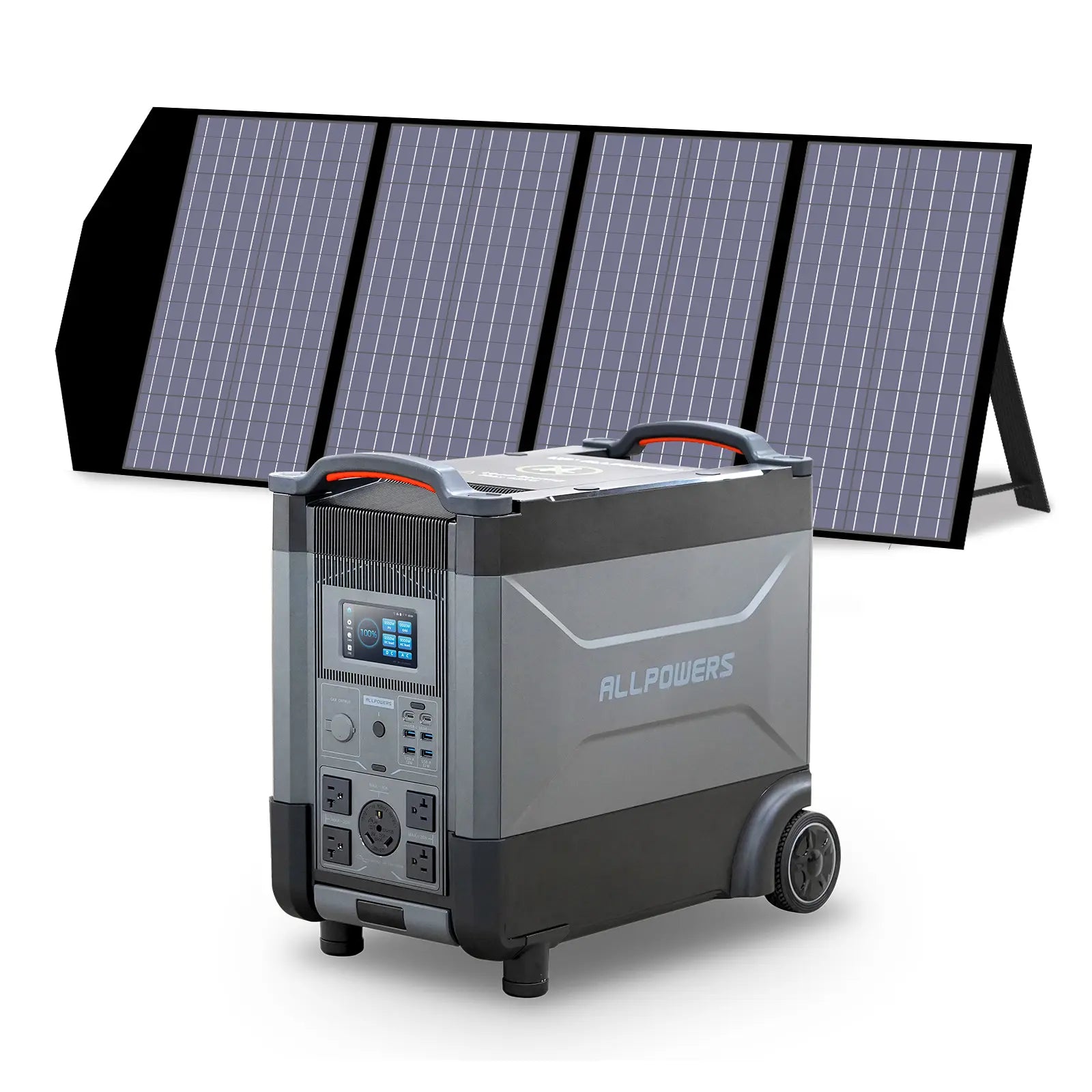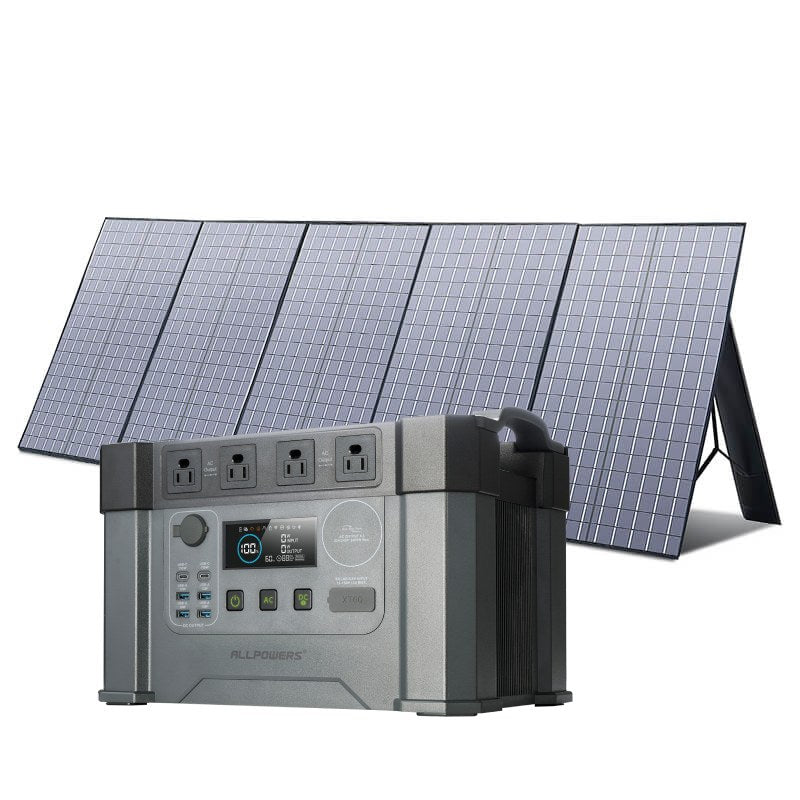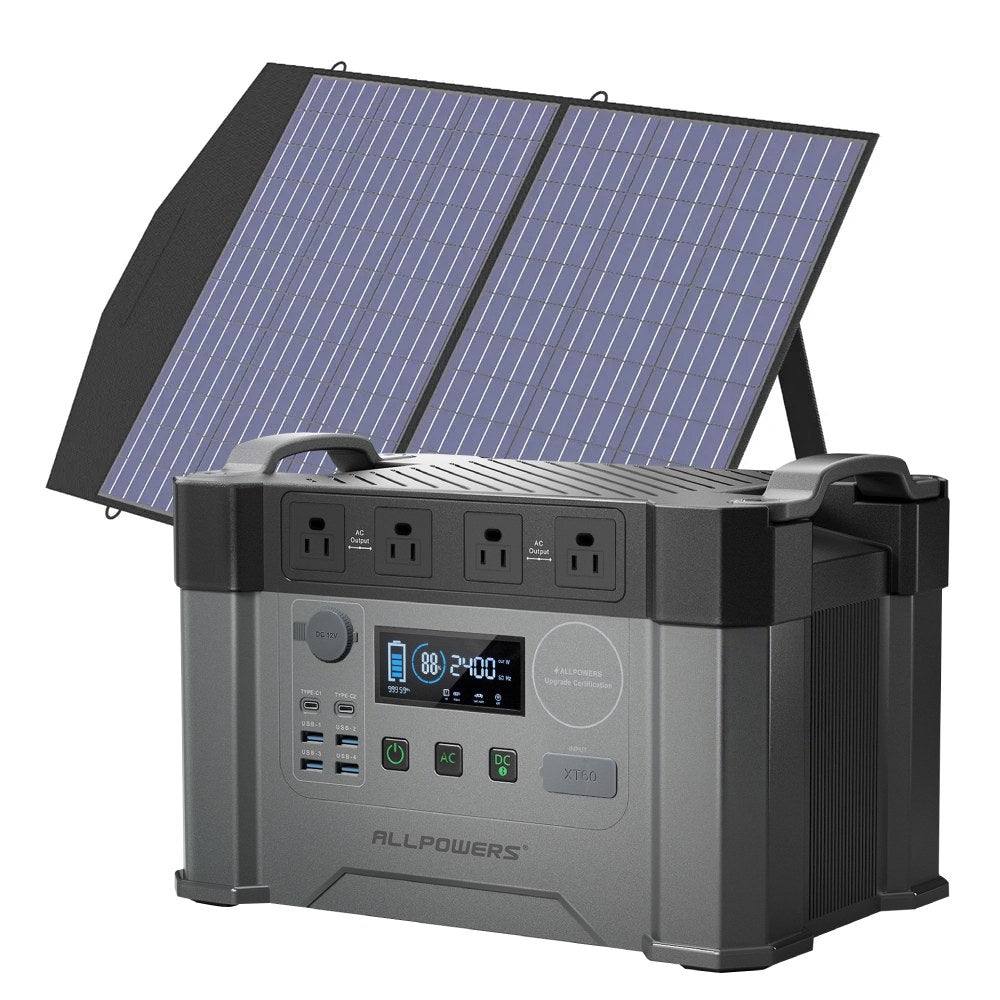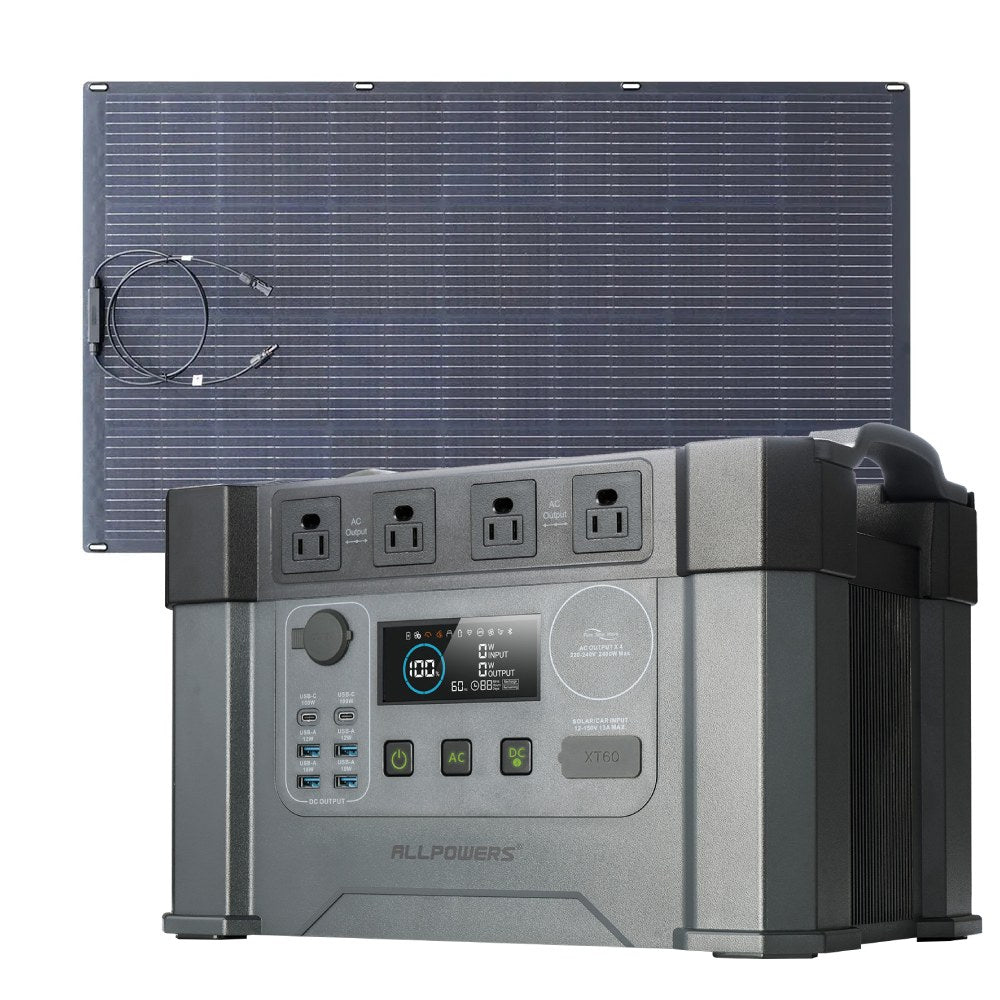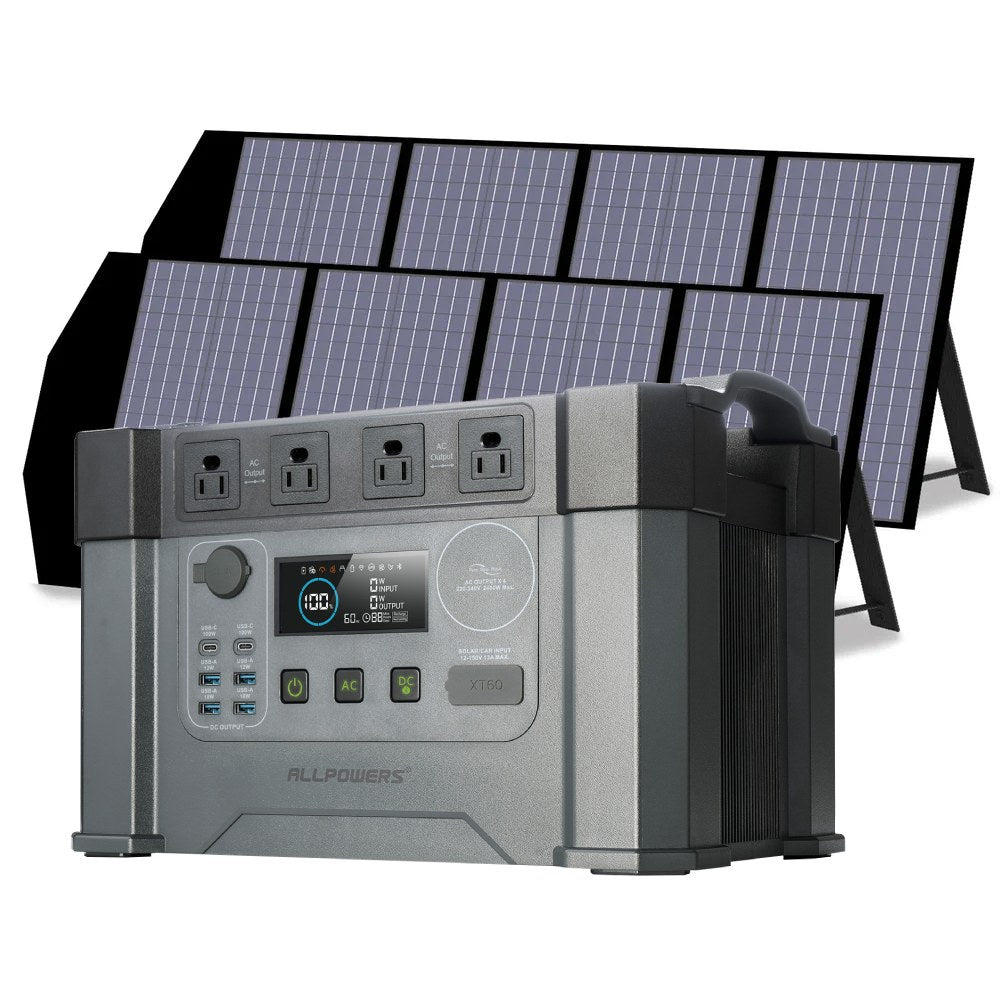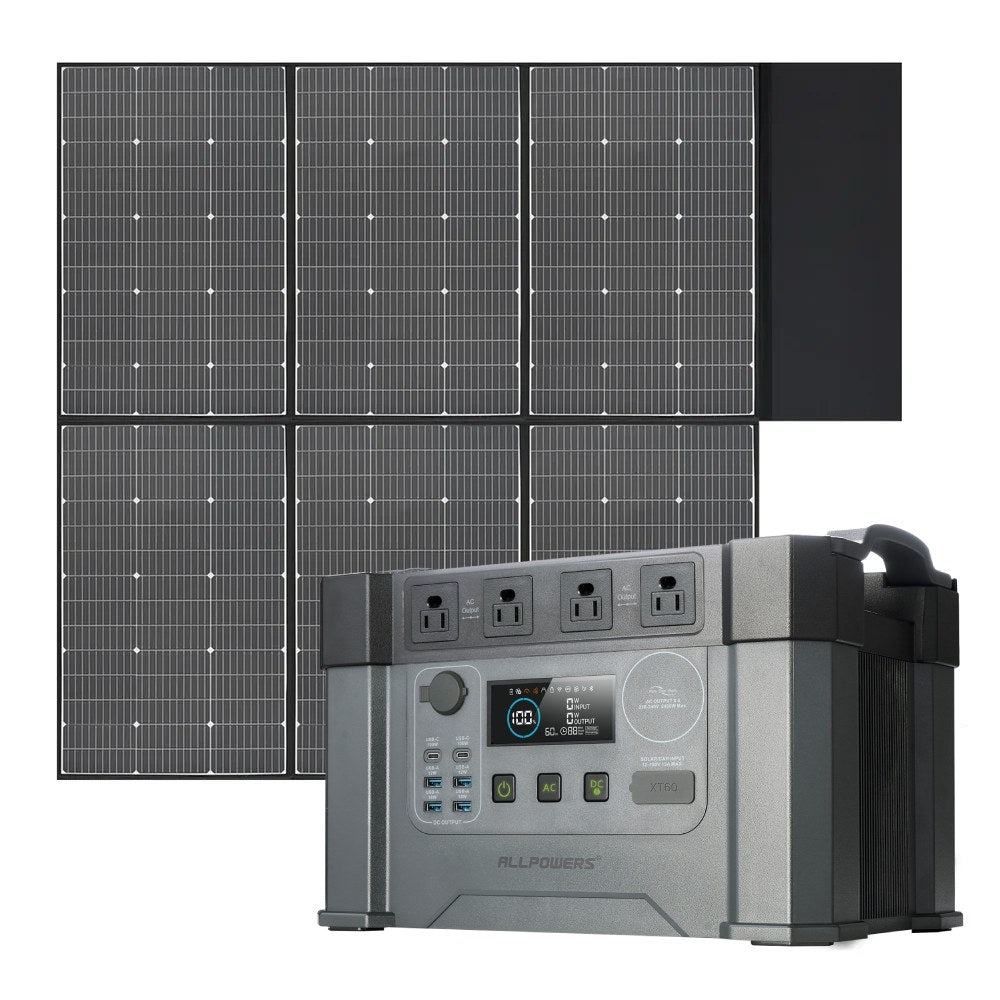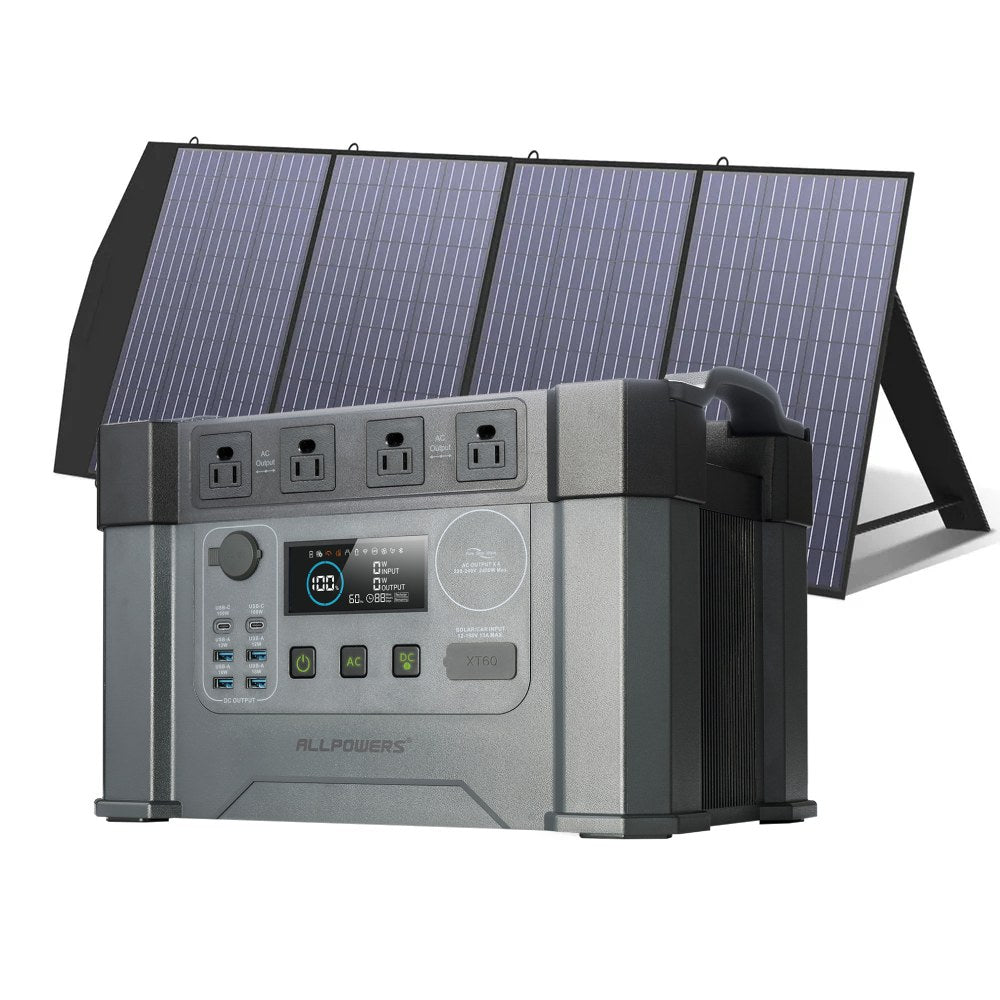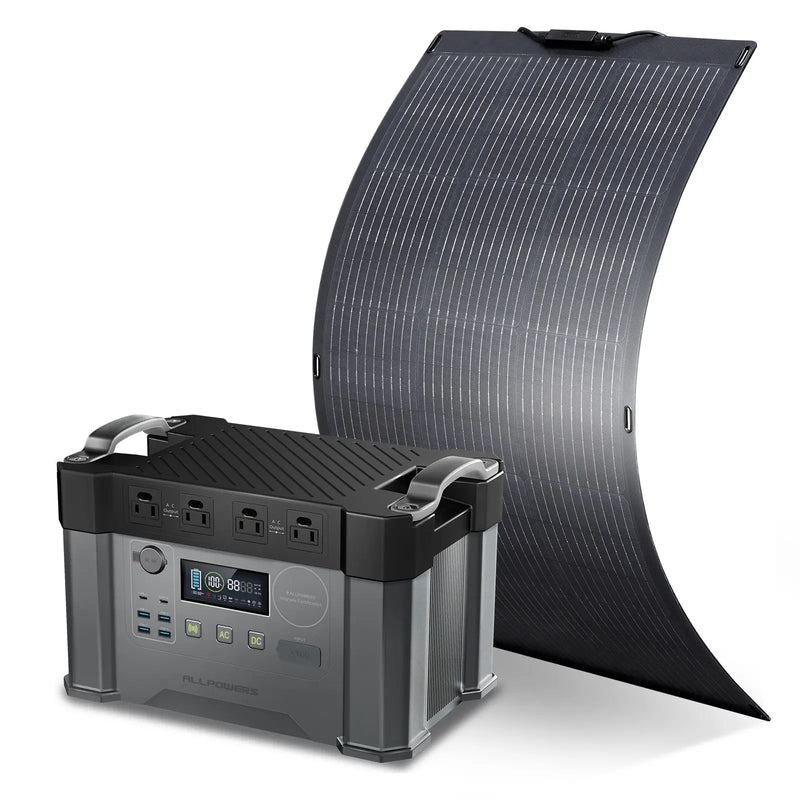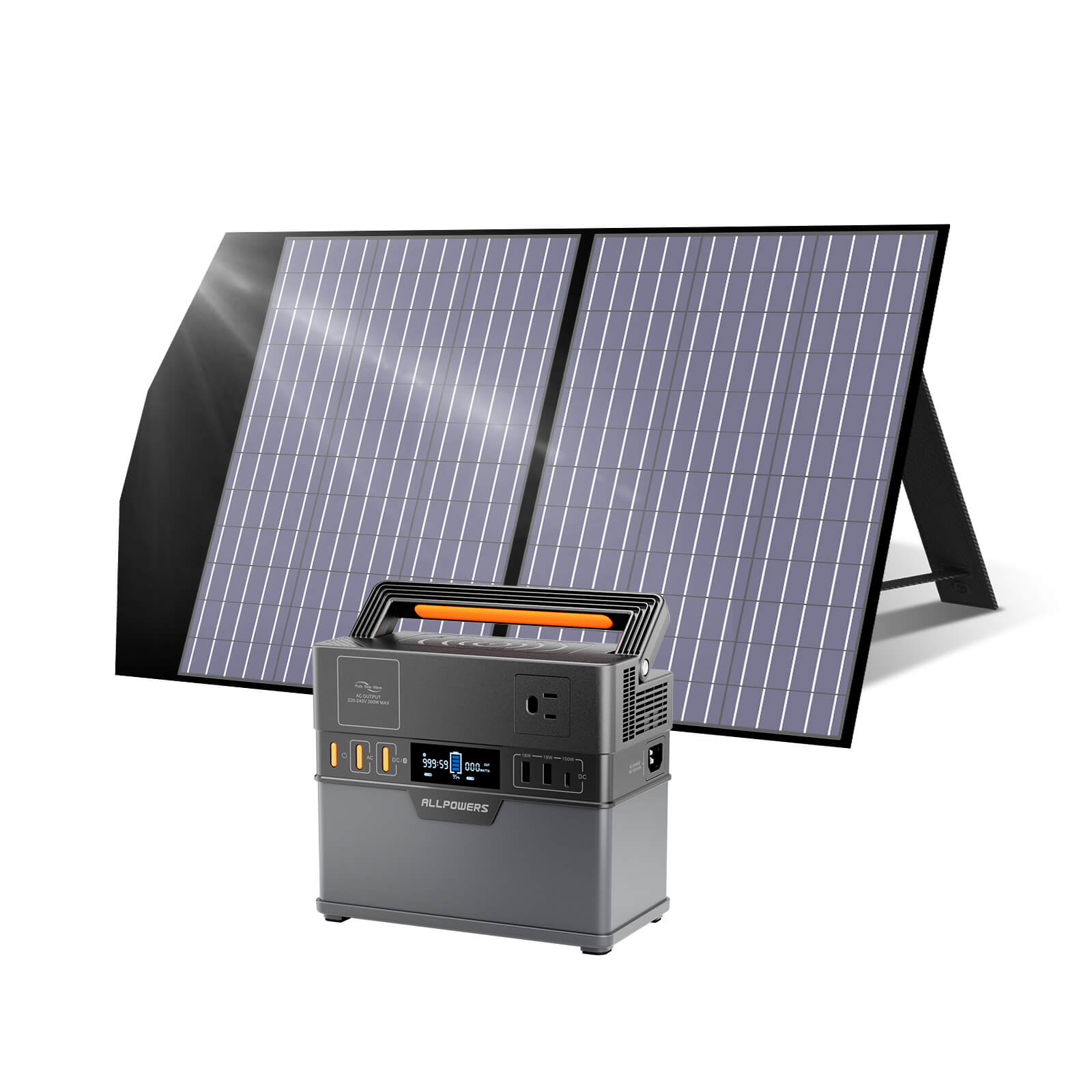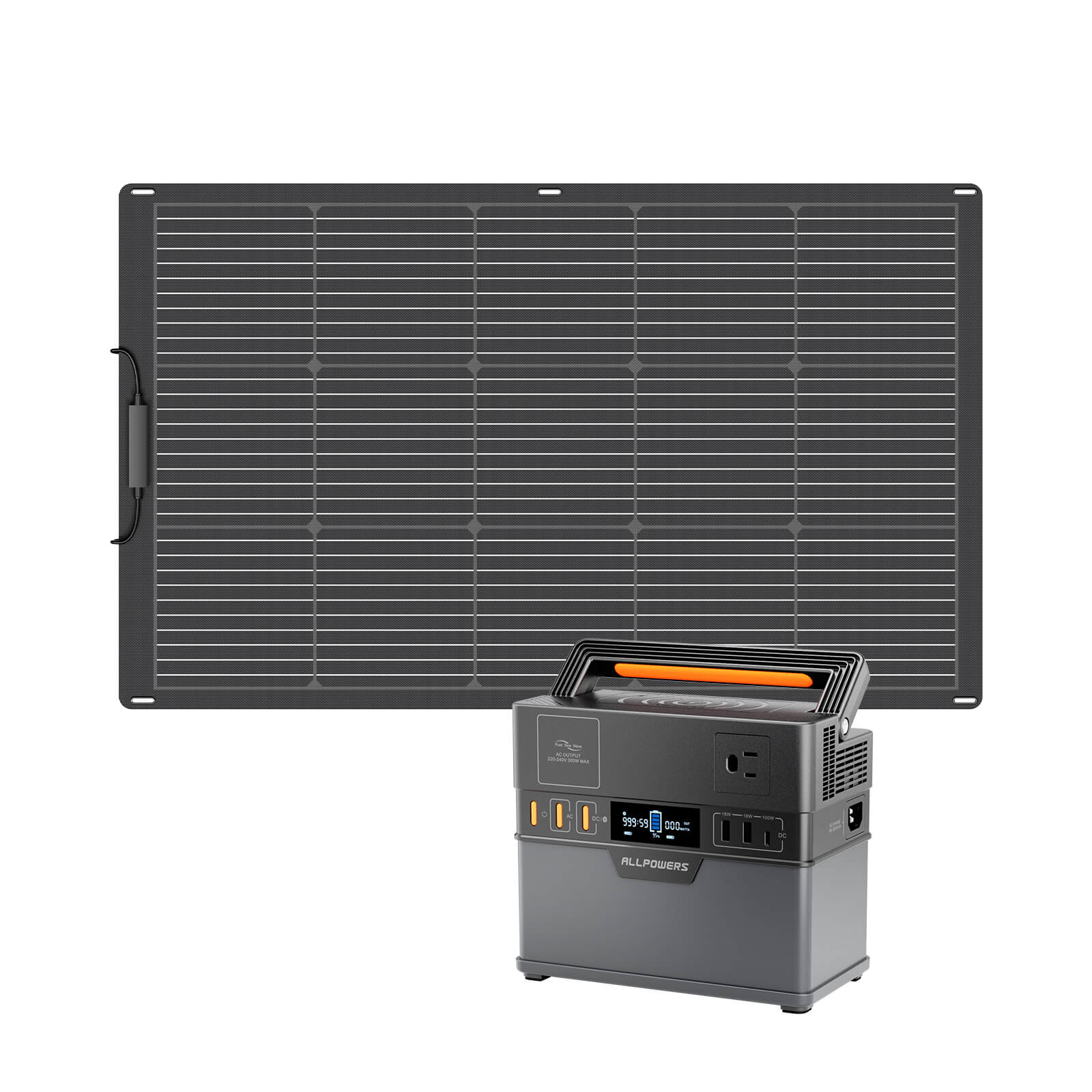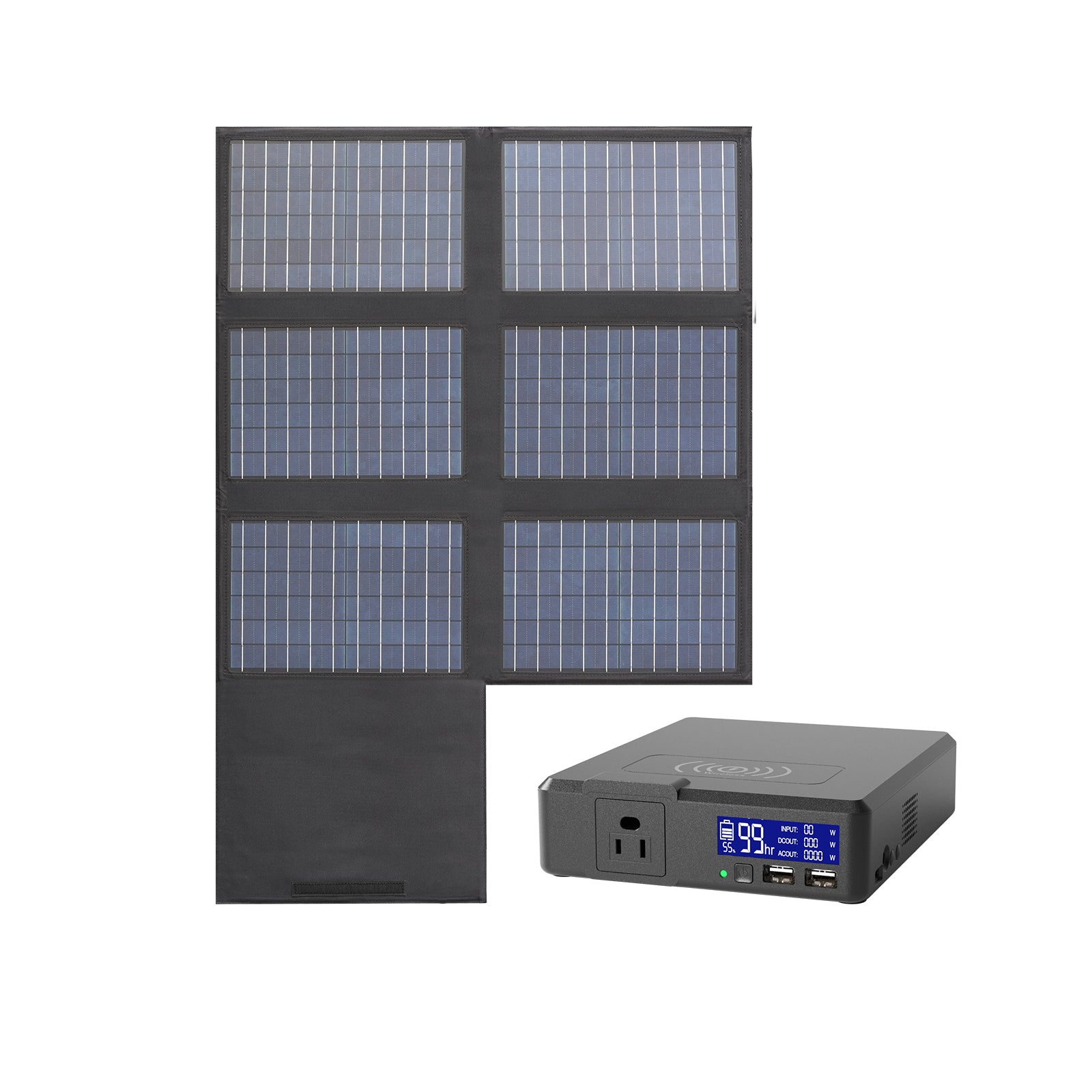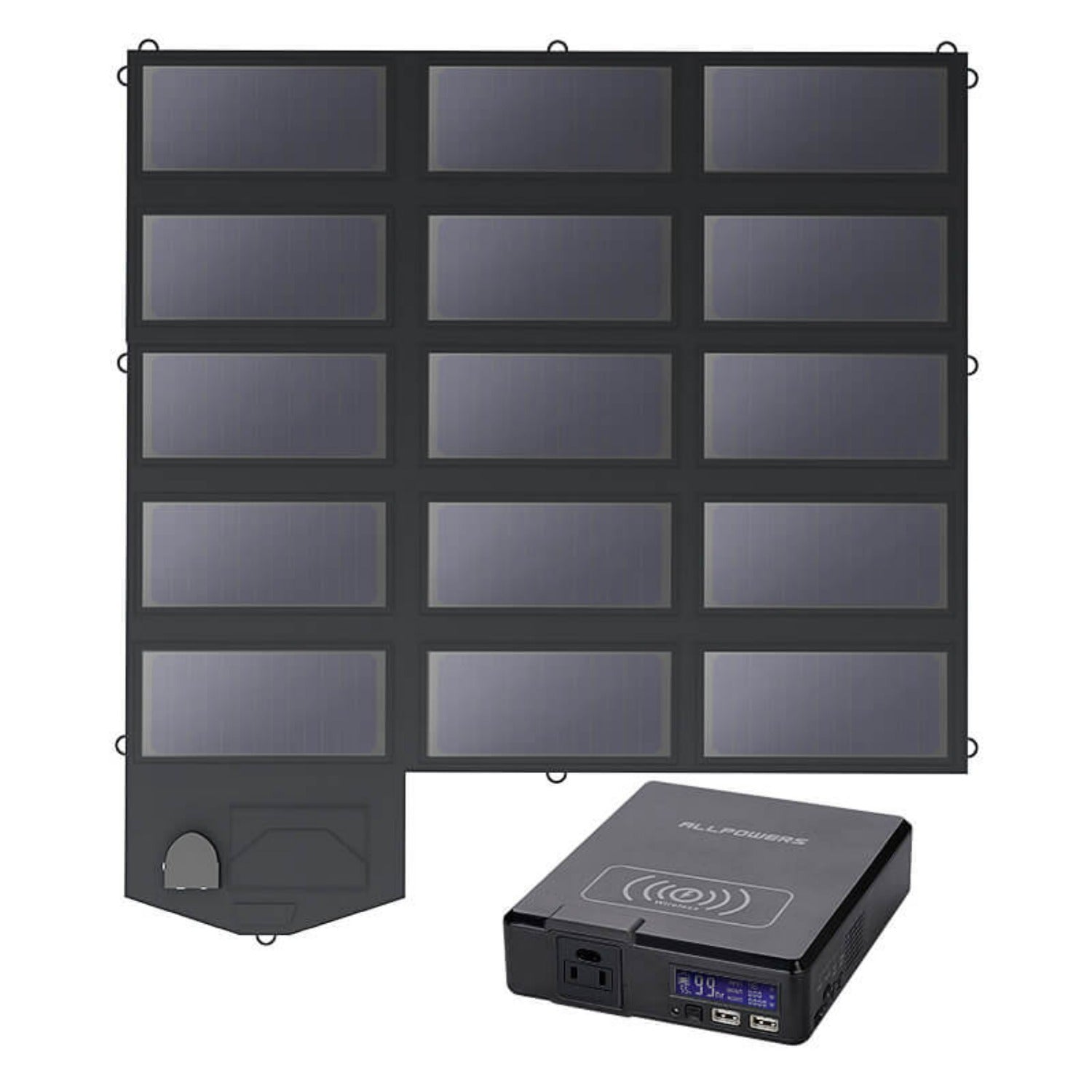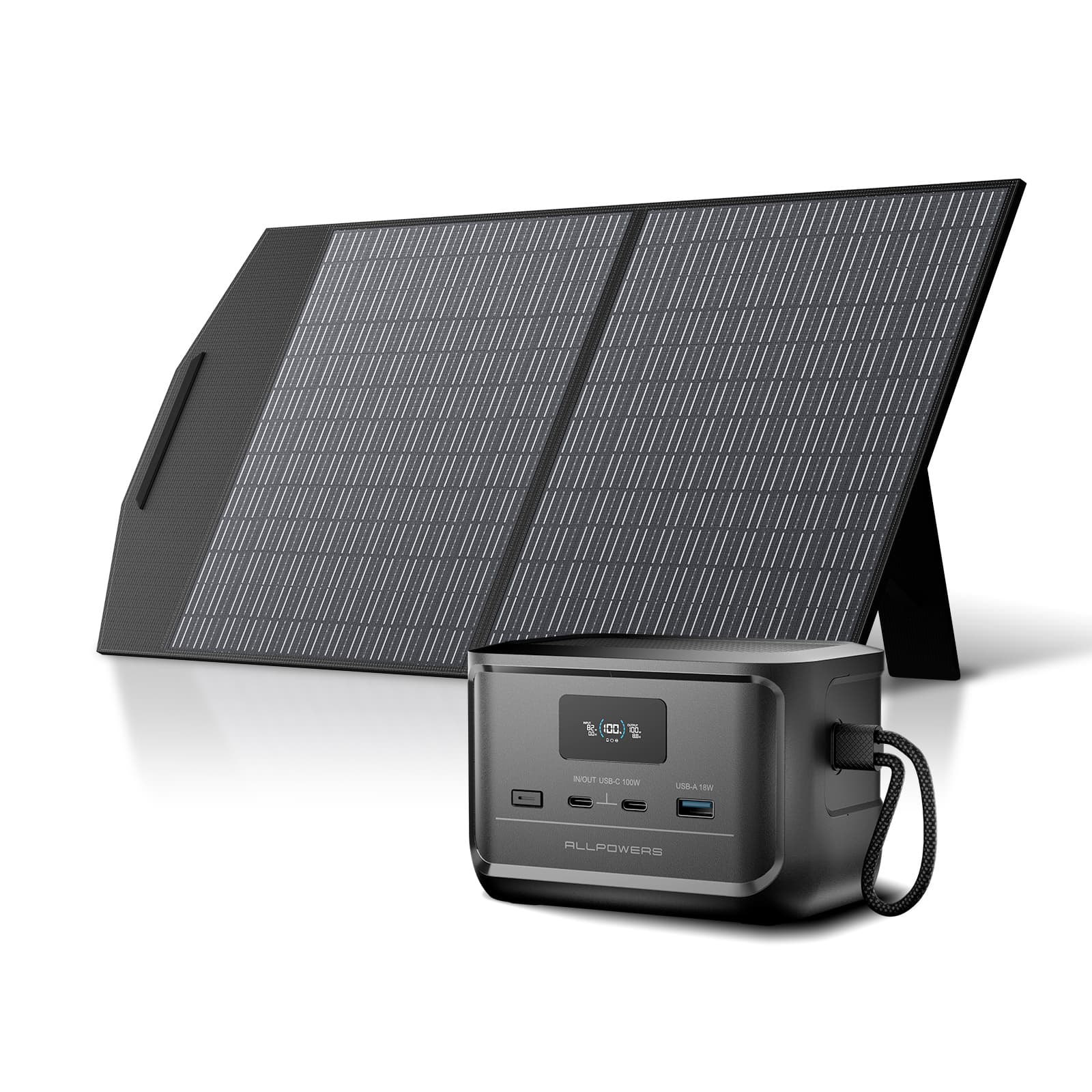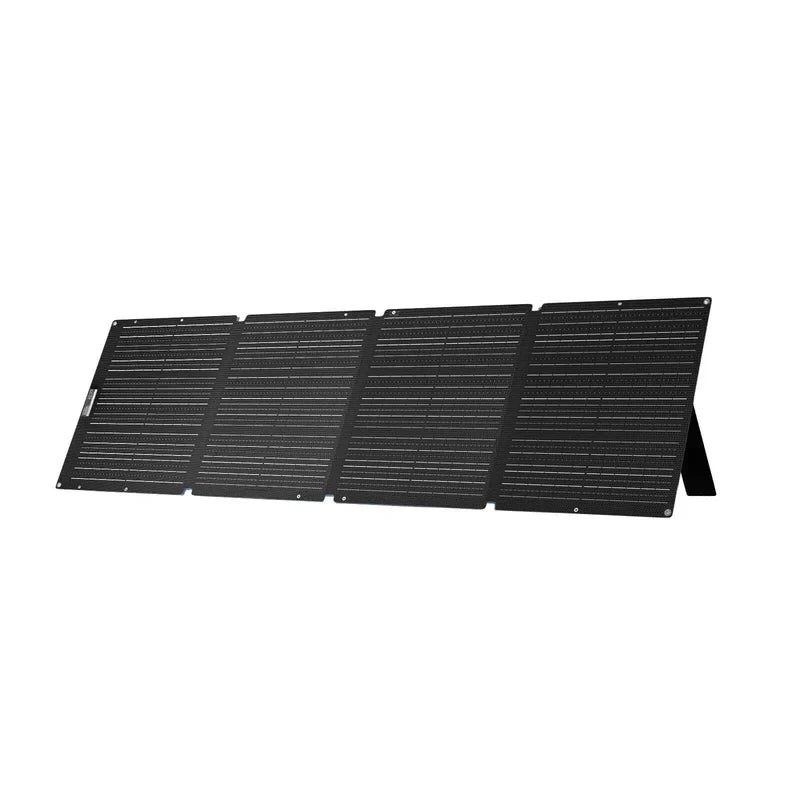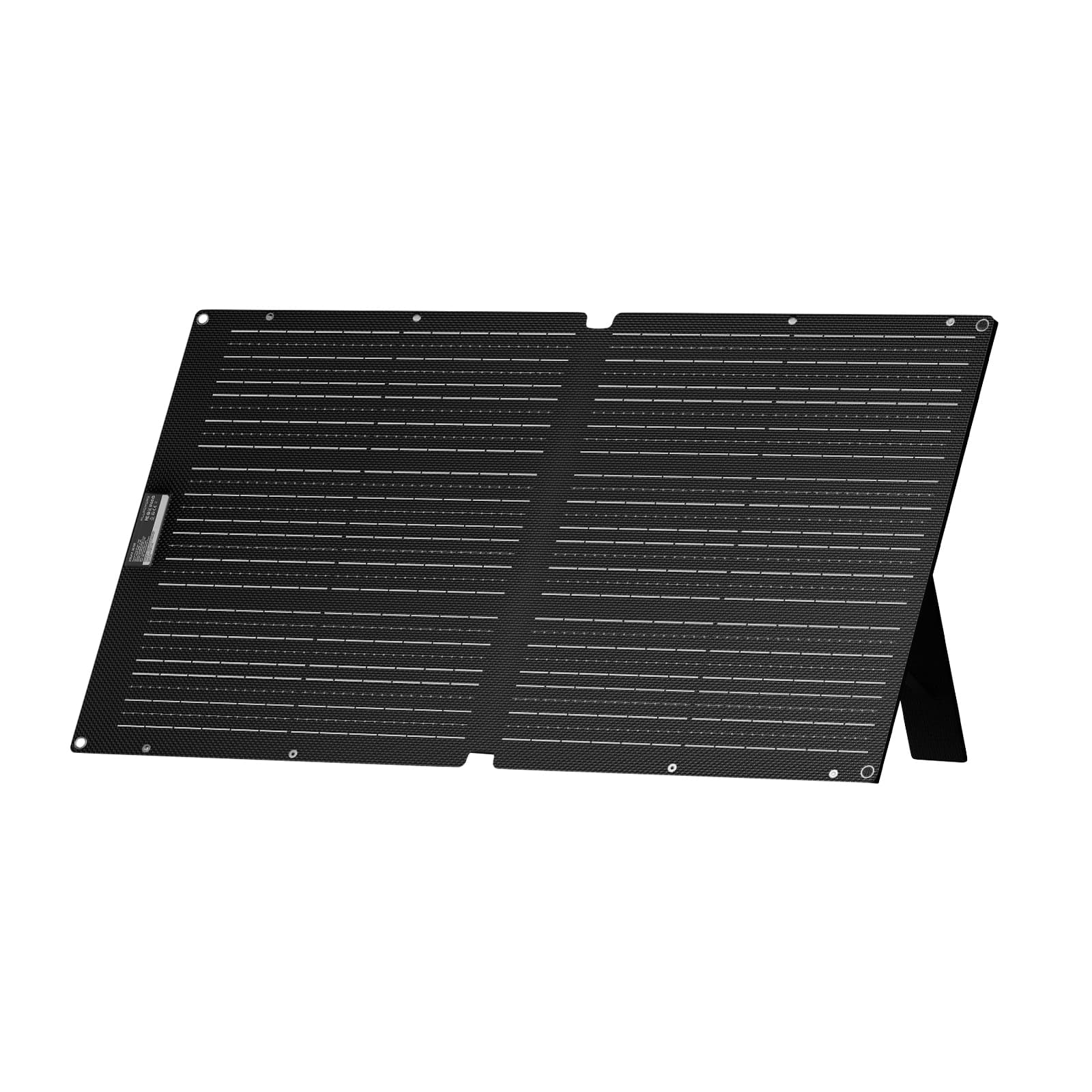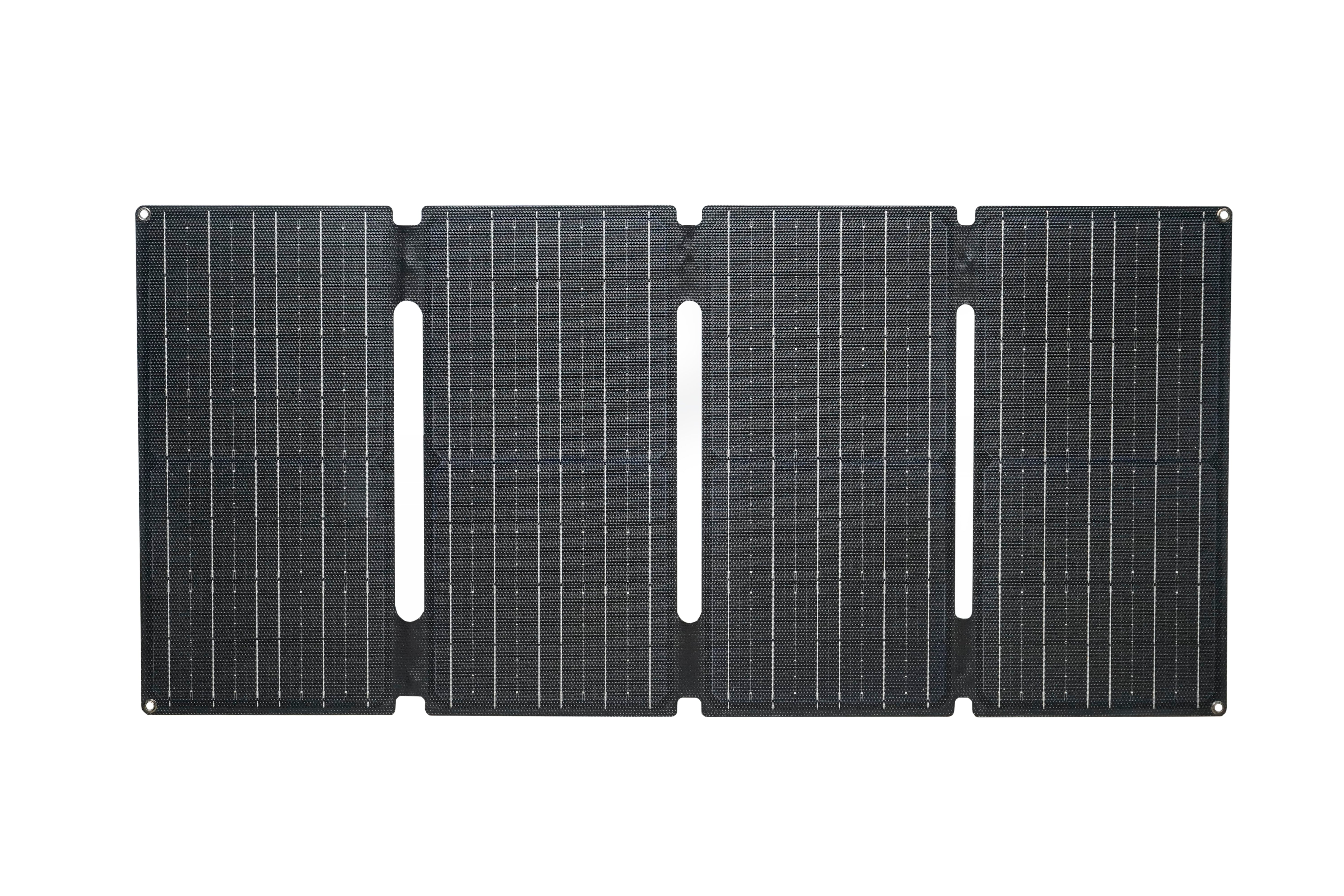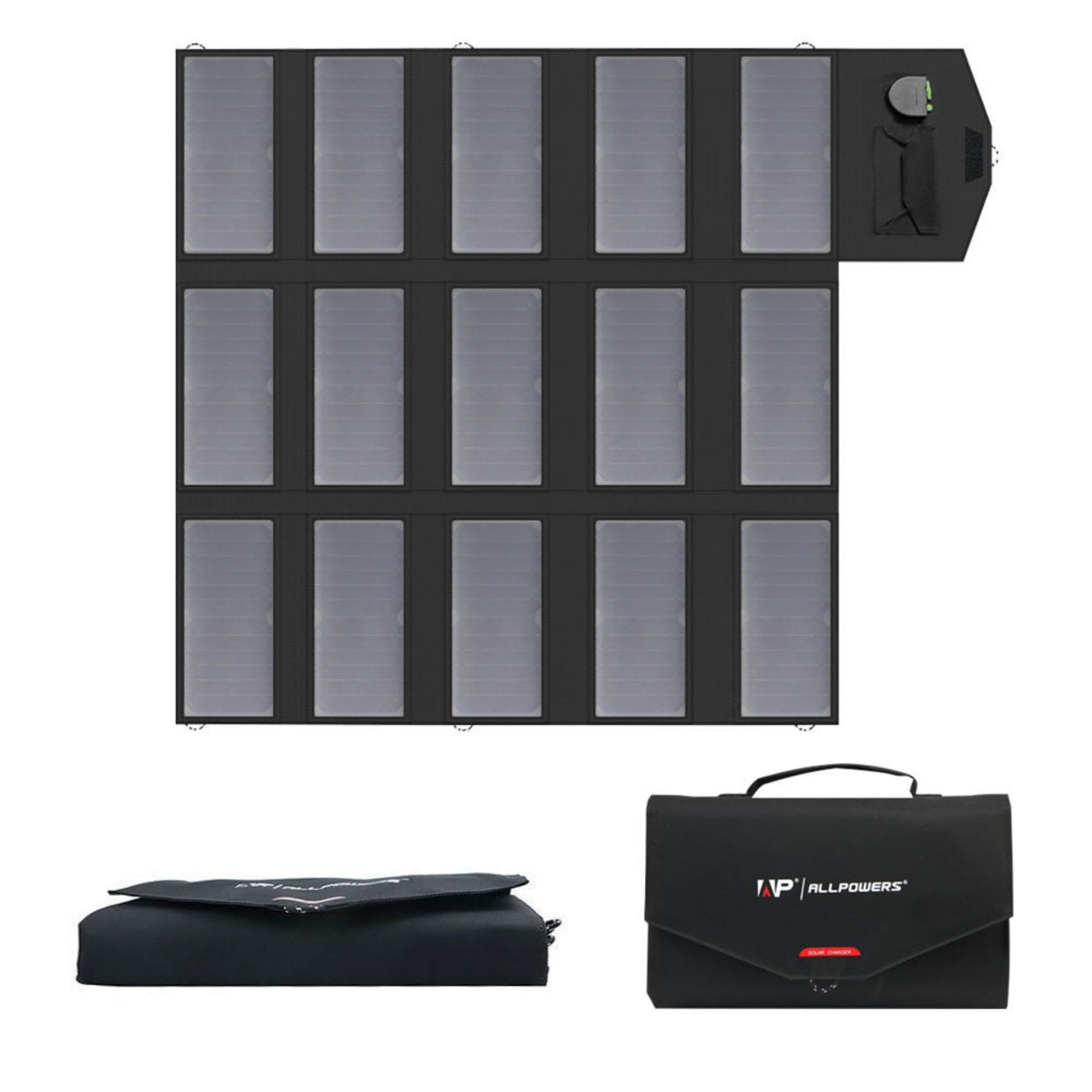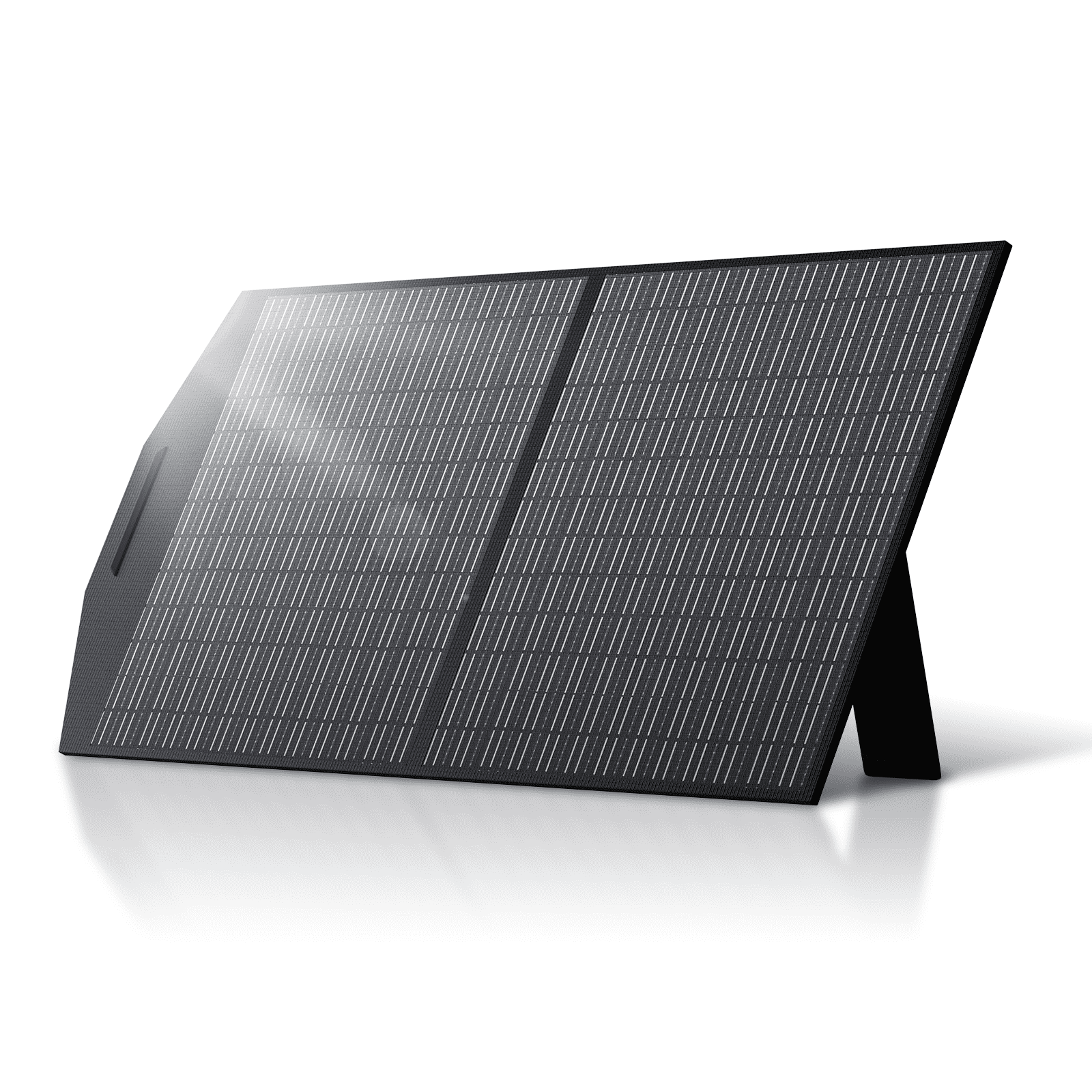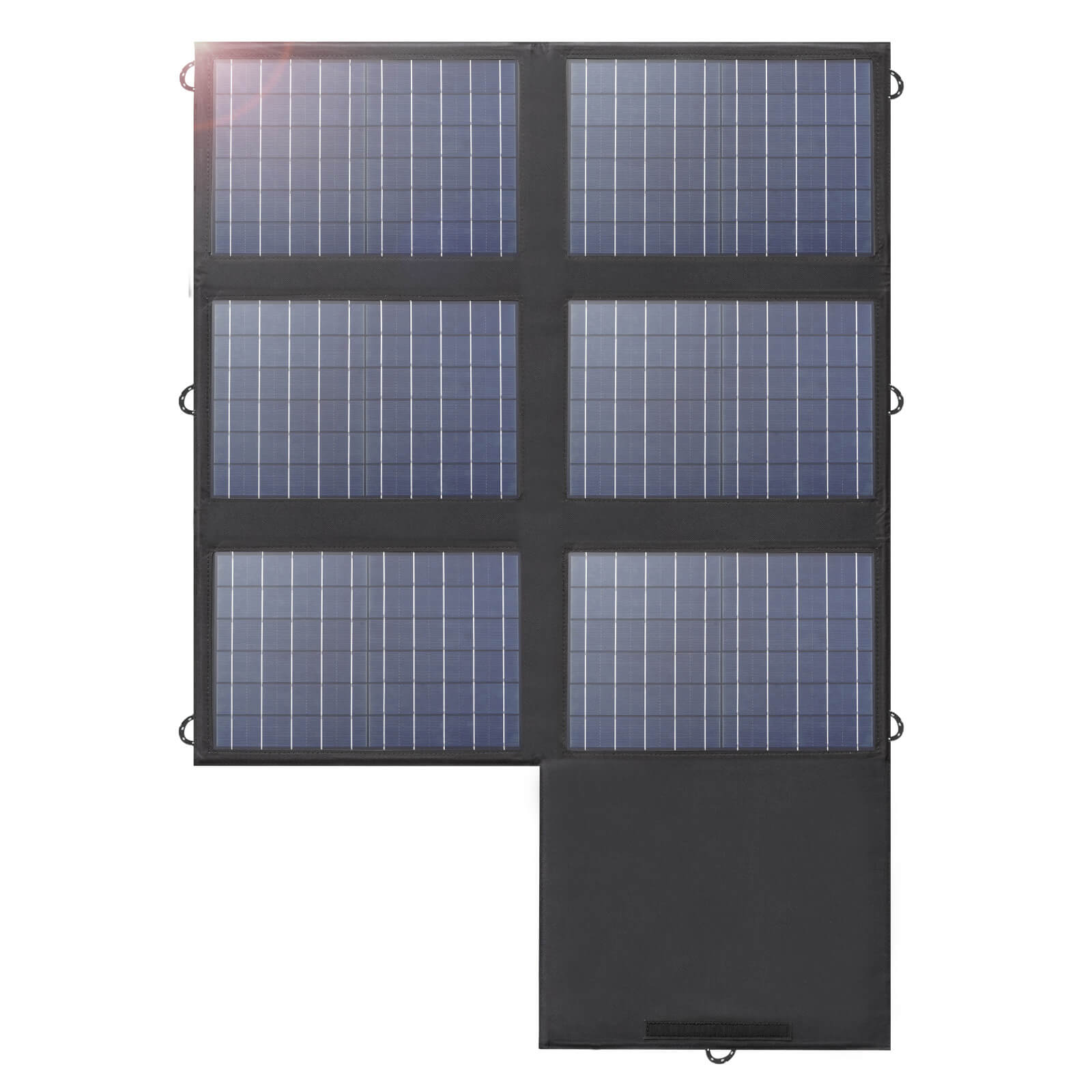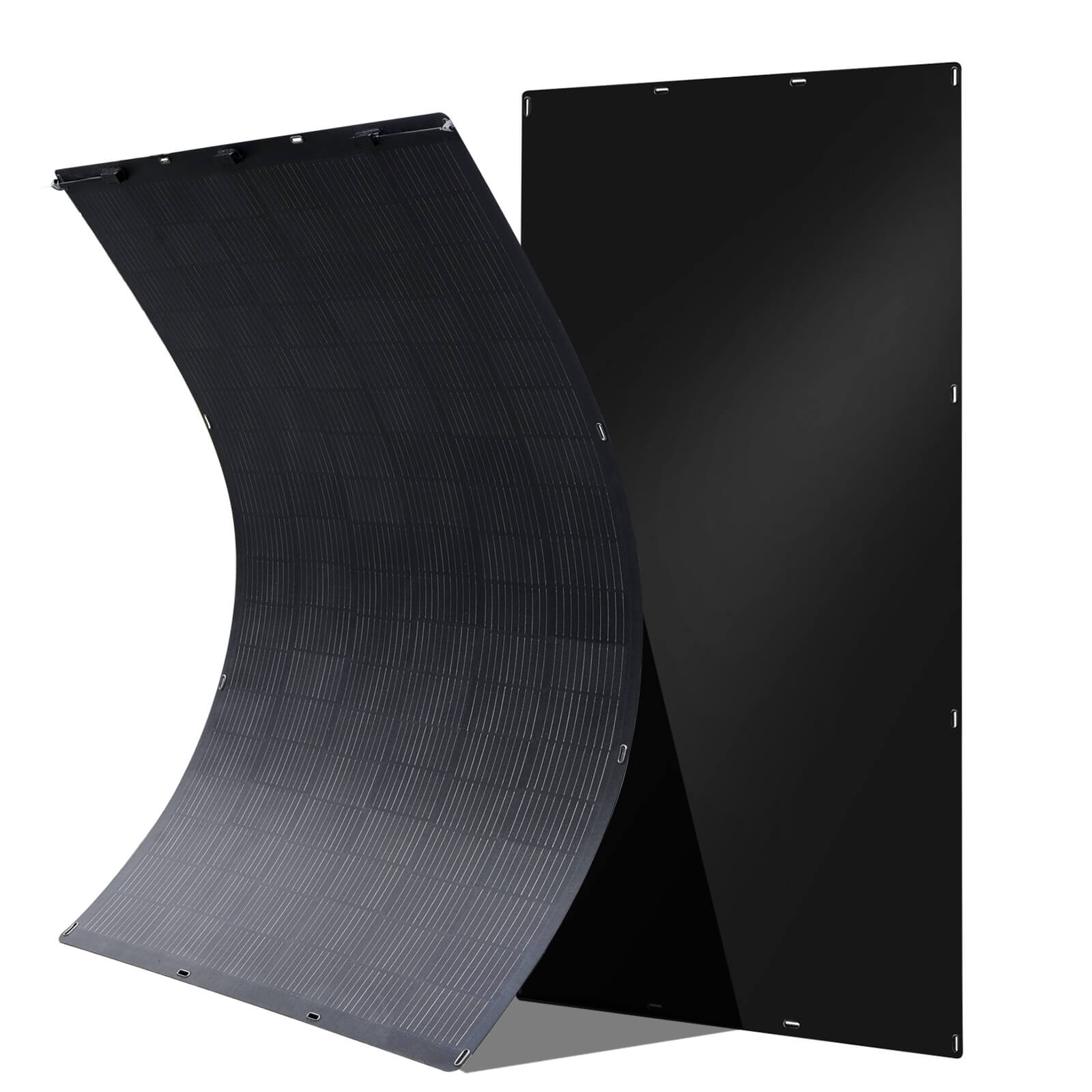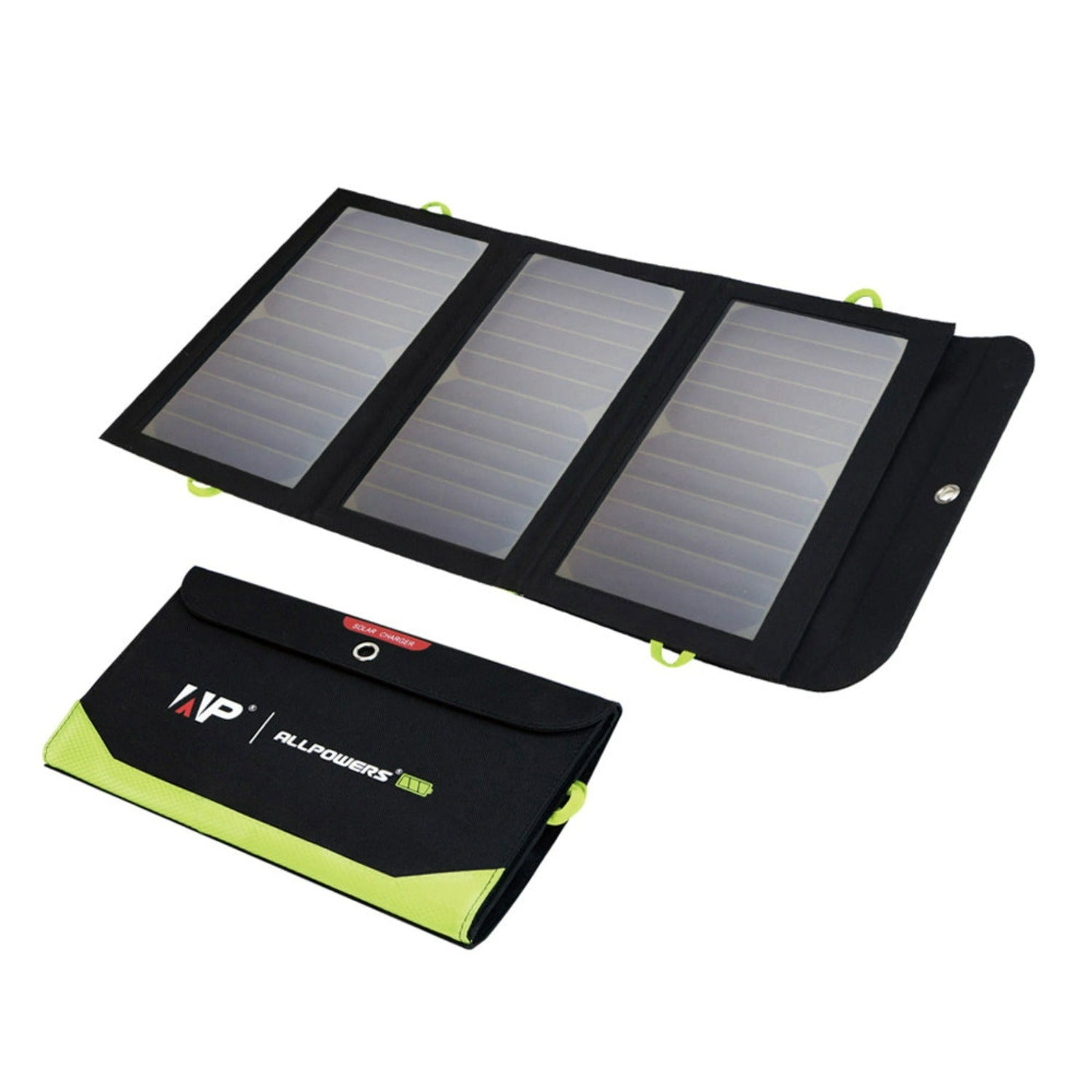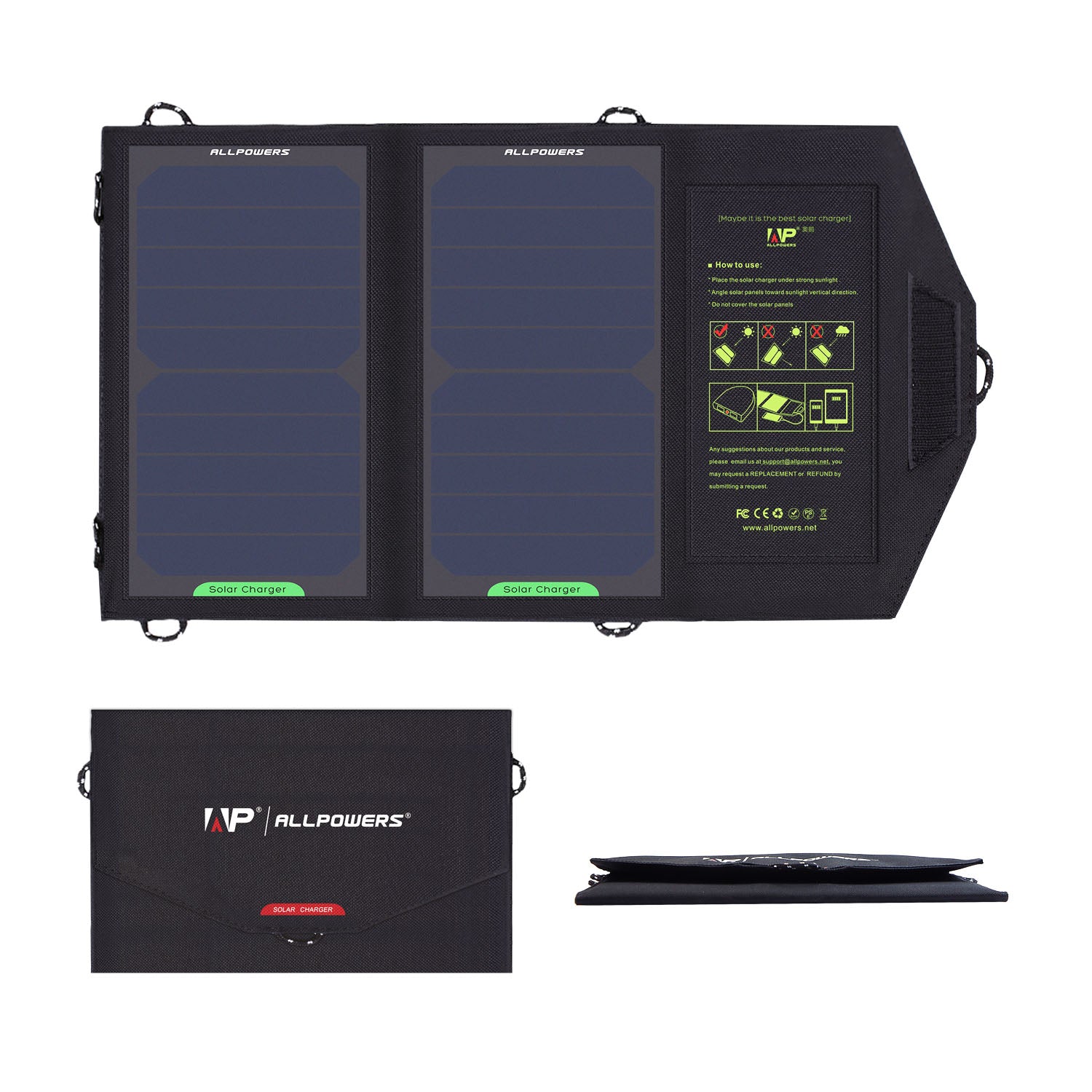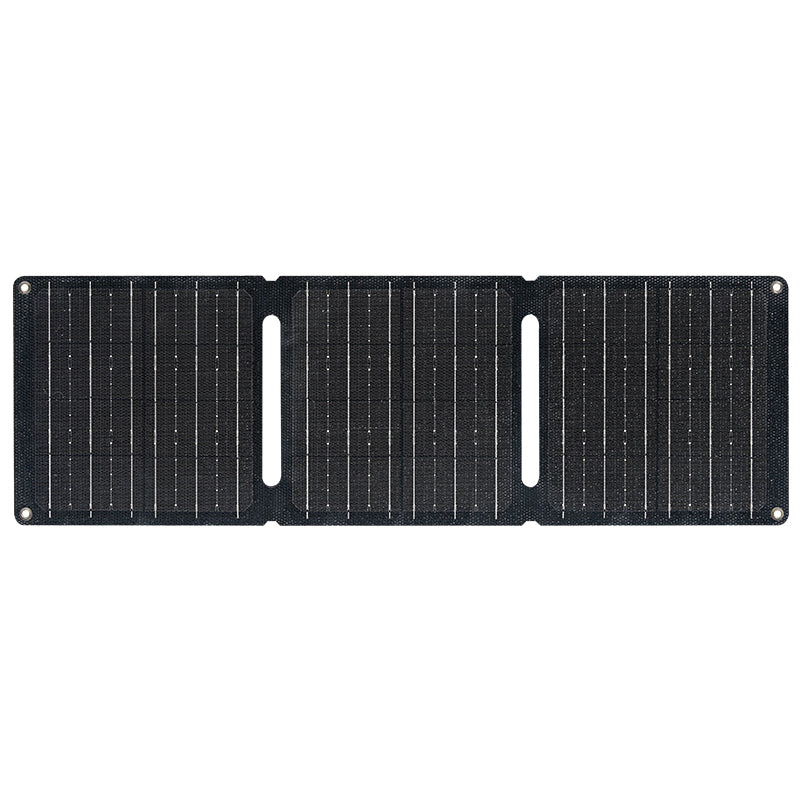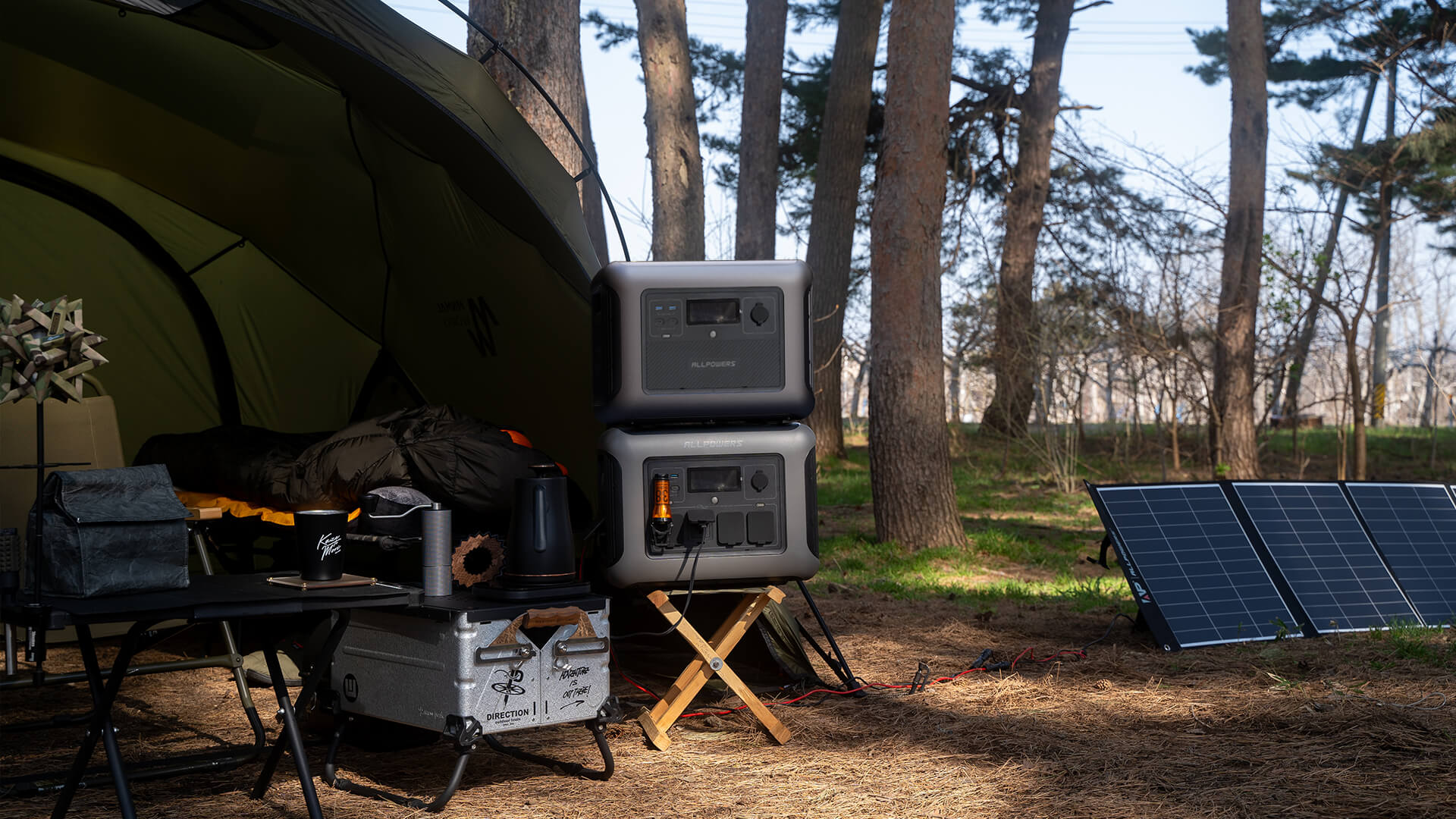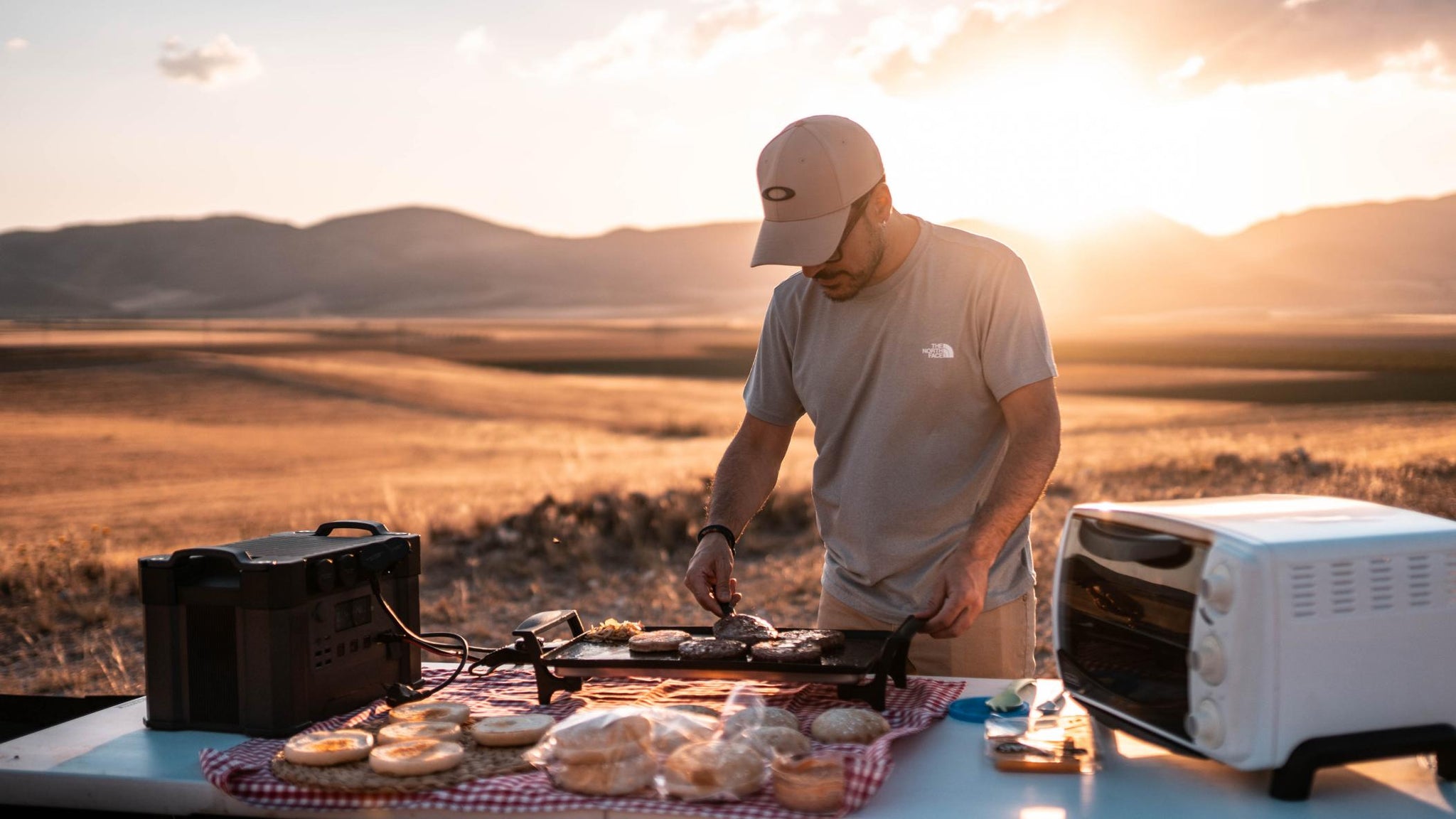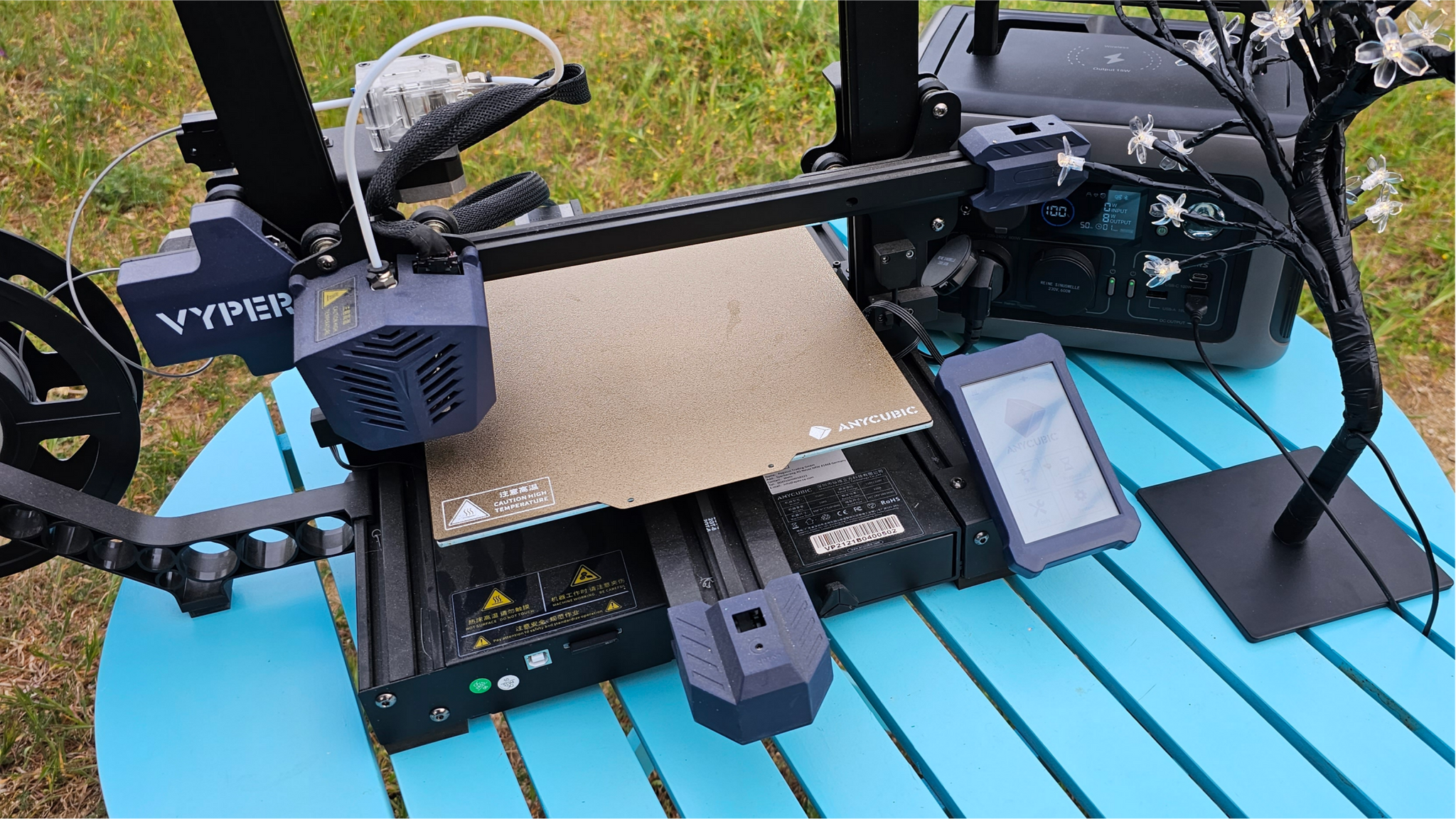There’s something primal and beautiful about camping—the crackling fire, the smell of pine, the satisfying ache in your legs after a long hike.
But somewhere between chasing sunsets and brewing campfire coffee, reality checks in.
Your phone dies. The lantern flickers out. The portable fridge warms up. Suddenly, nature feels a bit too...natural.
That's where portable power stations sneak in as the quiet heroes of modern camping.
They don’t hum like generators or demand gas—just a silent box holding your campsite together.
But are they really worth hauling along on your outdoor adventures?
The Way Camping Has Evolved
Let’s face it—camping used to be about escaping modern life altogether. Roughing it was almost a badge of honor. But now?
People pack solar showers, Bluetooth speakers, portable projectors, and even induction cooktops. Some of that is just tech catching up with wanderlust; some of it’s comfort meeting reality.
After all, no one dreams of missing sunrise because their alarm (read: phone) didn’t charge overnight. Modern camping isn’t a retreat from life—it’s a remix. And in that remix, power matters.
What Does a Portable Power Station Actually Do?
In plain English? It’s a rechargeable battery pack—on steroids.
You might think portable power stations are just for digital nomads or folks who can’t stand to be offline for a minute.
But that’s not it. They’ve become real-world useful for just about everyone—from tent campers to rooftop tent folks, van lifers, overlanders, even the humble weekenders.
Whether you’re topping off your drone battery for a sunrise shot or running a CPAP machine through the night, there’s a practical reason to bring power along.
It doesn’t have to mean scrolling Instagram by the campfire. For a lot of people, it’s about staying safe, fed, and comfortable.
That portable blender for morning smoothies? Yeah, it's not essential—but it sure makes that first sunrise coffee hit different.
And let’s not forget families. If you’ve ever tried camping with kids, you know keeping them warm, entertained, and fed isn’t always easy.
Being able to run a white noise machine or heat a bottle in the middle of nowhere? That’s not luxury. That’s sanity.
Let’s Talk Real-Life Use Cases
A friend of mine took his power station to Joshua Tree last spring. Said it saved his butt more than once.
First, his car battery died at a remote trailhead. Jumper cables weren’t cutting it, but his power station had a 12V output and got the engine going.
Later that night, they used it to power their camp lights, a Bluetooth speaker, and charge two phones—and it still had juice the next morning.
Another camper I met in Yellowstone had a respiratory condition that required a CPAP at night.
Their power station meant they could sleep peacefully miles away from any hookup or lodge. That’s not just comfort—that’s safety and freedom rolled into one.
What About Weight and Portability?
Okay, let’s address the elephant in the tent: they’re not feather-light.
Depending on the size and wattage, you’re looking at something between the weight of a small watermelon and a medium-sized dog.
Not ideal for backcountry trekking, sure. But for car campers, van lifers, and weekend glampers? It's not a dealbreaker—it’s a feature.
Many models now come with sturdy handles, rugged cases, and thoughtful port layouts. Some even have app controls and real-time monitoring.
So while they’re not backpack-friendly, they’re definitely tailgate-tested and trailhead-ready.
Besides, the weight becomes a lot less relevant when it’s replacing five separate chargers, an extension cord, a propane heater, and maybe even a cooler full of melting ice.
What About Environmental Impact?
This one’s easy. Portable power stations beat gas generators by a mile.
No emissions. No fuel spills. No roaring engine disrupting the sound of birdsong at sunrise. They’re basically the cleanest way to bring power into a natural setting without messing with the vibe.
Pair them with solar panels and you’ve got a nearly zero-impact energy loop. That matters—not just for Leave No Trace ethics, but for how future generations will get to enjoy these same spots.
What’s The Catch? (Yeah, there’s always one)
Honestly, a good portable power station isn’t pocket change. Some models can feel like a splurge.
But let’s think bigger picture.
You’re not just buying a gadget—you’re investing in self-sufficiency. That same power station you use on camping weekends?
It works during power outages at home. It powers tailgates, beach days, backyard movie nights, and even tools at an off-grid cabin.
It’s the kind of gear that pays itself off in experiences—and saves you when it matters most.
And when compared to the long-term costs of fuel, generator maintenance, and noise complaints? Suddenly, it feels like a smarter call.
It’s one of the reasons why products like the ALLPOWERS S2000 Pro, with its 2400W output and solar compatibility, have become a staple for seasoned campers. It blends rugged design with serious capacity—perfect for powering everything from a blender to a CPAP to your entire basecamp setup.
So, Are They Worth It?
If you're someone who packs light, hikes hard, and loves the raw, unplugged experience—maybe not.
But if you're like most campers—road trippers, basecamp dwellers, stargazers, digital storytellers, or families trying to keep the trip smooth and the kids fed—then yes. A thousand times yes.
A portable power station doesn’t take away from the camping experience. It enhances it—quietly, reliably, and without fuss. It gives you the flexibility to do more, worry less, and stay out there longer.
And in a world where time off is rare and real rest is even rarer—that’s worth something, isn’t it?


